Voices from the Maine Fishermen's Forum
Capturing and sharing the voices of Maine’s fishing industry helps us protect the heritage that so many coastal Maine residents value. Community memories help us face the future head on, despite its uncertainties.

In 2018, The First Coast partnered with the Maine Fishermen’s Forum, Maine Sea Grant, College of the Atlantic and the Island Institute to collect stories from participants at this annual Maine event. The Fishermen’s Forum gathers thousands of people connected to Maine’s fishing industry, from all walks of life and all sectors of the industry. The stories collected here represent a cross section of Maine’s coastal communities, including its diversity, its grit, and its saltiness.
Thanks especially to interviewees for their time and storytelling, and the Maine Fishermen’s Forum board for welcoming the Airstream mobile recording studio to the Forum.
All content produced collaboratively by The First Coast, Maine Sea Grant, and College of the Atlantic.
Funding provided by the Fund for Maine Islands (a partnership between College of the Atlantic and Island Institute), and Maine Sea Grant.
To explore Selections from the Voices of the Maine Fishermen’s Forum stories, click on pushpins in the map or on the photos below.
 Angus King Brunswick, Maine
Angus King Brunswick, Maine
 Avery Waterman North Haven, Maine
Avery Waterman North Haven, Maine
 Bob + Diane Williams Stonington, Maine
Bob + Diane Williams Stonington, Maine
 Brenda Thomas Rockland, Maine
Brenda Thomas Rockland, Maine
 Bruce Fernald Little Cranberry Island, Maine
Bruce Fernald Little Cranberry Island, Maine
 Congresswoman Chellie Pingree North Haven, Maine
Congresswoman Chellie Pingree North Haven, Maine
 Chris Bartlett Eastport, Maine
Chris Bartlett Eastport, Maine
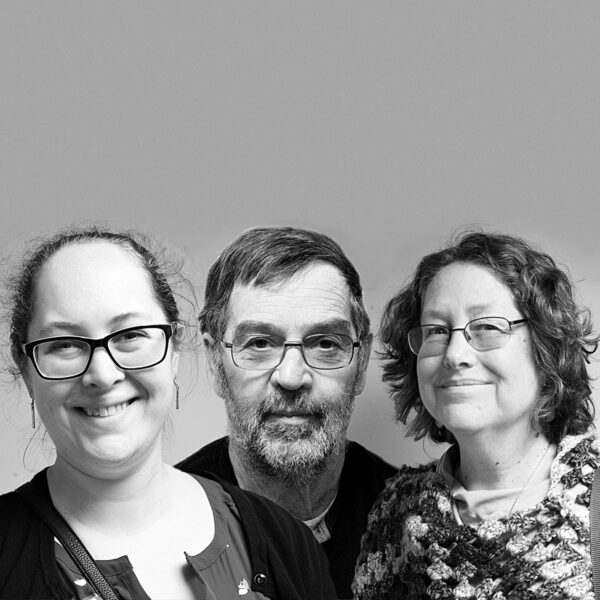 Dave + Cynthia + Emily Thomas Islesford, Maine
Dave + Cynthia + Emily Thomas Islesford, Maine
 Dan Harriman Cape Elizabeth, Maine
Dan Harriman Cape Elizabeth, Maine
 David Myslabodski Rockland, Maine
David Myslabodski Rockland, Maine
 Glenn Robbins Rockland, Maine
Glenn Robbins Rockland, Maine
 John McMillan + Don Wagner Belfast, ME
John McMillan + Don Wagner Belfast, ME
 John Peabody Point Judith, RI
John Peabody Point Judith, RI
 Krista Tripp Spruce Head, Maine
Krista Tripp Spruce Head, Maine
 Leif Albertson Phippsburg, ME
Leif Albertson Phippsburg, ME
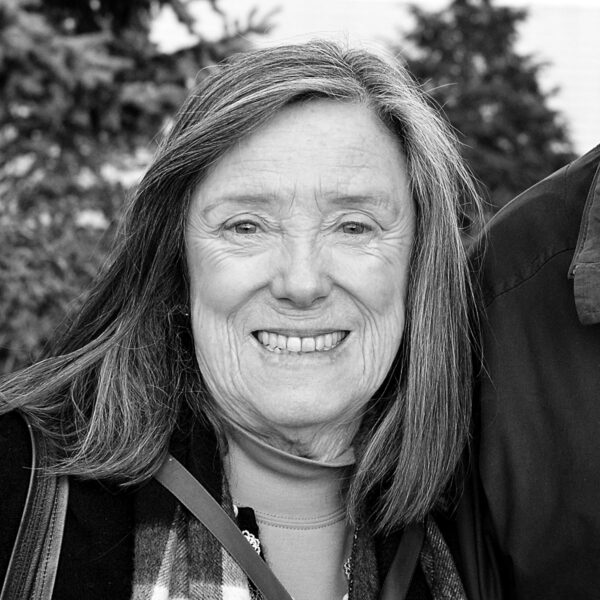 Marcia Beal Brazer Ogunquit, Maine
Marcia Beal Brazer Ogunquit, Maine
 Marina Cucuzza Orono, ME
Marina Cucuzza Orono, ME
 Merritt Carey Yarmouth, ME
Merritt Carey Yarmouth, ME
 Micah Woodcock Stonington, ME
Micah Woodcock Stonington, ME
 Patrick Shepard Stonington, ME
Patrick Shepard Stonington, ME
 Paul Molyneaux Milbridge, ME
Paul Molyneaux Milbridge, ME
 Phoebe Jekielek Rockland, ME
Phoebe Jekielek Rockland, ME
 Richard Nelson Friendship, ME
Richard Nelson Friendship, ME
 Robert Morse Waldoboro, ME
Robert Morse Waldoboro, ME
 Rustin Taylor Somesville, Maine
Rustin Taylor Somesville, Maine
 Sam Ladley Brunswick, ME
Sam Ladley Brunswick, ME
 Steven Holler Boston, MA
Steven Holler Boston, MA
 Tap Pryor Brunswick, Maine
Tap Pryor Brunswick, Maine
 Tyler Childers + Anson Kelley Jonesport, Maine
Tyler Childers + Anson Kelley Jonesport, Maine
 Adam Mistler Washington, DC
Adam Mistler Washington, DC
 Alex DeKoning Bar Harbor, Maine
Alex DeKoning Bar Harbor, Maine
 Anne Hayden Brunswick, Maine
Anne Hayden Brunswick, Maine
 Bobby Ingalls + Reggie Lee Bucks Harbor and Westport Island, Maine
Bobby Ingalls + Reggie Lee Bucks Harbor and Westport Island, Maine
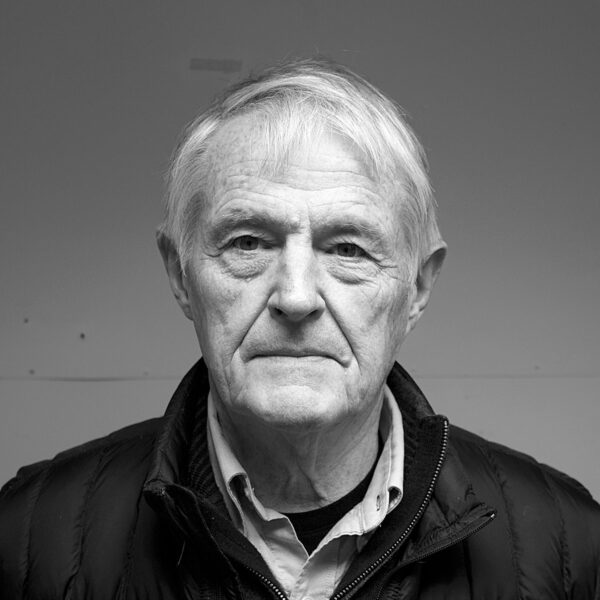 Bruce Bourque Freeport, Maine
Bruce Bourque Freeport, Maine
 Butch Harris Eastport, Maine
Butch Harris Eastport, Maine
 Chris Petersen Bar Harbor, Maine
Chris Petersen Bar Harbor, Maine
 Cormac Hondros-McCarthy Lowell, Massachusetts
Cormac Hondros-McCarthy Lowell, Massachusetts
 Dana Morse Walpole, Maine
Dana Morse Walpole, Maine
 Daniel Devereaux Brunswick, Maine
Daniel Devereaux Brunswick, Maine
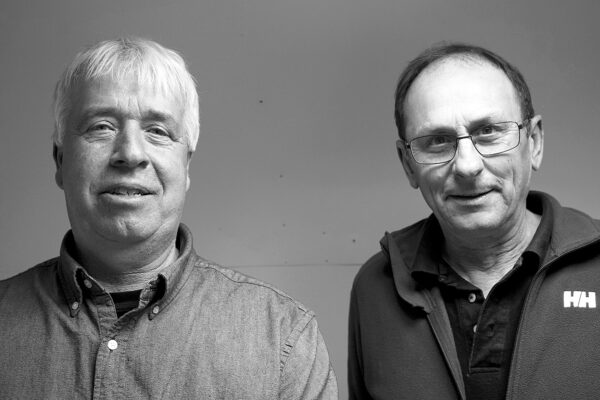 Dave Cousens + Edwin McKie South Thomaston, Maine and Souris, PEI
Dave Cousens + Edwin McKie South Thomaston, Maine and Souris, PEI
 Freda + Edwin McKie Souris, PEI
Freda + Edwin McKie Souris, PEI
 Hallie Arno Lincolnville, Maine
Hallie Arno Lincolnville, Maine
 Herb Carte, Jr. Deer Isle, Maine
Herb Carte, Jr. Deer Isle, Maine
 Jessica Erchard + Rebecca Weil Cooperstown, NY
Jessica Erchard + Rebecca Weil Cooperstown, NY
 John Cox Jonesboro, Maine
John Cox Jonesboro, Maine
 John Mitchell + Joseph Evangelista + Jamie Campbell + Steven Kenney
John Mitchell + Joseph Evangelista + Jamie Campbell + Steven Kenney
 Kyle Pepperman Jonesboro, Maine
Kyle Pepperman Jonesboro, Maine
 Marc Hoffman New York City, NY
Marc Hoffman New York City, NY
 Mary Beth Tooley
Mary Beth Tooley
 Mike Flanagan
Mike Flanagan
 Parker Gassett Rockland, Maine
Parker Gassett Rockland, Maine
 Paul Anderson Winterport, Maine
Paul Anderson Winterport, Maine
 Phillip Conkling
Phillip Conkling
 Rodman Sykes Point Judith, RI
Rodman Sykes Point Judith, RI
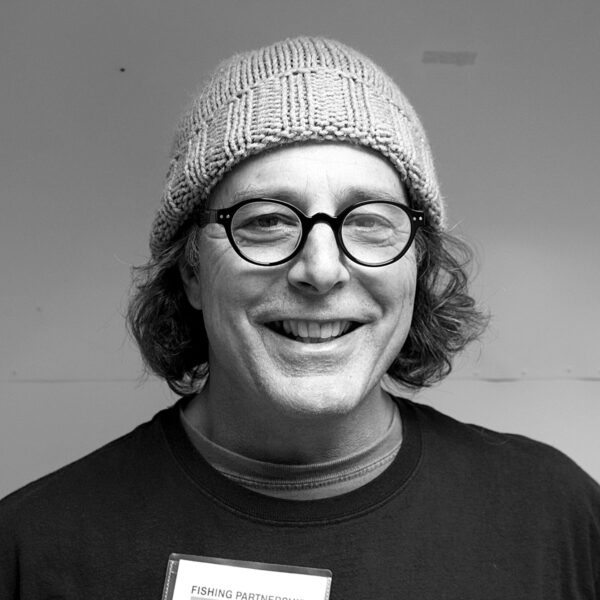 Russell Kingman Chatham, MA
Russell Kingman Chatham, MA
 Sam Belknap Damariscotta, Maine
Sam Belknap Damariscotta, Maine
 Sarah Madronal
Sarah Madronal
 Sonya Corbett Cutler, Maine
Sonya Corbett Cutler, Maine
 Steve Burns Bar Harbor, Maine
Steve Burns Bar Harbor, Maine
 Tim Sheehan Pembroke, Maine
Tim Sheehan Pembroke, Maine
 Toby Stephenson Ellsworth, Maine
Toby Stephenson Ellsworth, Maine
 Tom Duym
Tom Duym
 Valerie Peacock Bar Harbor, Maine
Valerie Peacock Bar Harbor, Maine
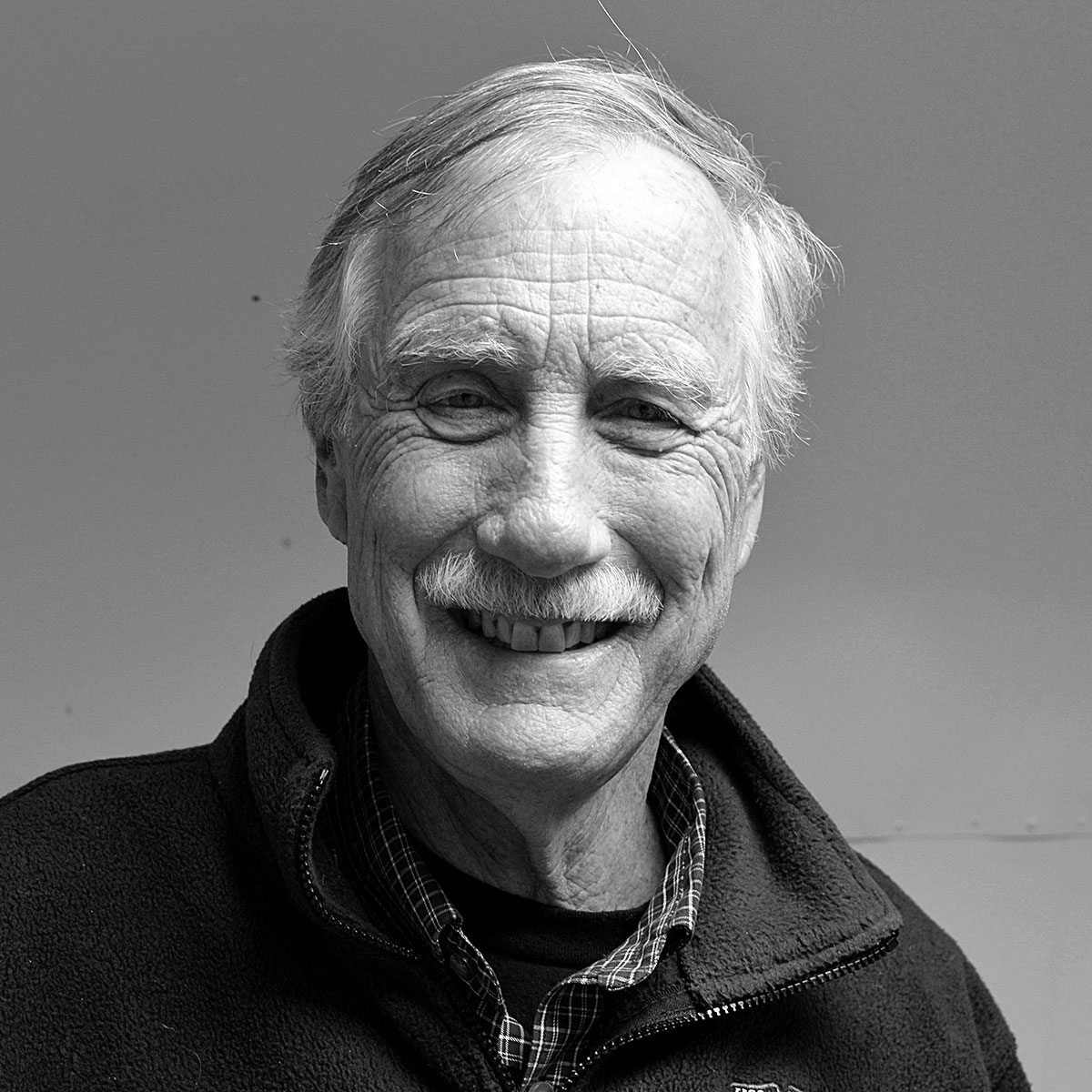
Angus King Brunswick, Maine
Angus King, a United States senator from Brunswick, ME, speaks about the community of Maine and the cross-section of challenges and interests that are represented by people who attend the Maine Fishermen’s Forum. He focuses on the upcoming changes that the Maine community will need to face such as the recent Canadian trade deal with Europe, the Gray Zone, and climate change.
Interviewed by Galen Koch and Teagan White at the Maine Fishermen's Forum 2018.
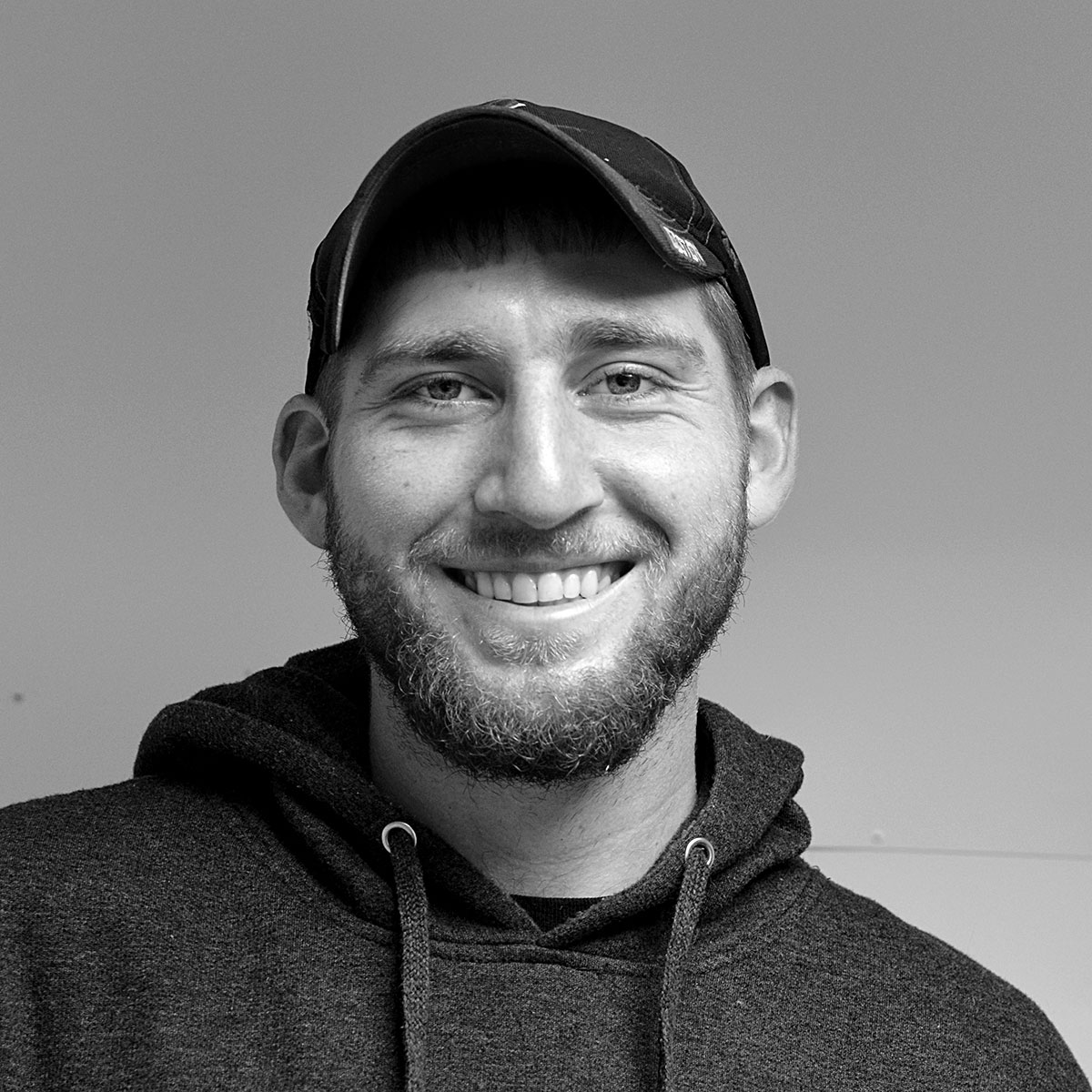
Avery Waterman North Haven, Maine
Avery Waterman, a 20-year-old lobsterman from North Haven, ME, speaks about working and living on the island, highlighting his current concerns of the impacts of government decisions related to the lobster fishery, and the reality of commercial fishing in North Haven.
Interviewed by Natalie Springuel with Katie Clark at the 2018 Maine Fishermen's Forum.
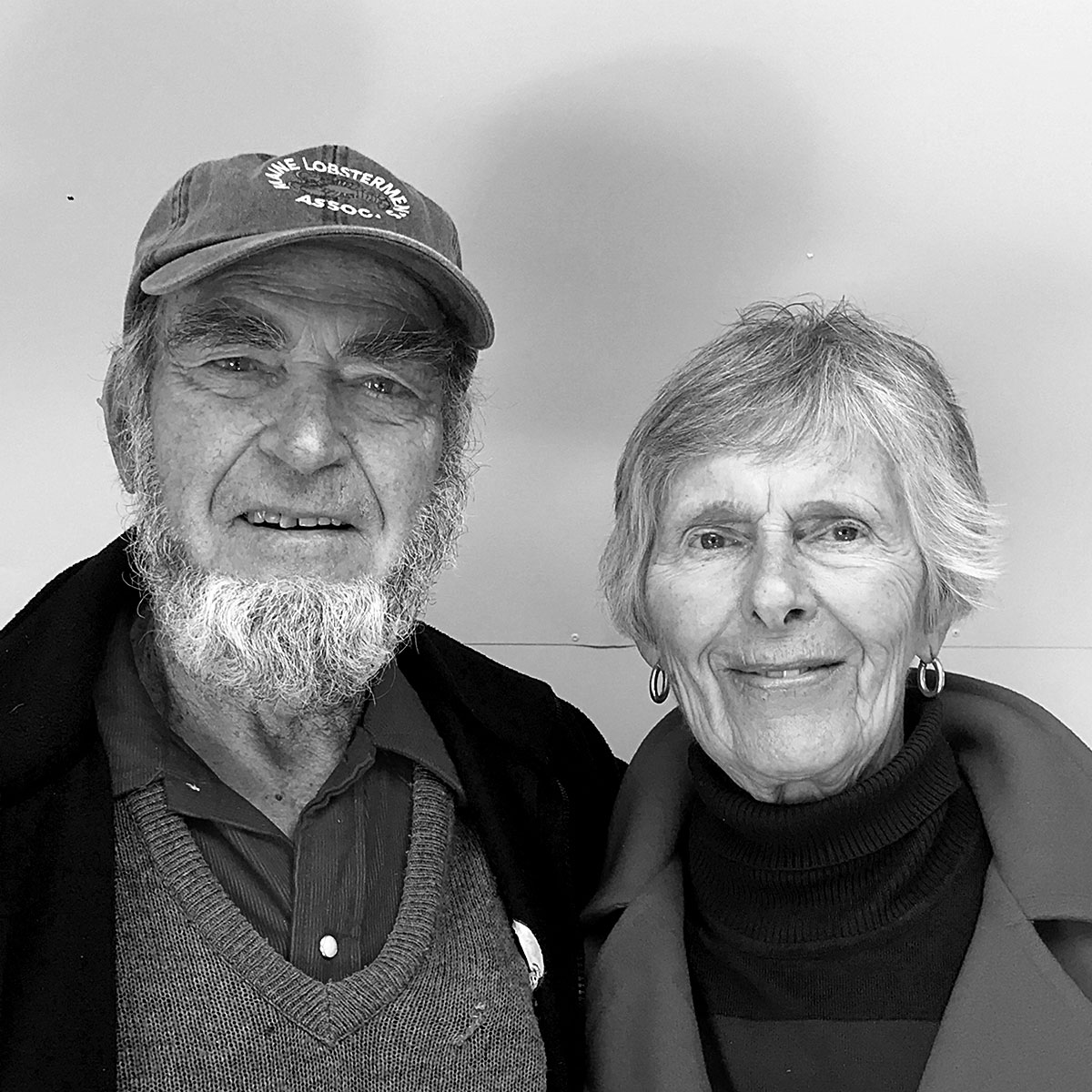
Bob + Diane Williams Stonington, Maine
Bob Williams, a lobsterman, and his wife, Diane Williams, live in Stonington, ME and first met at the Fishermen’s Forum 38 years ago. They return every year for their anniversary. In the story, they describe meeting for the first time and the changes they've witnessed in their small island community.
Interviewed by Galen Koch at the Maine Fishermen's Forum in 2018.
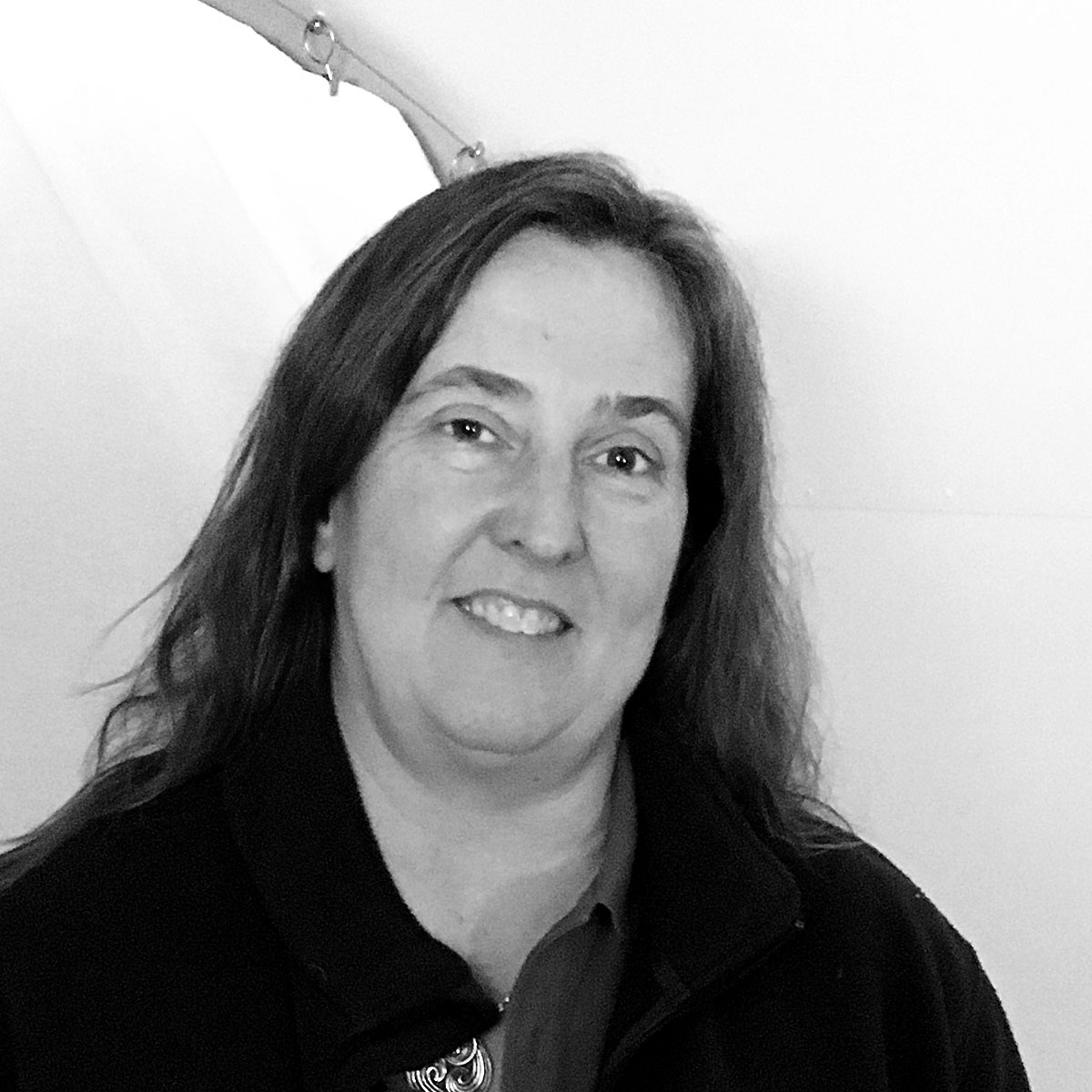
Brenda Thomas Rockland, Maine
Brenda Thomas, a schooner boat captain from Rockland, ME, sails traditionally on national historic landmark schooners such as the S/V Isaac Evans. Thomas, as someone who has spent two decades on the water, speaks about her spectrum of positive and negative experiences of fishermen interacting with the boating communities. She discusses the consistent financial support tourism boat businesses such as hers provide to the lobster industry, the actions she has taken to make sure she does not jeopardize fishermen’s gear, and the coexistence of two groups of people trying to make a living in a similar manner, the fishermen and the tourism boats.
Interviewed by Natalie Springuel at the Maine Fishermen’s Forum, 2018.
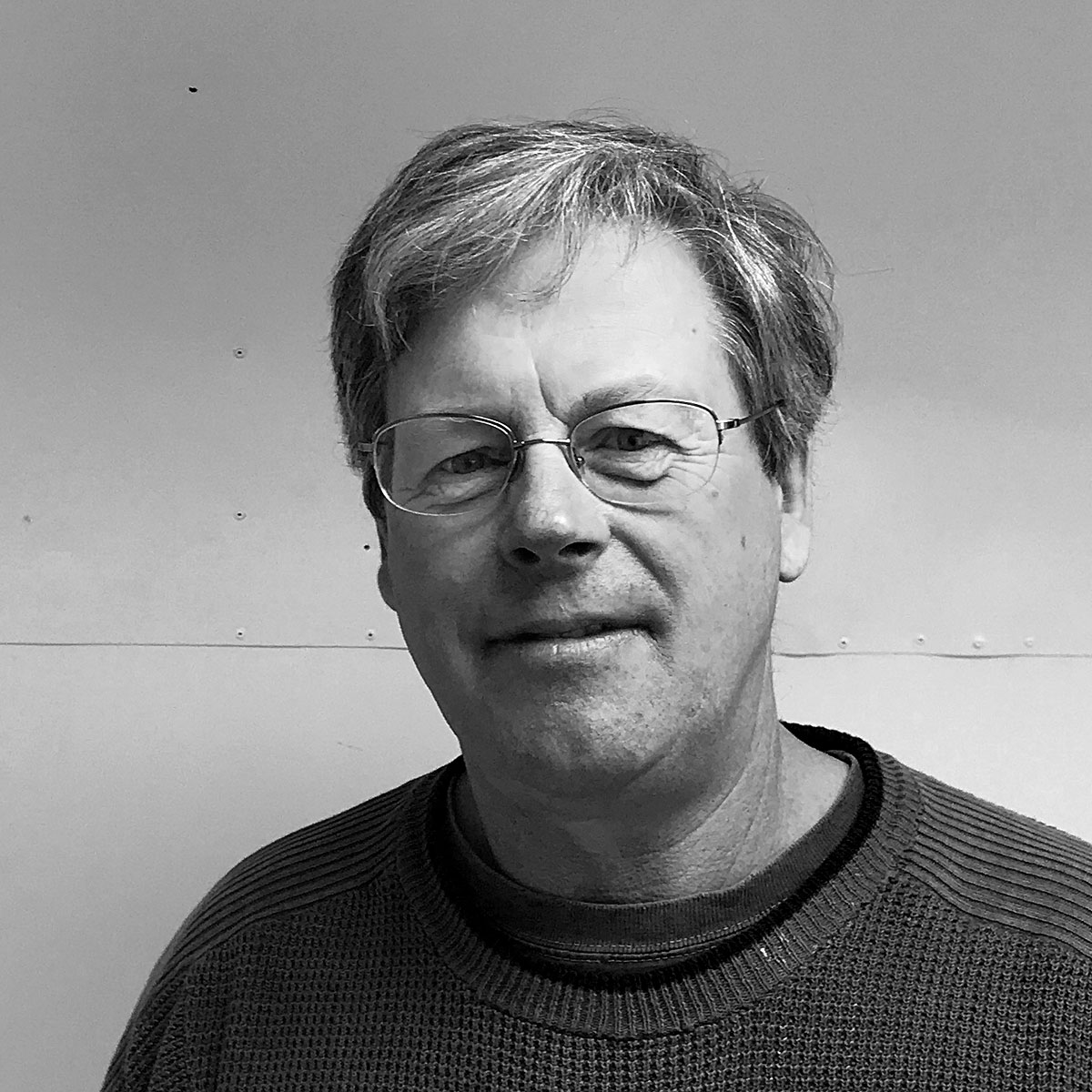
Bruce Fernald Little Cranberry Island, Maine
Bruce Fernald, a lobsterman from Little Cranberry Island, ME, speaks about his concerns for the future of his island community and the Maine lobster industry. Fernald talks about how none of the young people in his family want to fish and that six generations of lobster fishing will end with this generation. He speaks about his collaborations with scientists to understand how lobsters respond to changes in temperature, to be prepared for future changes in the fishery.
Interviewed by Galen Koch at the Maine Fishermen's Forum in 2018.
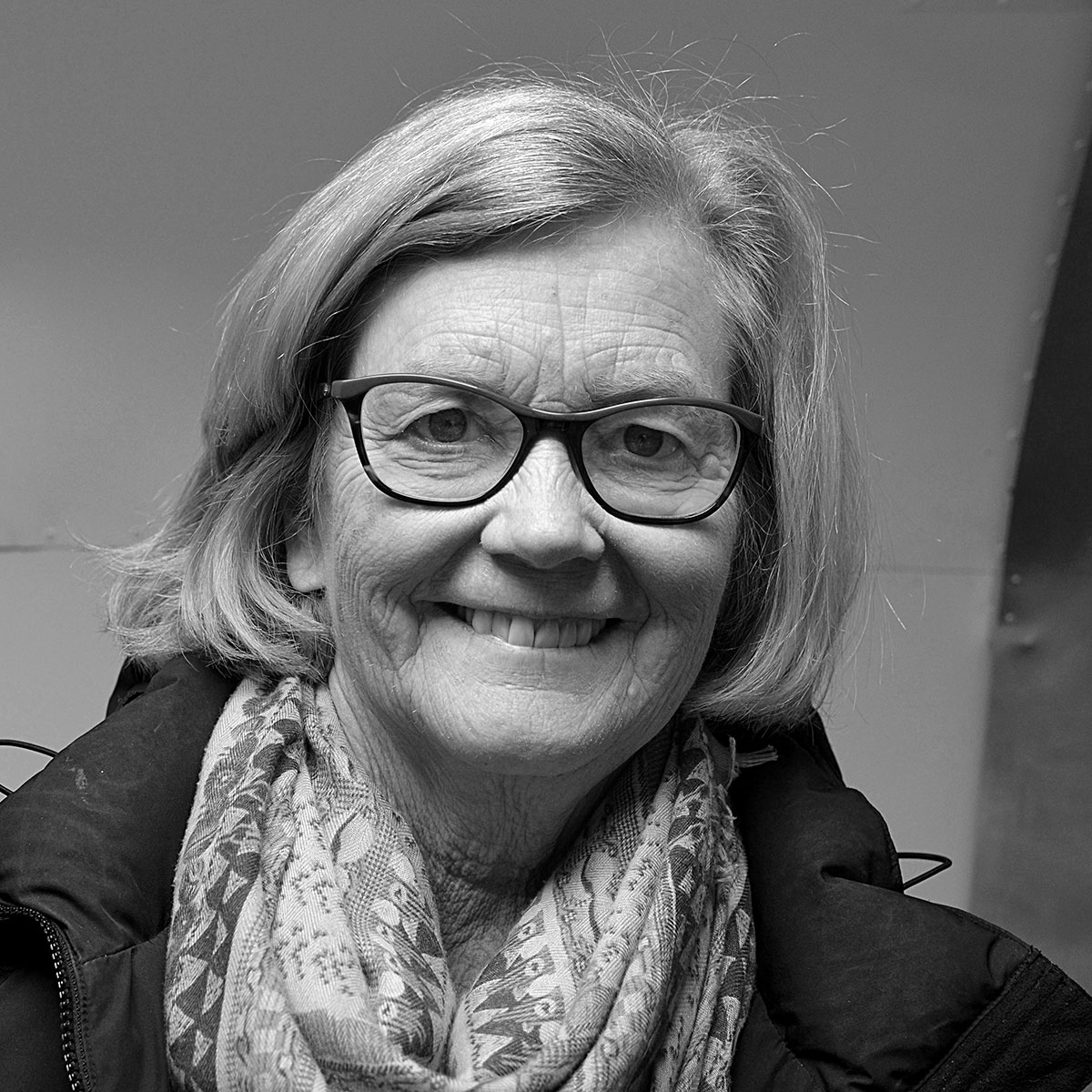
Congresswoman Chellie Pingree North Haven, Maine
Chellie Pingree, a United States congresswoman from North Haven, ME, speaks about her work speaking to local lobstermen and how this yearʼs conversations have focused on concerns about the future of the fisheries with warming temperatures. She describes her own concerns for the future of her island community and the values and necessities of island life.
Interviewed by Galen Koch at the Maine Fishermen's Forum in 2018.
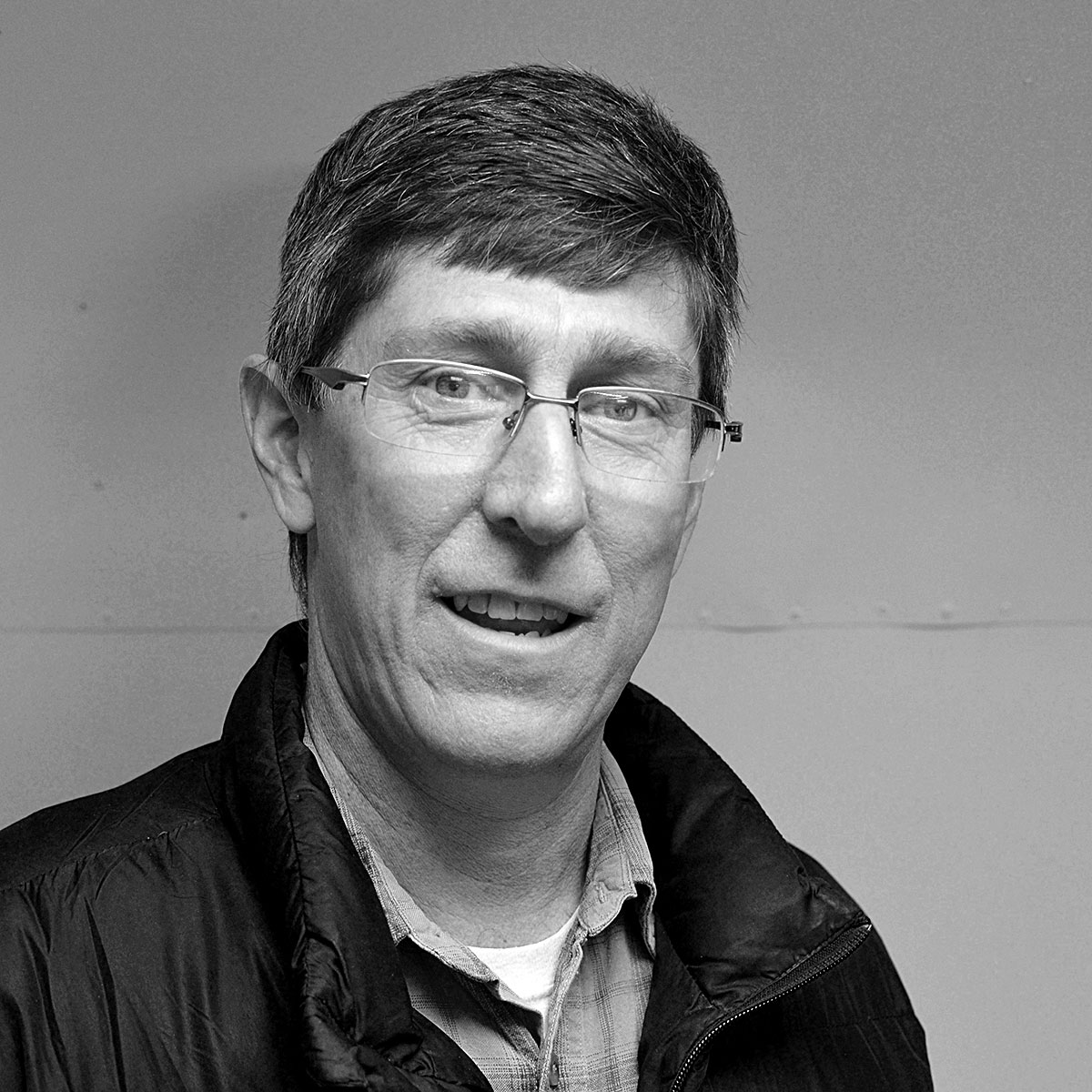
Chris Bartlett Eastport, Maine
Chris Bartlett is a marine extension associate with the University of Maine Sea Grant and lives in Eastport, ME. His work has focused on commercial fishing and aquaculture, and in this interview he speaks the economic and social changes he has witnessed in East- port, as well as his experience learning from handliners and ground fishermen in the 1980s.
Interviewed by Matt Frassica at the 2018 Maine Fishermen's Forum in Rockland, Maine.
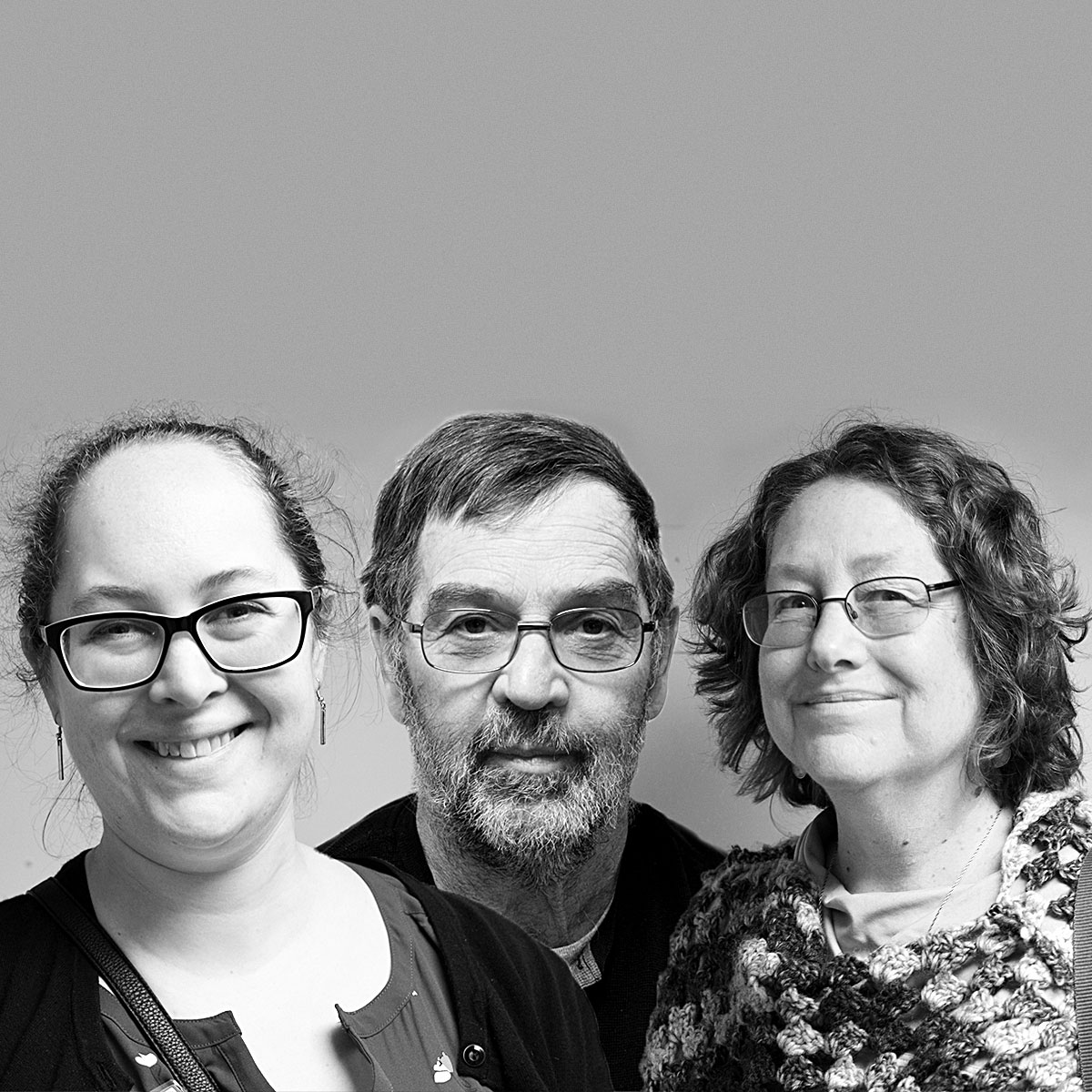
Dave + Cynthia + Emily Thomas Islesford, Maine
David Thomas is a retired school teacher and lobsterman, Cynthia works at the island library, and their daughter Emily attended college and now works in Nova Scotia, CA, though she grew up on the Cranberry Islands. They speak about the diversification of jobs on Islesford, and shifts theyʼve witnessed both on the island and on the water.
Interviewed by Matt Frassica and Teagan White at the Maine Fisherman's Forum in 2018.
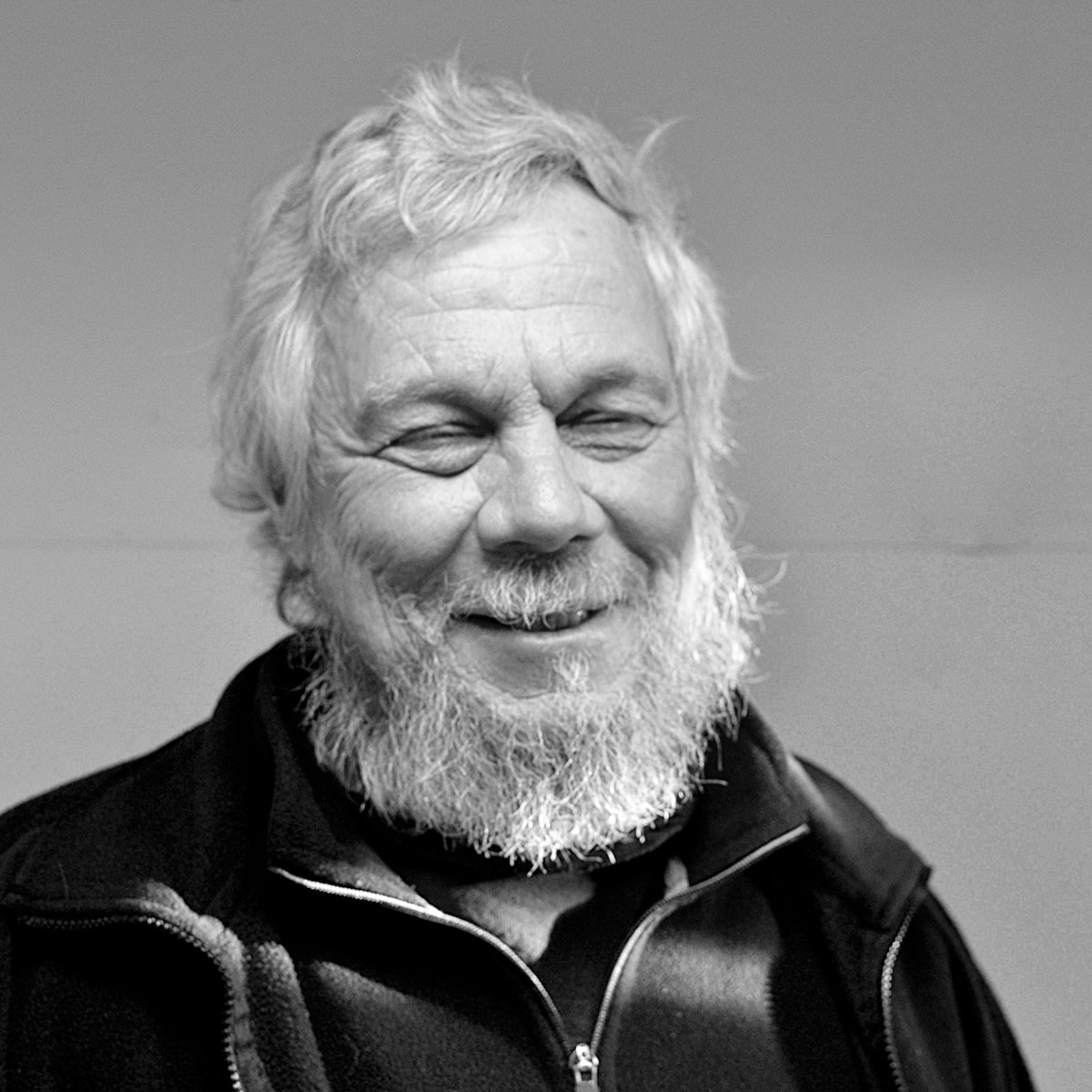
Dan Harriman Cape Elizabeth, Maine
Dan Harriman is a fisherman who operates the stateʼs last mackerel weir in Cape Elizabeth, ME. He speaks about his experience fishing and discusses the issues he sees in the fishing industry. He believes that it is possible to fish sustainably and that the challenges stem from knowledge not being passed between generations and suggests that change needs to come from the bottom up.
Interviewed by Galen Koch with Patrick Shepard at the Maine Fishermen's Forum in 2018.
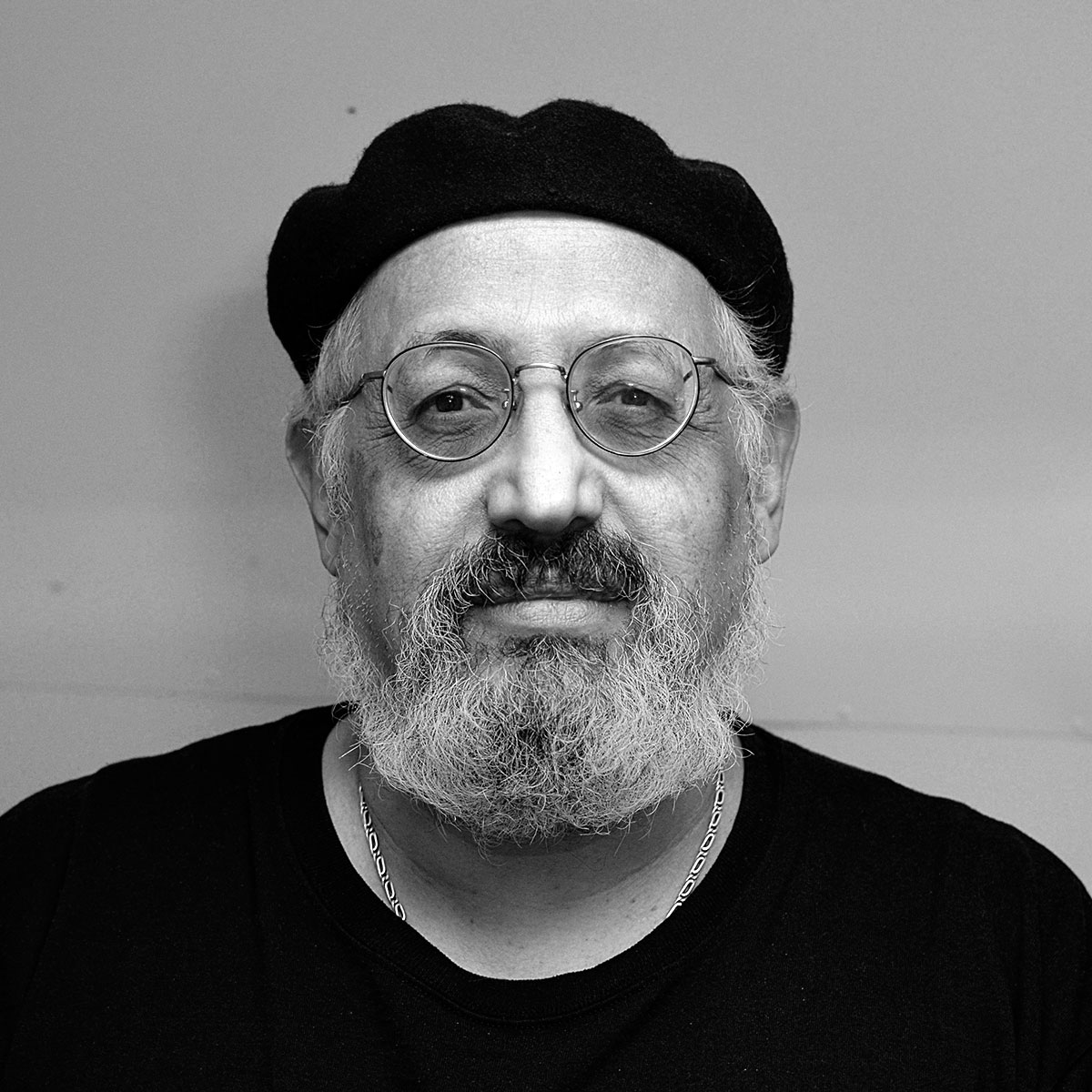
David Myslabodski Rockland, Maine
David Myslabodski, who was born in Mexico, lived in Israel, and is currently living in Rockland, ME, is a seaweed consultant. He describes his efforts to improve the quality and cost-effectiveness of growing and processing seaweeds and speaks in detail about the economy, demand, production, and tensions in and around the seaweed industry in Maine.
Interviewed by Galen Koch at the Maine Fishermen's Forum in 2018.
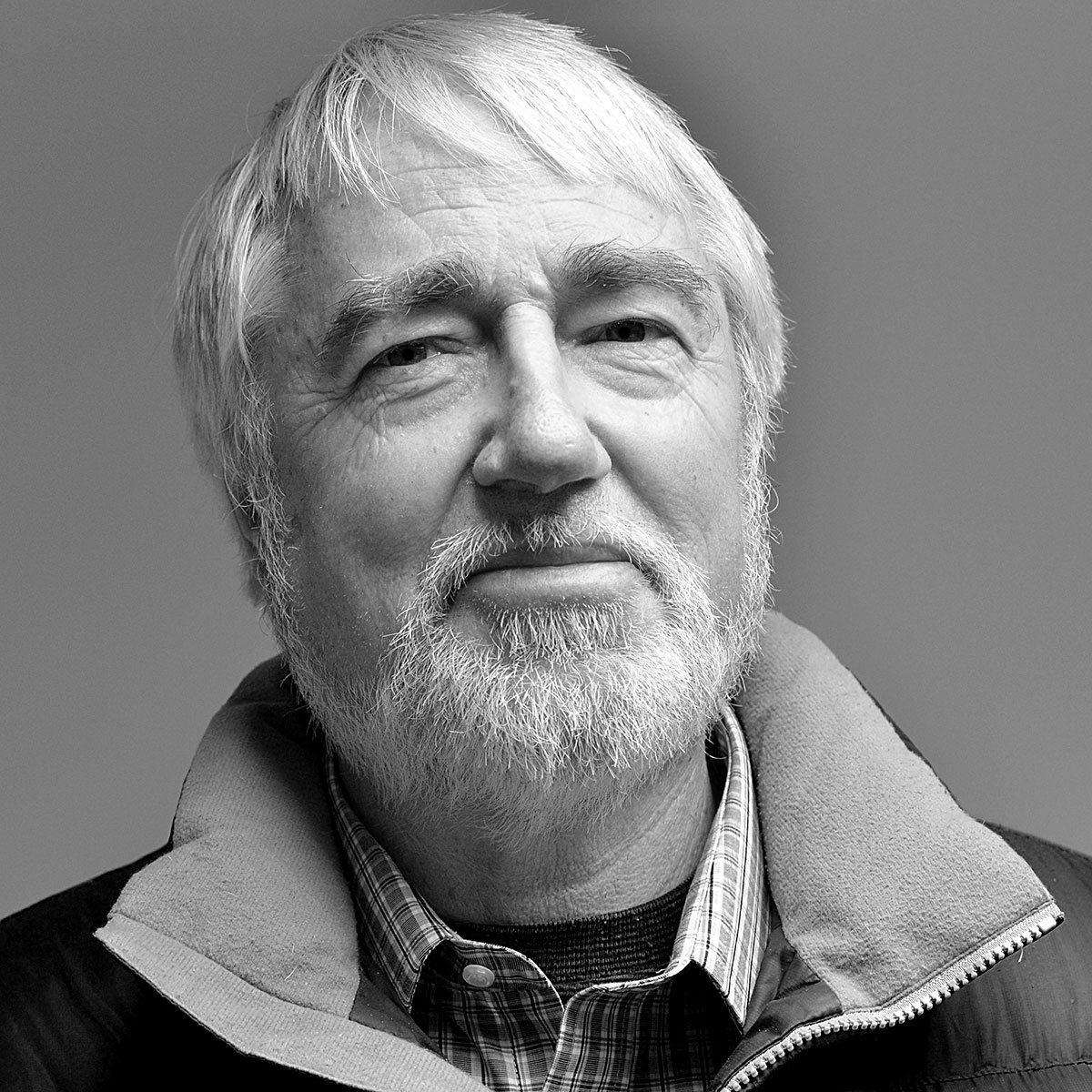
Glenn Robbins Rockland, Maine
Glenn Robbins is a herring and lobster fisherman out of Rockland, ME. He has extensive experience on the sea as he started fishing when he was 12 years old. He compares purse seining and trawling and talks about their effects on marine ecosystems. Robbins also speaks about the changes, as well as the rises and falls, in the fisheries over the past 60 years. Robbins emphasizes how important it is to fish sustainably and protect fishing grounds.
Interviewed by Natalie Springuel at the Maine Fishermen’s Forum, 2018.
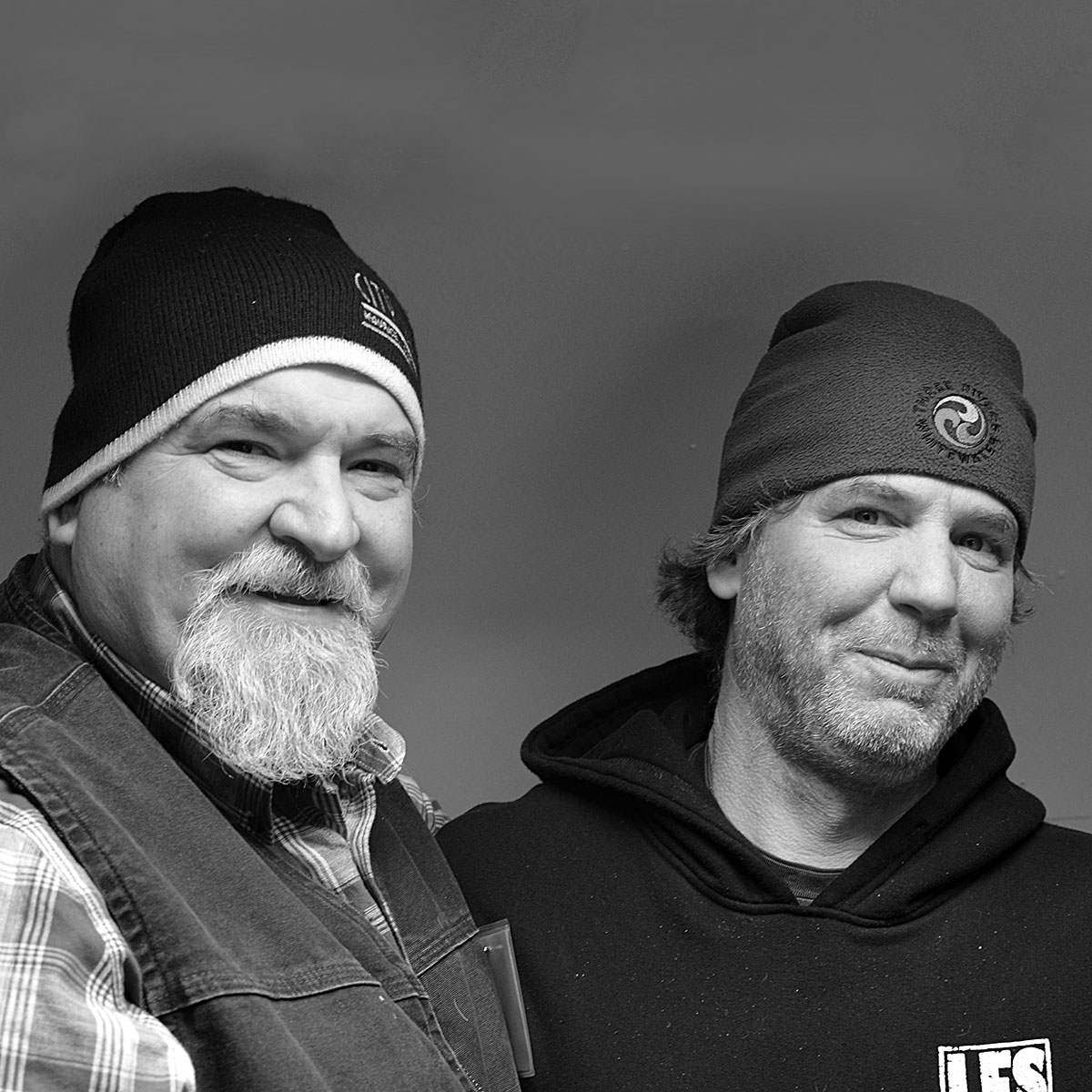
John McMillan + Don Wagner Belfast, ME
John McMillan, the owner of McMillan Offshore Survival Training and resident of Belfast, ME, and Don Wagner, one of his employees, offer the Drill Conductor Course to lobstermen. Both focus on the importance of safety training in the lobster industry and how the culture of safety training in the fisheries has shifted over time.
Interviewed by Matt Frassica and Kaitlyn Clark at the Maine Fishermen's Forum in 2018.
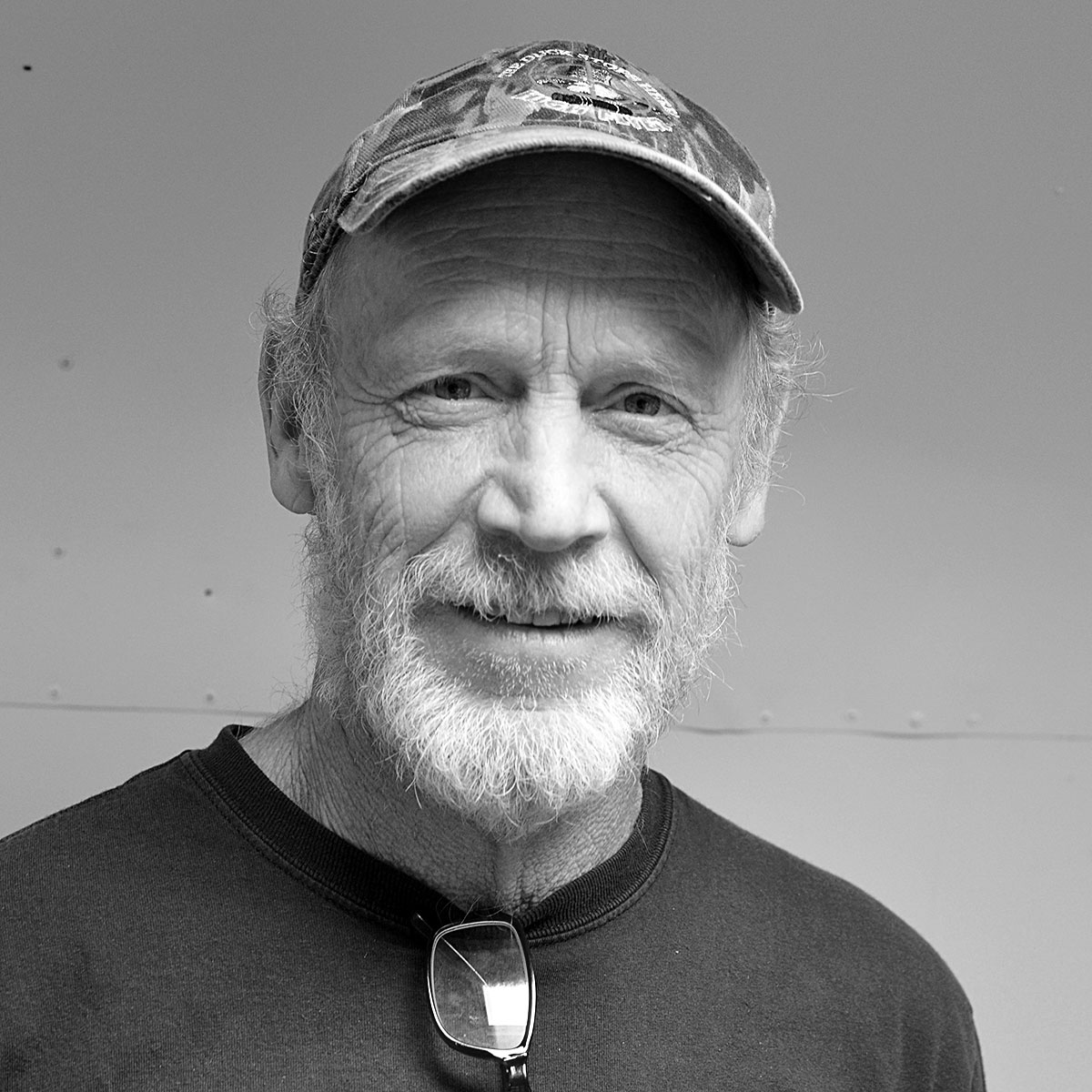
John Peabody Point Judith, RI
John Peabody is an offshore lobsterman, although he maintains licenses for many species, out of Point Judith, RI. He is an owner/operator of a boat that goes out on multi-day fishing trips. He focuses heavily on the importance of fishing for a diversity of species and his frustration with there being too many regulations and too much paperwork to maintain each permit. He also speaks about his satisfaction in proving scientists wrong when they are not willing to listen to fishermen’s observations. He works to collect data with other fishermen in southern New England to provide a broader dataset on species in the region.
Interviewed by Galen Koch and Kaitlyn Clark at the Maine Fishermen's Forum in 2018.
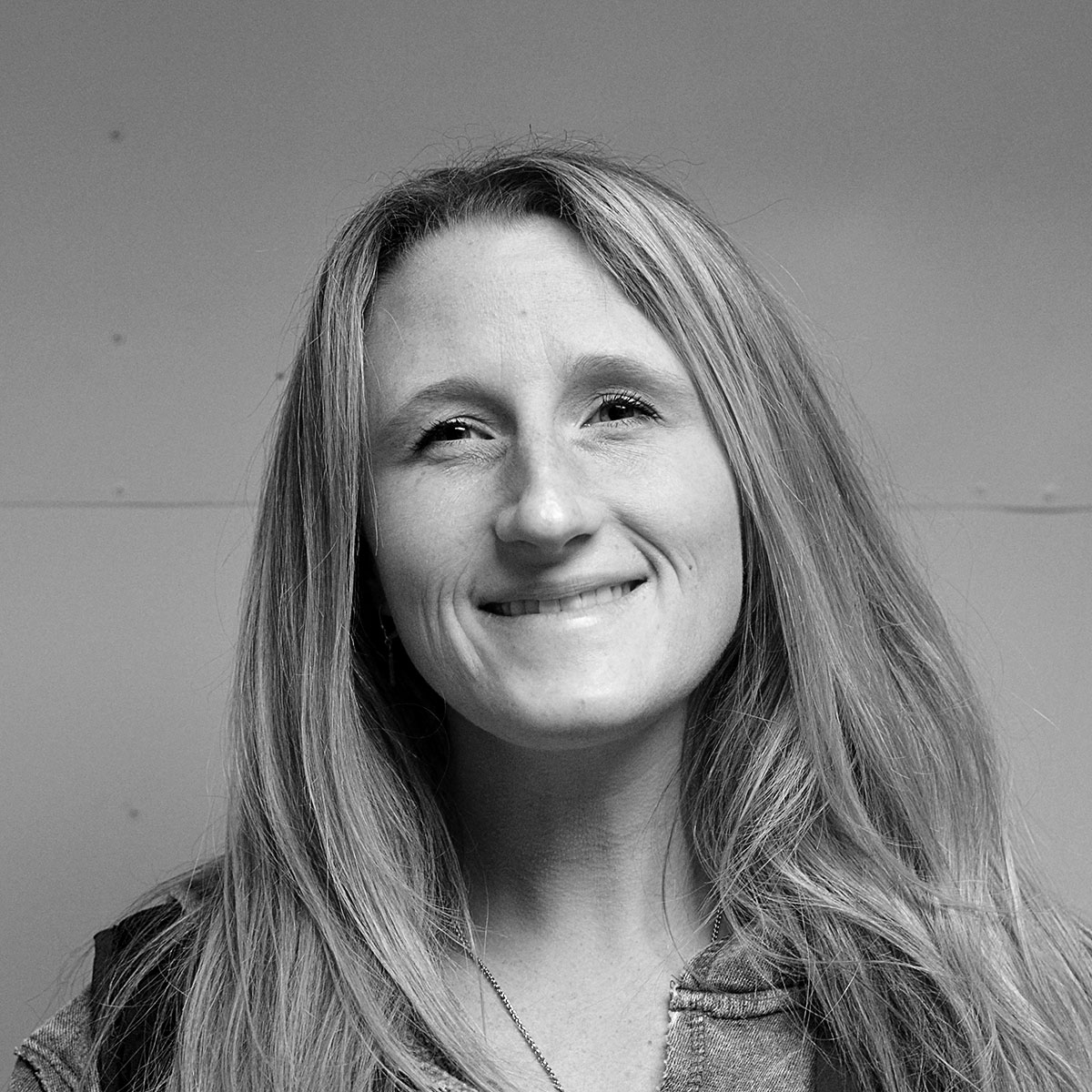
Krista Tripp Spruce Head, Maine
Krista Tripp, a lobsterman from Spruce Head, ME, speaks about her experiences fishing and how her grandfather supported her desire to become a lobsterman. She addresses the realities of being a woman working on the water and her excitement at seeing more female fishermen working on boats.
Interviewed by Matt Frassica and Teagan White at the Maine Fishermen's Forum in 2018.
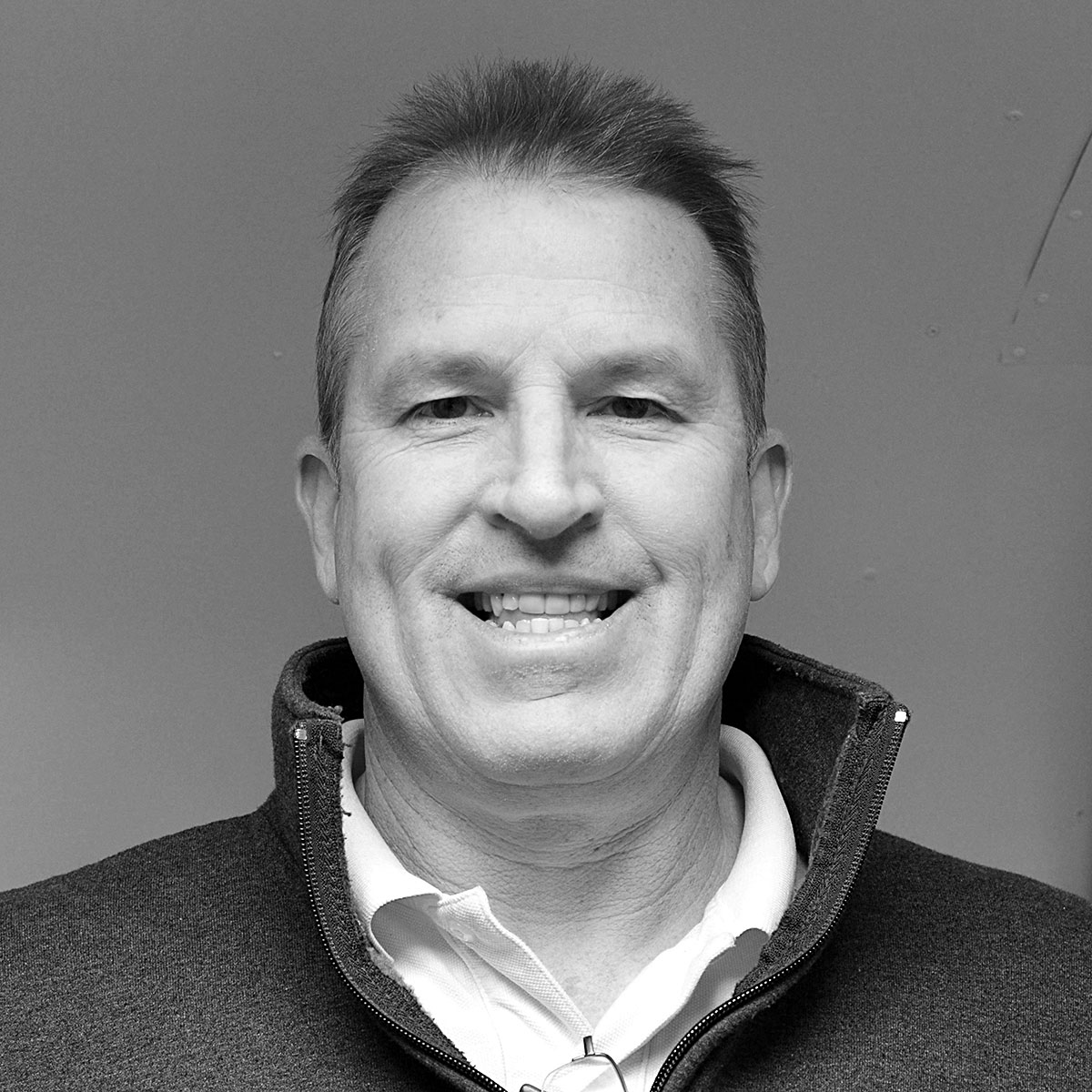
Leif Albertson Phippsburg, ME
Leif Albertson is an IT project manager who lives in Phippsburg, ME, and has a recreational fishing boat. His family has a long history of commercial fishing in Maine, and he moved his family to Maine to be closer to that heritage. He speaks about the challenges that the Phippsburg community is facing, and the changes that he has witnessed on the coast.
Interviewed by Matt Frassica and Kaitlyn Clark at the Maine Fishermen's Forum in 2018.
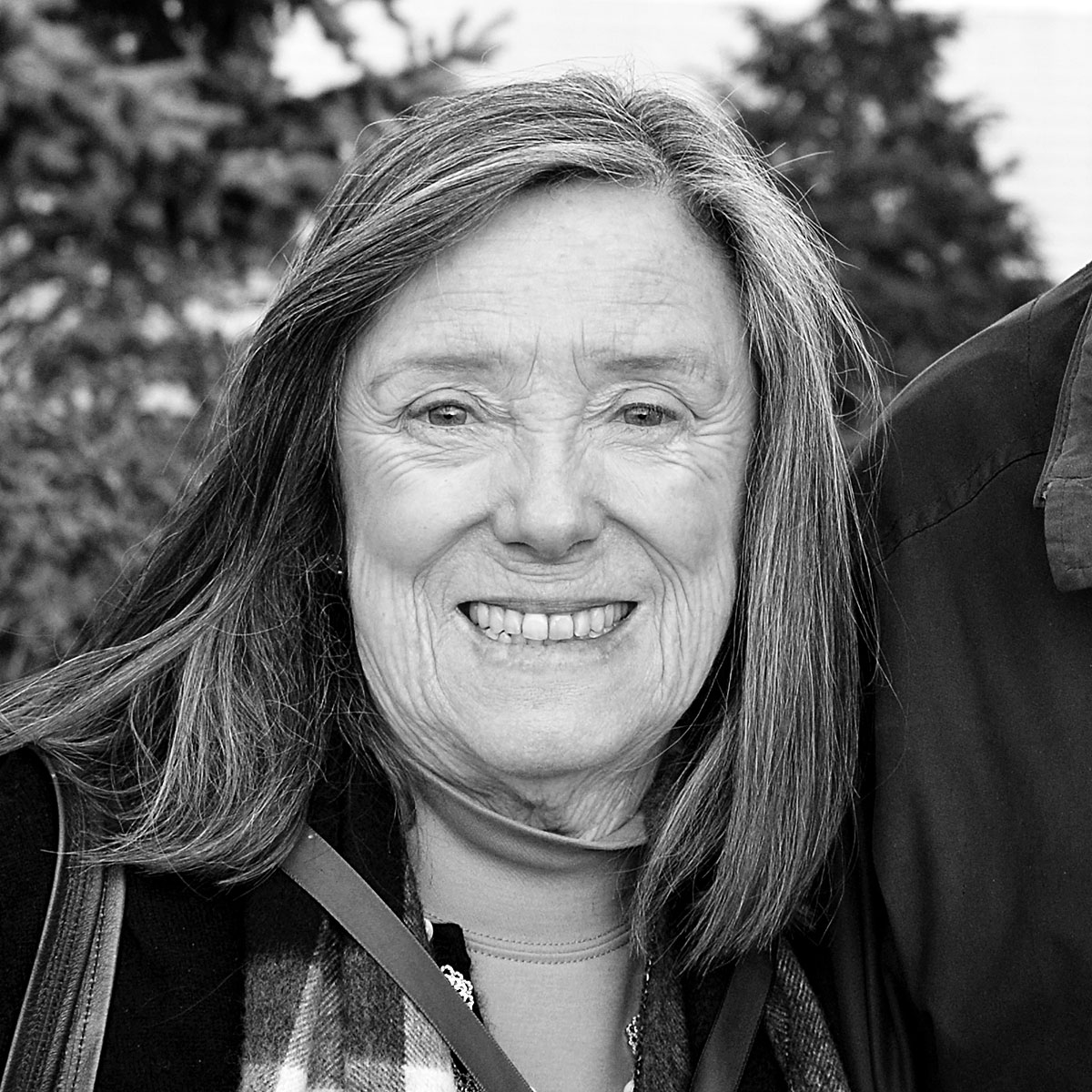
Marcia Beal Brazer Ogunquit, Maine
Marcia Beal Brazer, from Ogunquit, ME, shares a personal story about her husband Norman Brazer, a lobsterman, who got tangled in a lobster buoy rope and fell overboard while fishing near Boon Island, ME. N. Brazer was lucky that he was carrying a knife and was able to untangle himself; however, when he surfaced, he could not find his boat. Luckily, another lobsterman, Mark Sewell, noticed N. Brazer’s body floating and took him to the hospital. After three rounds of CPR, N. Brazer finally responded. He is still a lobsterman. M. Brazer emphasizes how important it is for lobstermen to carry a knife and be able to swim. She reminds everyone to “treasure every single minute and to be grateful for what you have.”
Interviewed by Matt Frassica and Corina Gribble at the Maine Fishermen’s Forum, 2018.
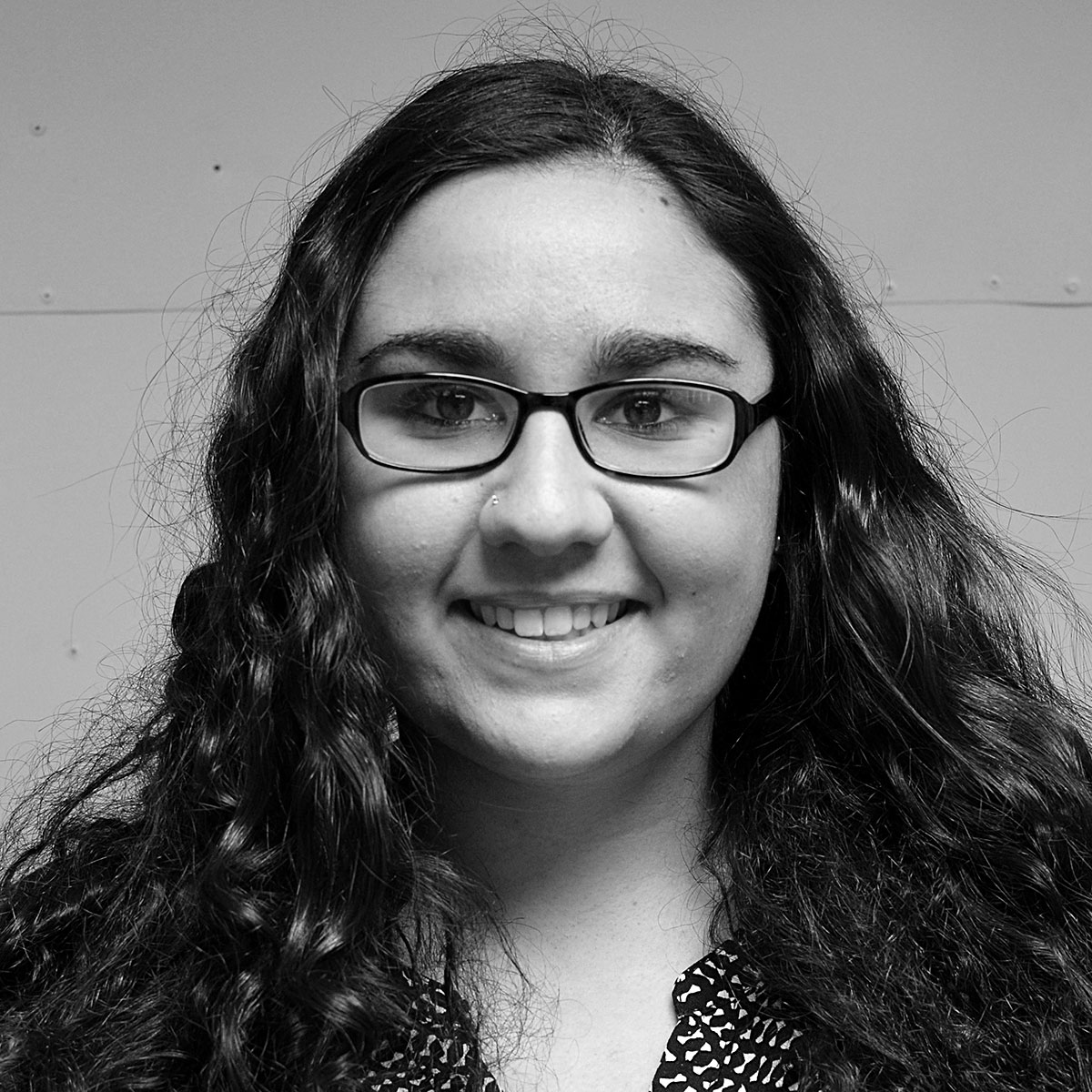
Marina Cucuzza Orono, ME
Marina Cucuzza, a marine researcher from Boston, MA, is currently working on her thesis which assesses the capacity for sustainability in coastal communities. She talks about her experiences working with communities to come up with resiliency plans to allow Mainers to face future challenges with confidence.
Interviewed by Matt Frassica and Corinna Gribble at the Maine Fishermen's Forum in 2018.
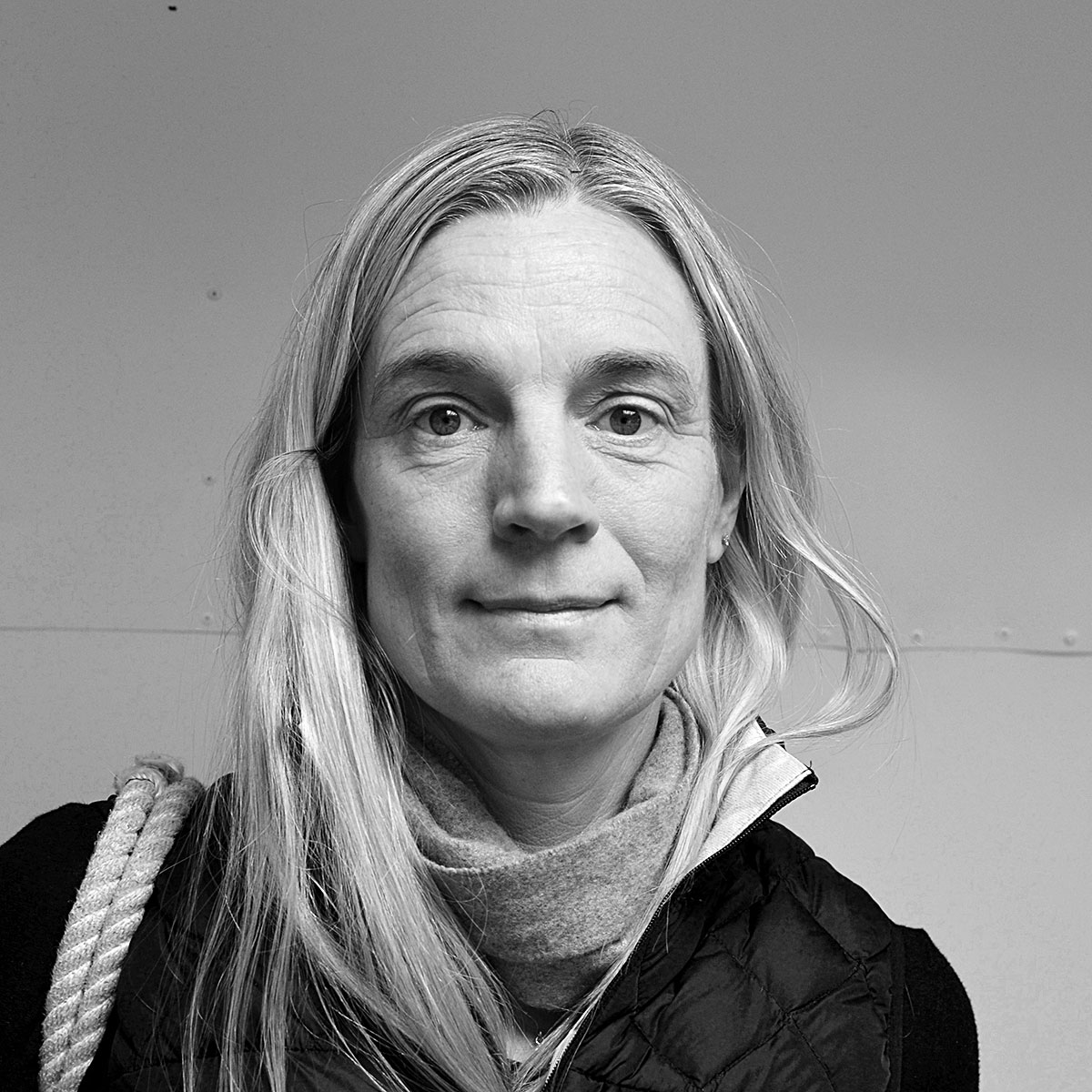
Merritt Carey Yarmouth, ME
Merritt Carey lives in Yarmouth, Maine and grew up summering on the Maine coast. In this interview, she recounts her experiences as a child in Tenant’s Harbor. As an adult, Merritt worked with Luke Holden and other community members to found the Tenant’s Harbor Lobster Co-op. She explains how her first summer job helped make that collaboration possible.
Interviewed by Galen Koch at the Maine Fishermen's Forum in 2018.
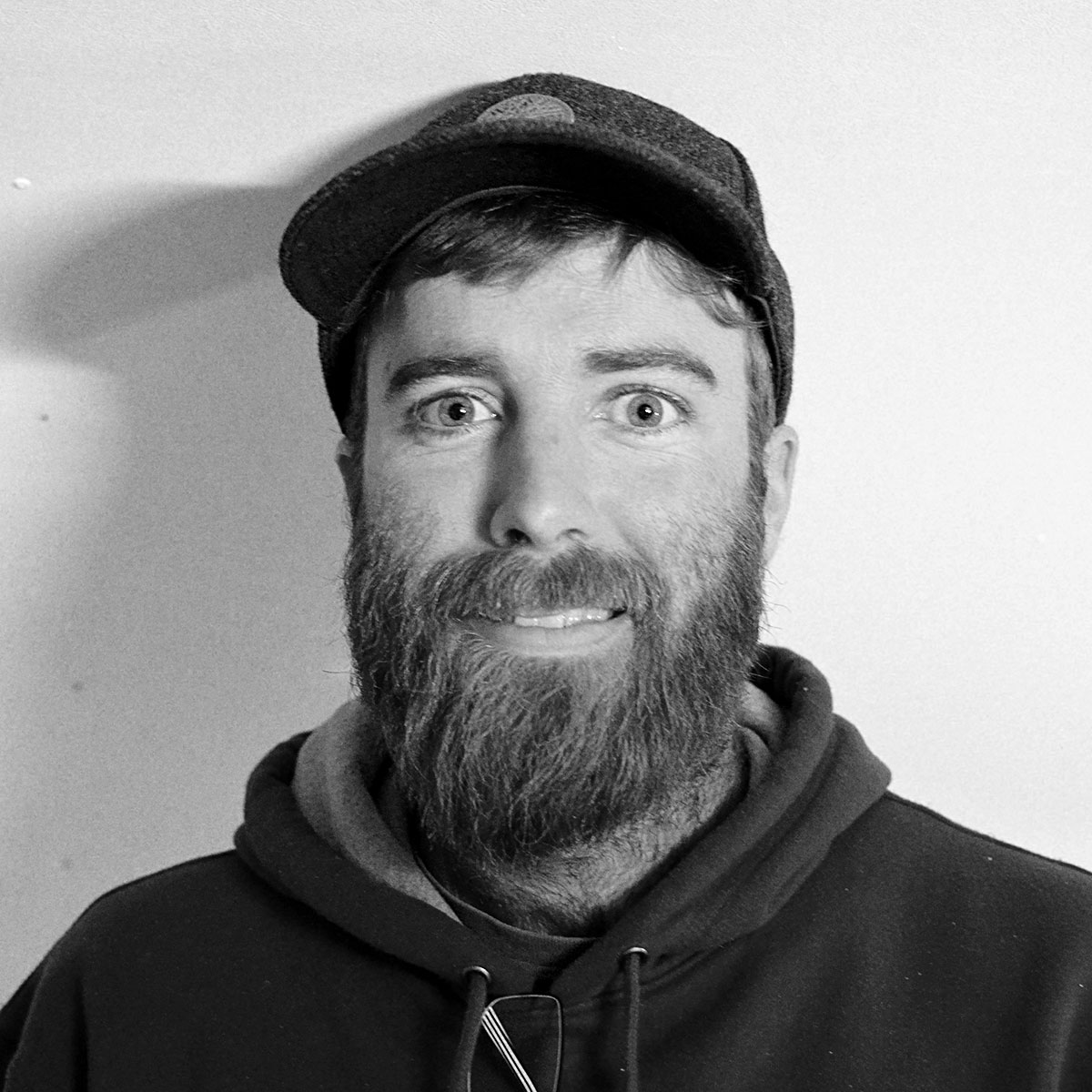
Micah Woodcock Stonington, ME
Micah Woodcock, a wild seaweed harvester from Stonington, ME, speaks about the reality of the practical, personal, and community sides of harvesting wild seaweed. He discusses his experiences in Maine and his opinions of the future of the seaweed industry and the people influenced by this business.
Interviewed by Galen Koch at the Maine Fishermen’s Forum, 2018.
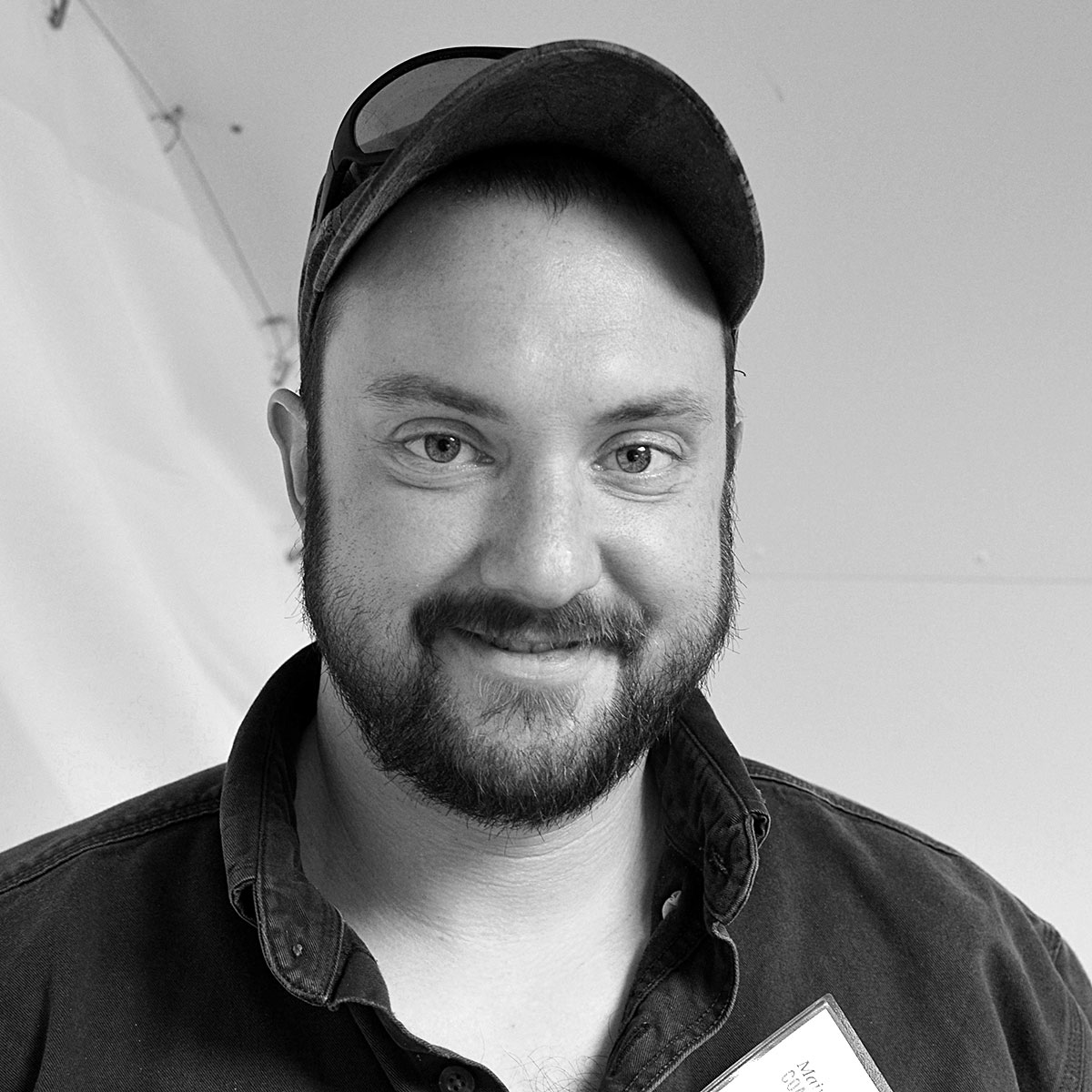
Patrick Shepard Stonington, ME
Pat Shepard works for the Maine Center for Coastal Fisheries and was born in Stonington, ME. He talks about his experiences growing up in a fishing family and lobstering with his brother from a very young age. He also speaks about the changes he sees in his hometown and what the future of fishing in Maine might hold, particularly in finding ways to make more money from a smaller amount of high quality product. In his current position, he works with fishermen to improve their markets and opportunities, and he ends by sharing a success story in the limited groundfish fishery.
Interviewed by Galen Koch with Katie Clark at the Maine Fishermen’s Forum, 2018.
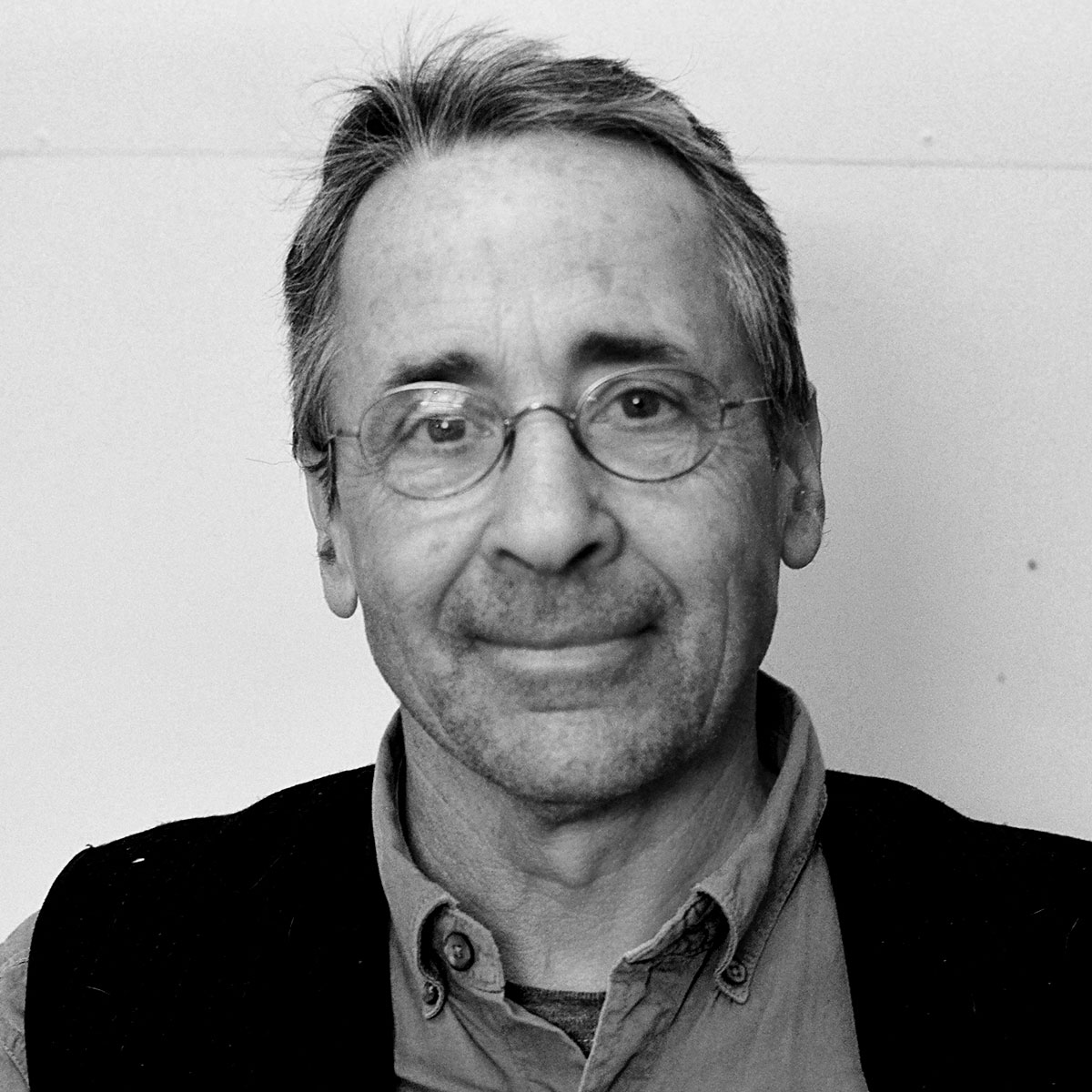
Paul Molyneaux Milbridge, ME
Paul Molyneaux, an author, journalist, and former urchin harvester and fisherman from Milbridge, ME, speaks about the capitalism and economics of the fishing industry. In this excerpt, he speaks about his experiences harvesting periwinkle snails and diving for sea urchins as well as participating in the governance of the sea urchin fishery.
Interviewed by Matt Frassica at the Maine Fishermen's Forum 2018.
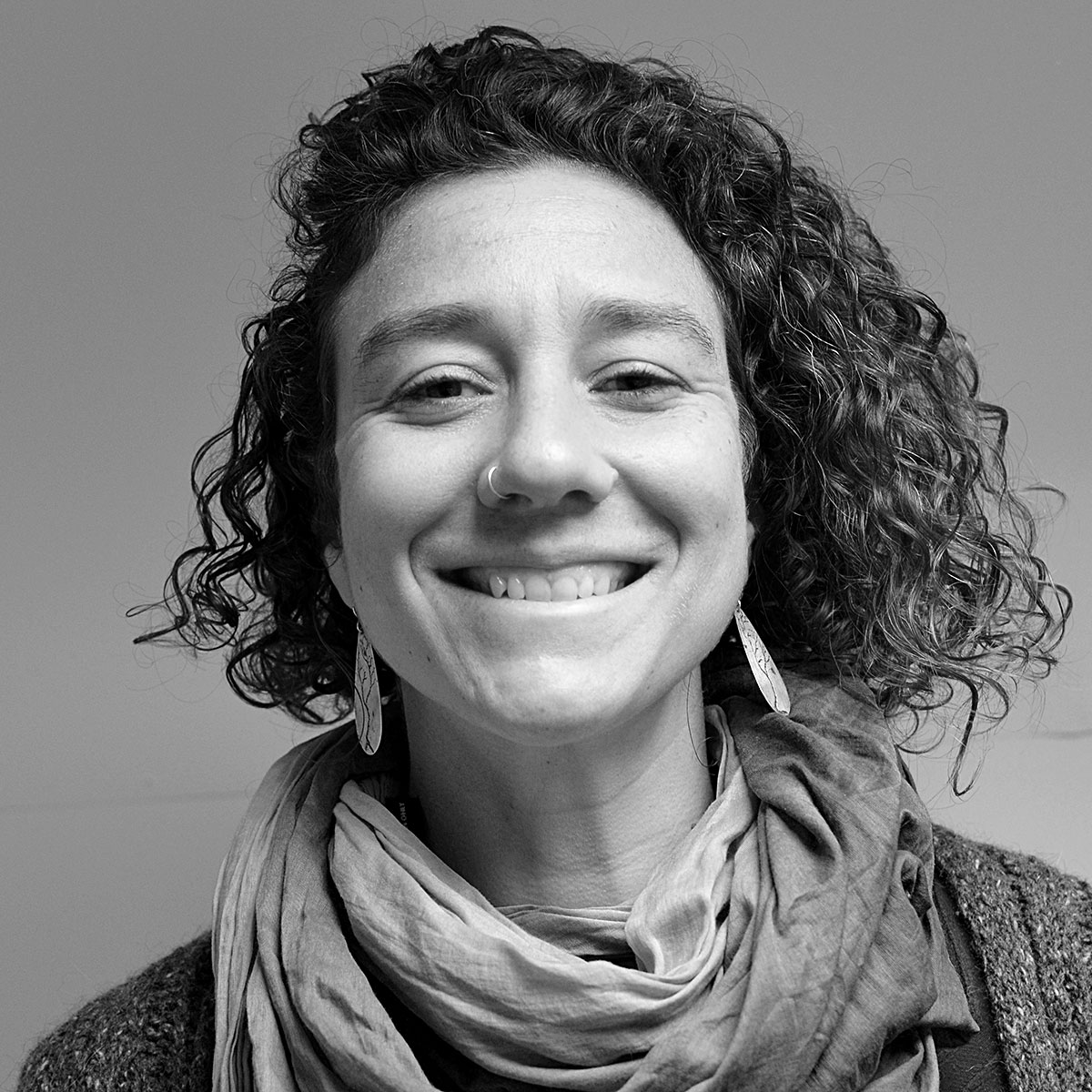
Phoebe Jekielek Rockland, ME
Phoebe Jekielek is an education program leader on Hurricane Island, ME. In this story, she speaks about cooperative research between fishermen and scientists. Phoebe is passionate about providing the next generation the tools to face future challenges on the coast, and she expresses how the Maine Fishermen's Forum supports positive communication within the fishing community.
Interviewed by Rebecca Clark Uchena at the Maine Fishermen's Forum in 2018.
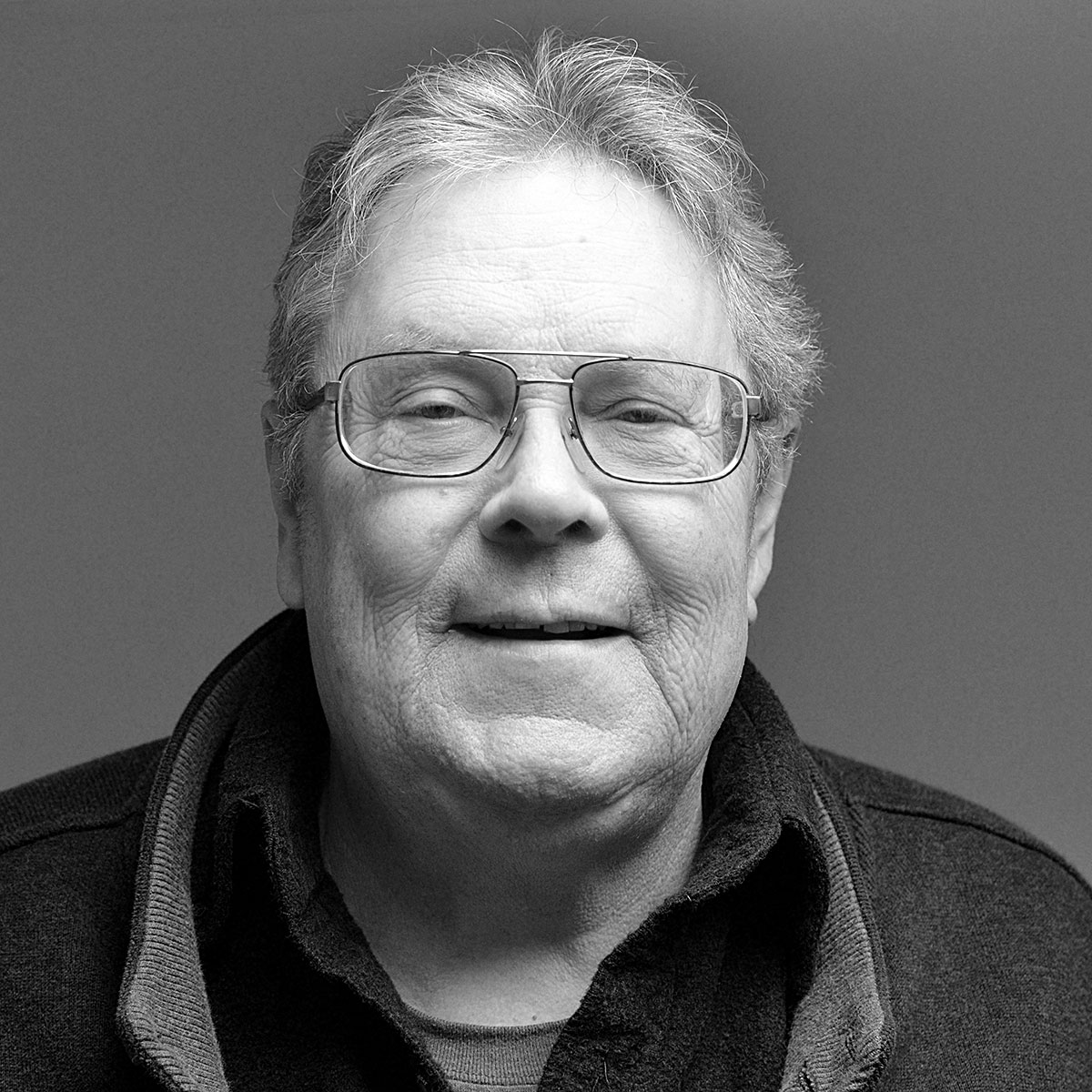
Richard Nelson Friendship, ME
Richard Nelson lives in Friendship, Maine. In this story he describes Friendship’s unique challenges and how he came to lobstering later in his life. Richard moved to Maine to continue a musical instrument repair business, but the ocean view from the window of his shop called him out onto the water. He tells the story of how he started out helping and learning from a long-time lobsterman while slowly building up his own equipment and credibility in the community.
Interviewed by Galen Koch and Rebecca Clark Uchena at the Maine Fishermen's Forum in 2018.
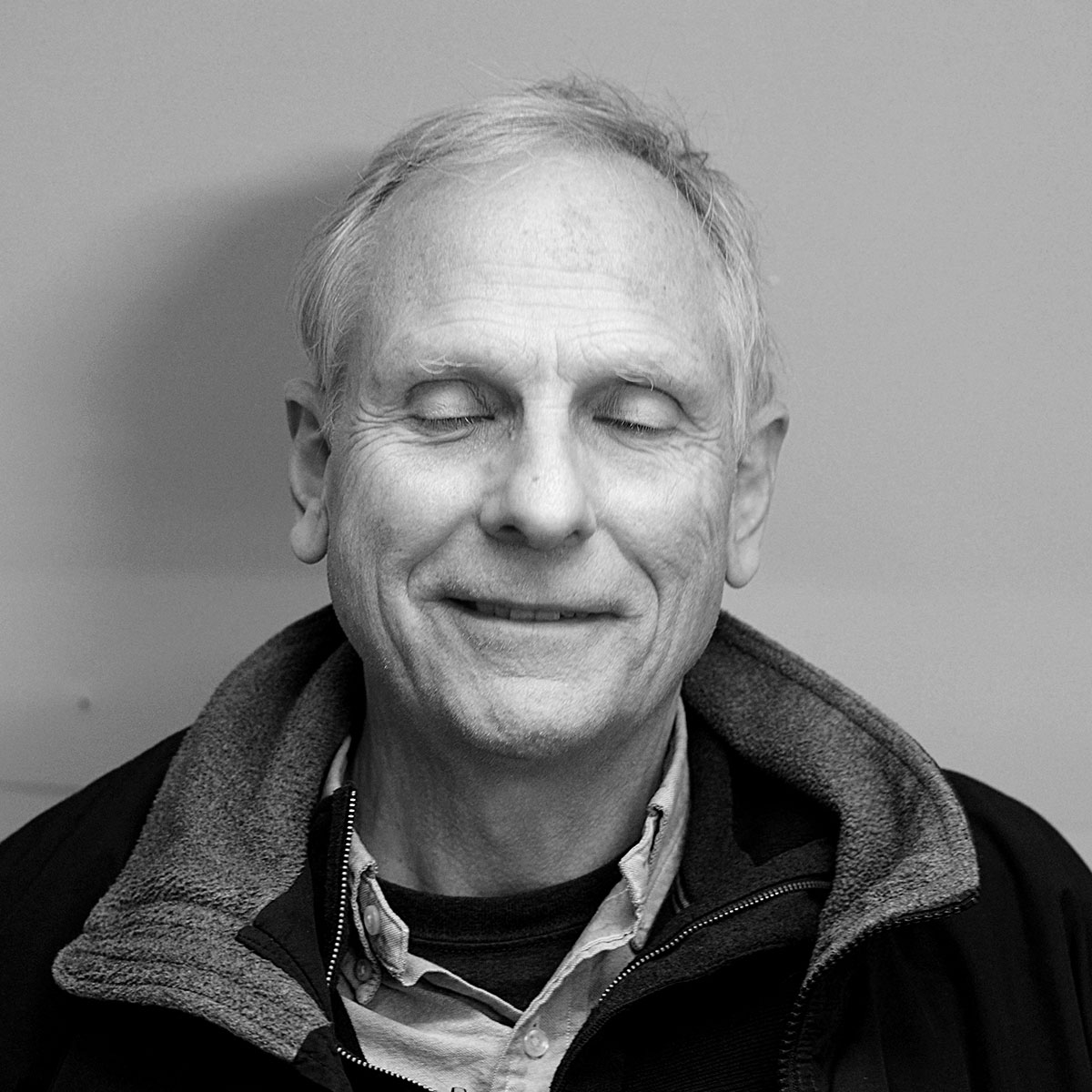
Robert Morse Waldoboro, ME
Robert Morse is the owner of Atlantic Laboratories North American Kelp and runs a plant in Waldoboro, ME, that has been operating since the 1970s to produce fertilizers and animal feed supplements made out of rockweed. They export to more than 24 countries and have established a global market for seaweed. Morse discusses how he first became interested in seaweed as a fertilizer and what inspired him to start his business.
Interviewed by Galen Koch at the Maine Fishermen's Forum in 2018.
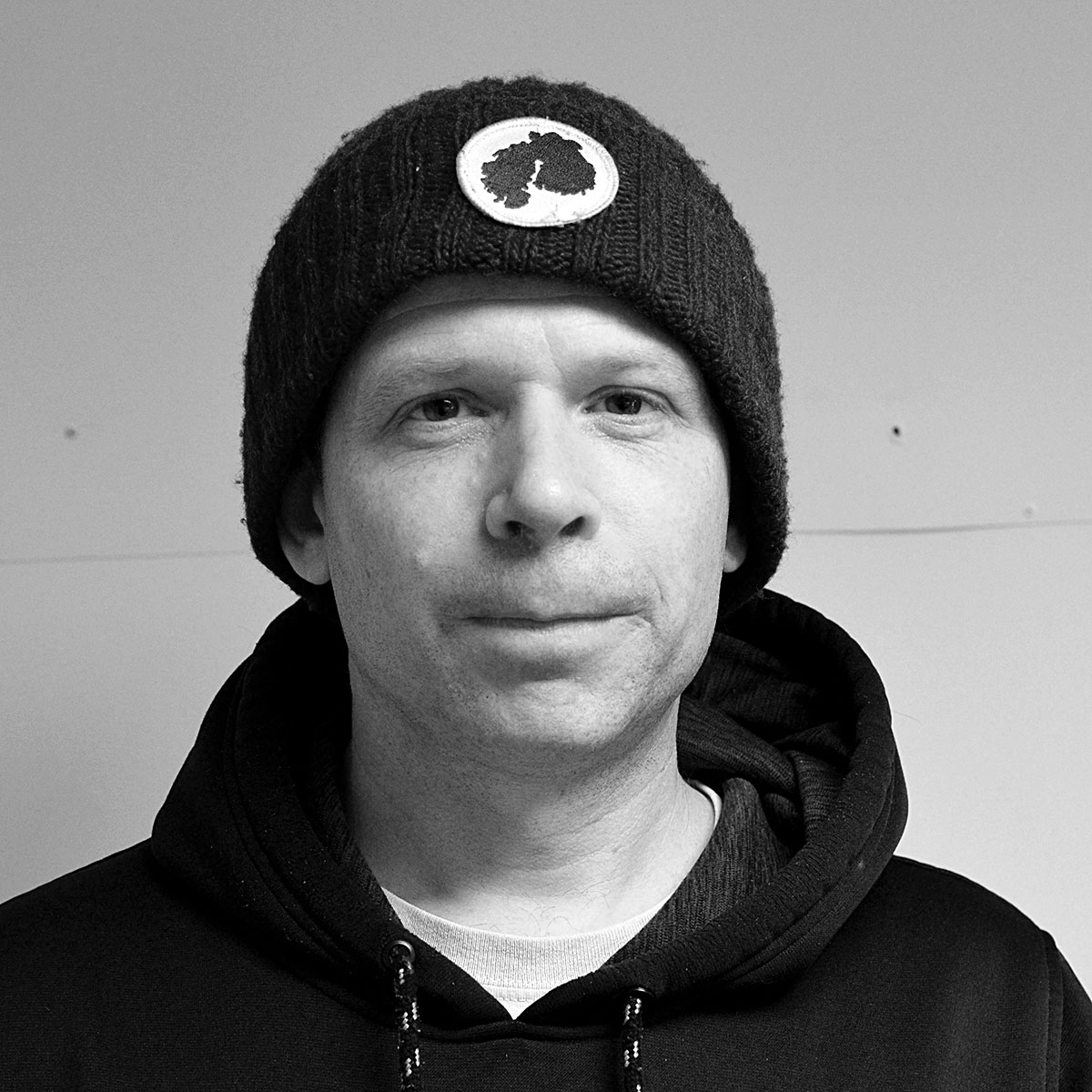
Rustin Taylor Somesville, Maine
Rustin Taylor, from Somesville, ME, is an elver fisherman who fishes around Mount Desert Island and Ellsworth. He talks about the changes in the fishery over time and the environmental balances to consider when fishing. He explains some of the factors that affect this fishery, such as water level fluctuations caused by the Union River Dam and the quota system established after the 2013 season.
Interviewed by Natalie Springuel at the Maine Fishermen’s Forum, 2018.
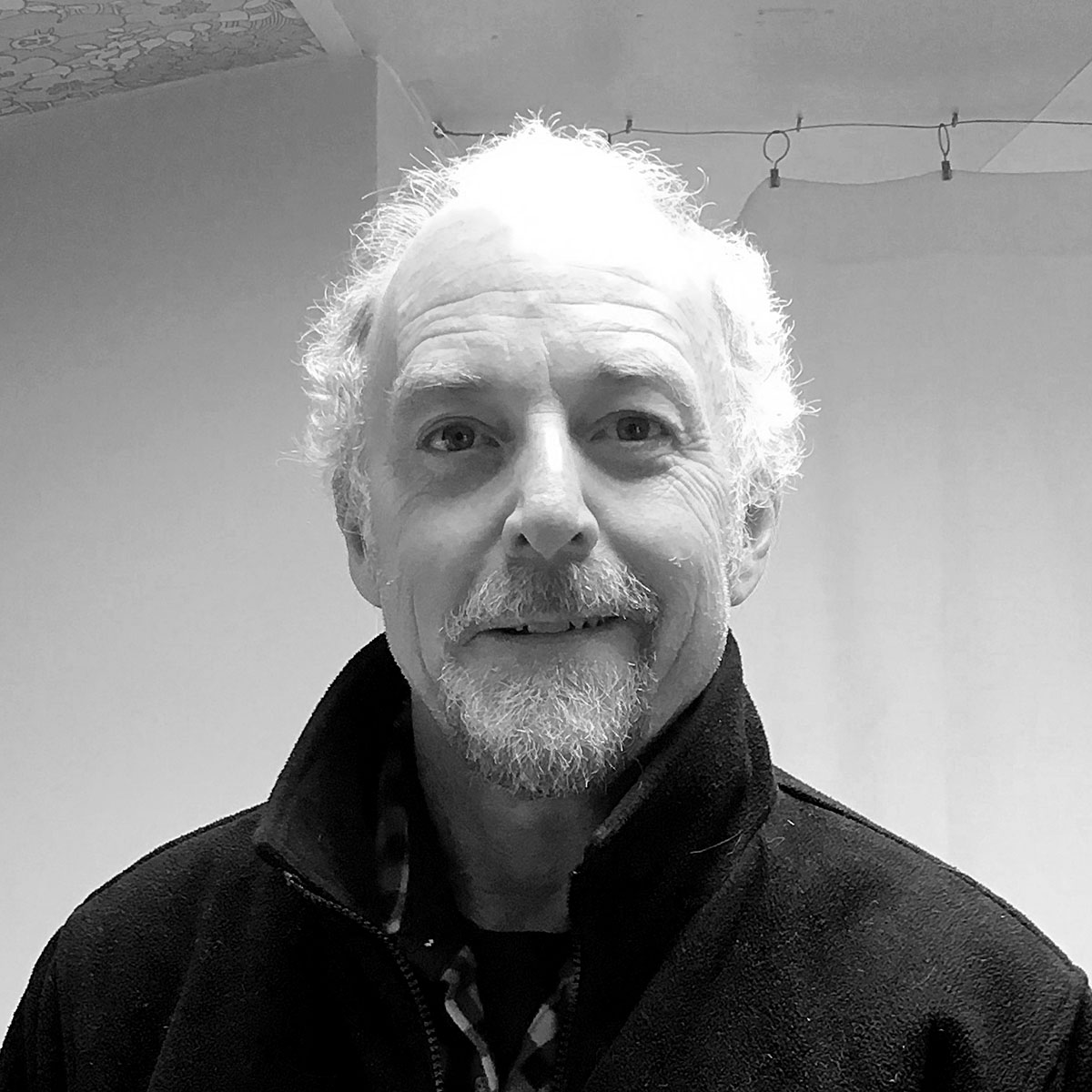
Sam Ladley Brunswick, ME
Sam Ladley summered on the island of Matinicus, Maine when he was a child and started lobstering with his father and fellow youngsters by the age of eight. Ladley shares stories from his childhood fishing with his family and friends including how he survived a sinking ship accident and how, another time, their boat’s engine broke in a thick fog.
Interviewed by Natalie Springuel at the Maine Fishermen's Forum in 2018.
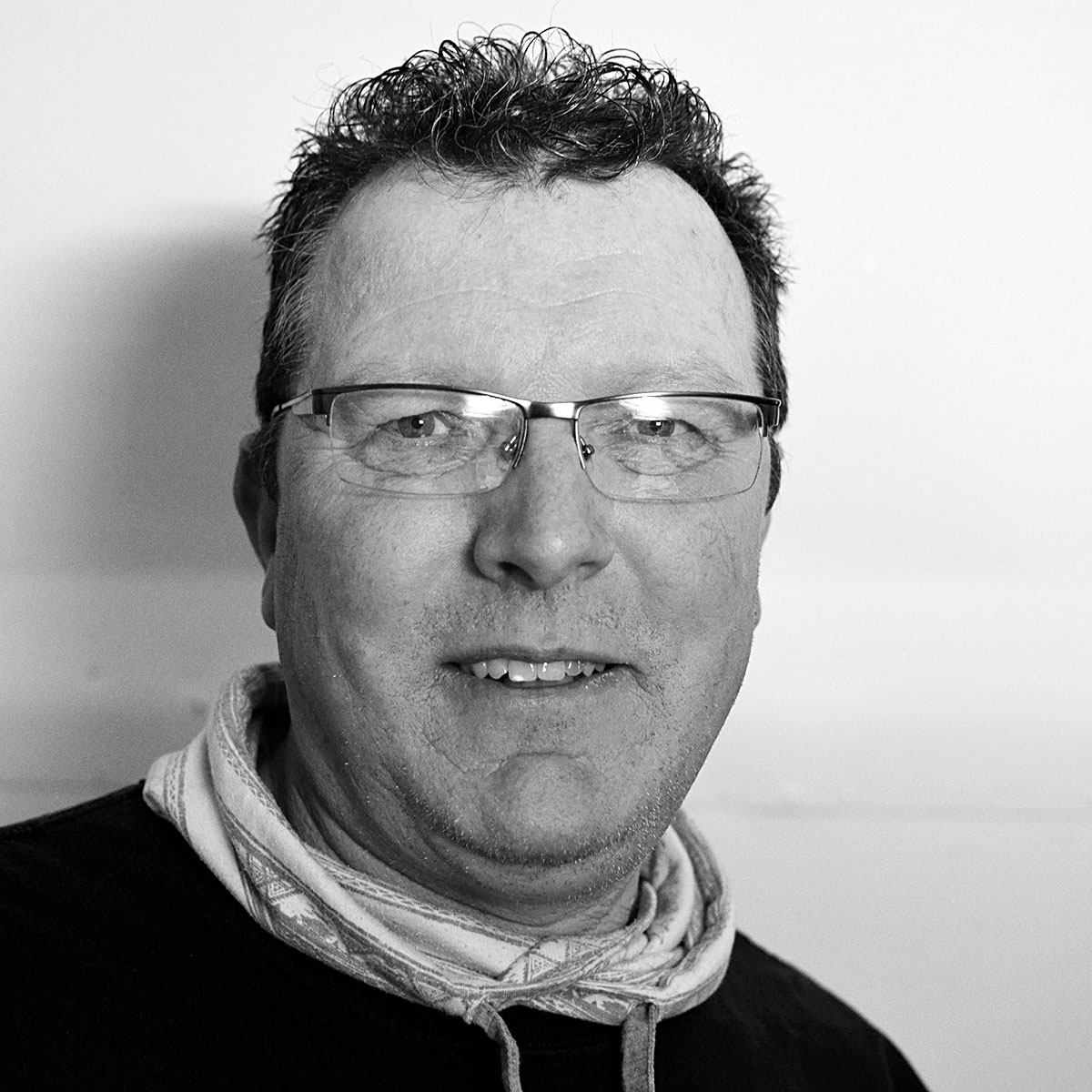
Steven Holler Boston, MA
Steven Holler, a lobsterman out of Boston, MA. He speaks about his experiences fishing out of Boston and the differences between that fishing community and communities in Maine. With his years of experience on the water, Holler shares some of the changes he has observed in the industry.
Interviewed by Galen Koch at the Maine Fishermen's Forum in 2018.
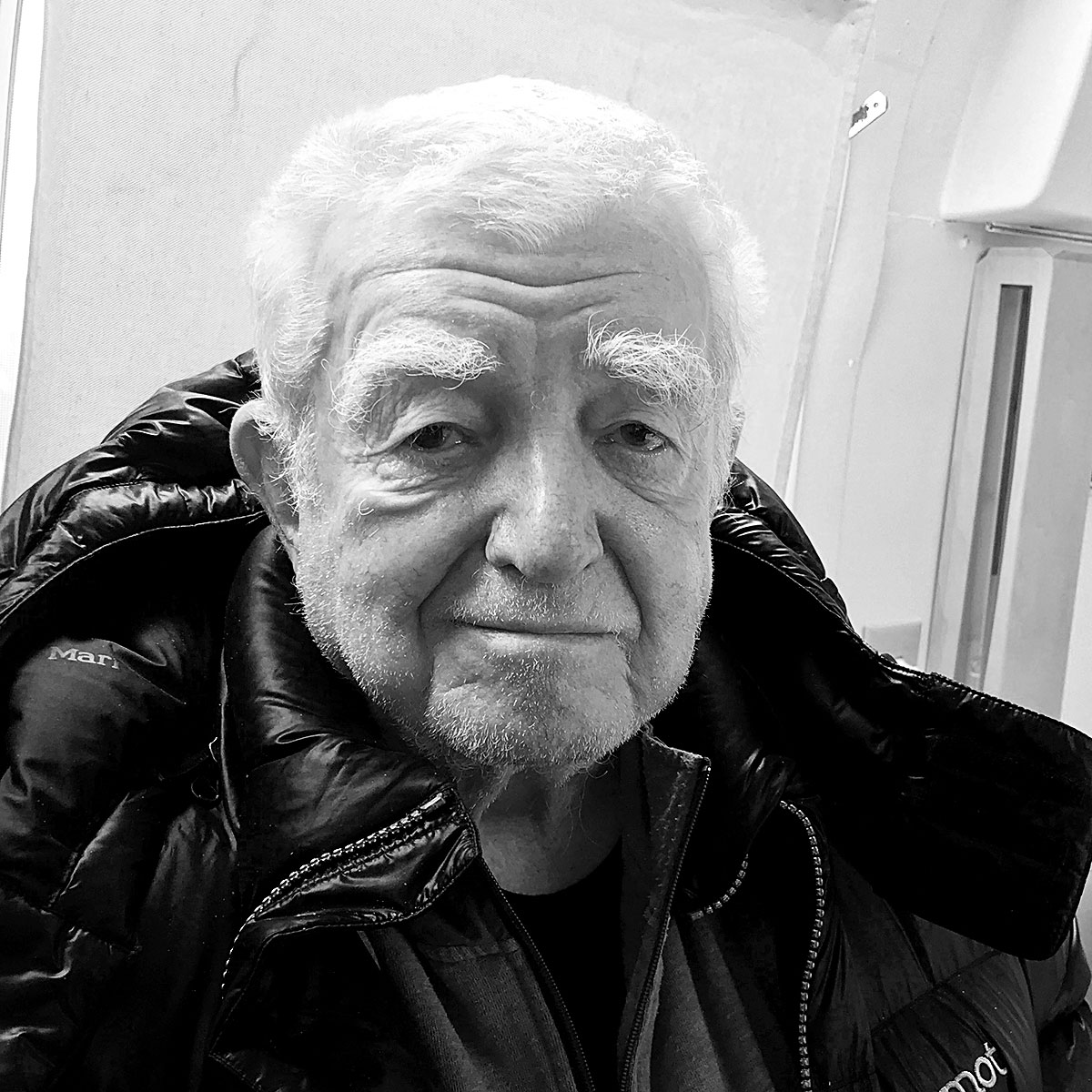
Tap Pryor Brunswick, Maine
Tap Pryor, an aquaculturist through Maine Shellfish Developers from Brunswick, ME, is currently attempting to grow oysters more efficiently and sustainably by growing them onshore. He speaks about his experience being on the original commission that founded the National Oceanic and Atmospheric Administration (NOAA), and tells the unique story of how NOAA was named.
Interviewed by Galen Koch at the Maine Fishermen's Forum, 2018.
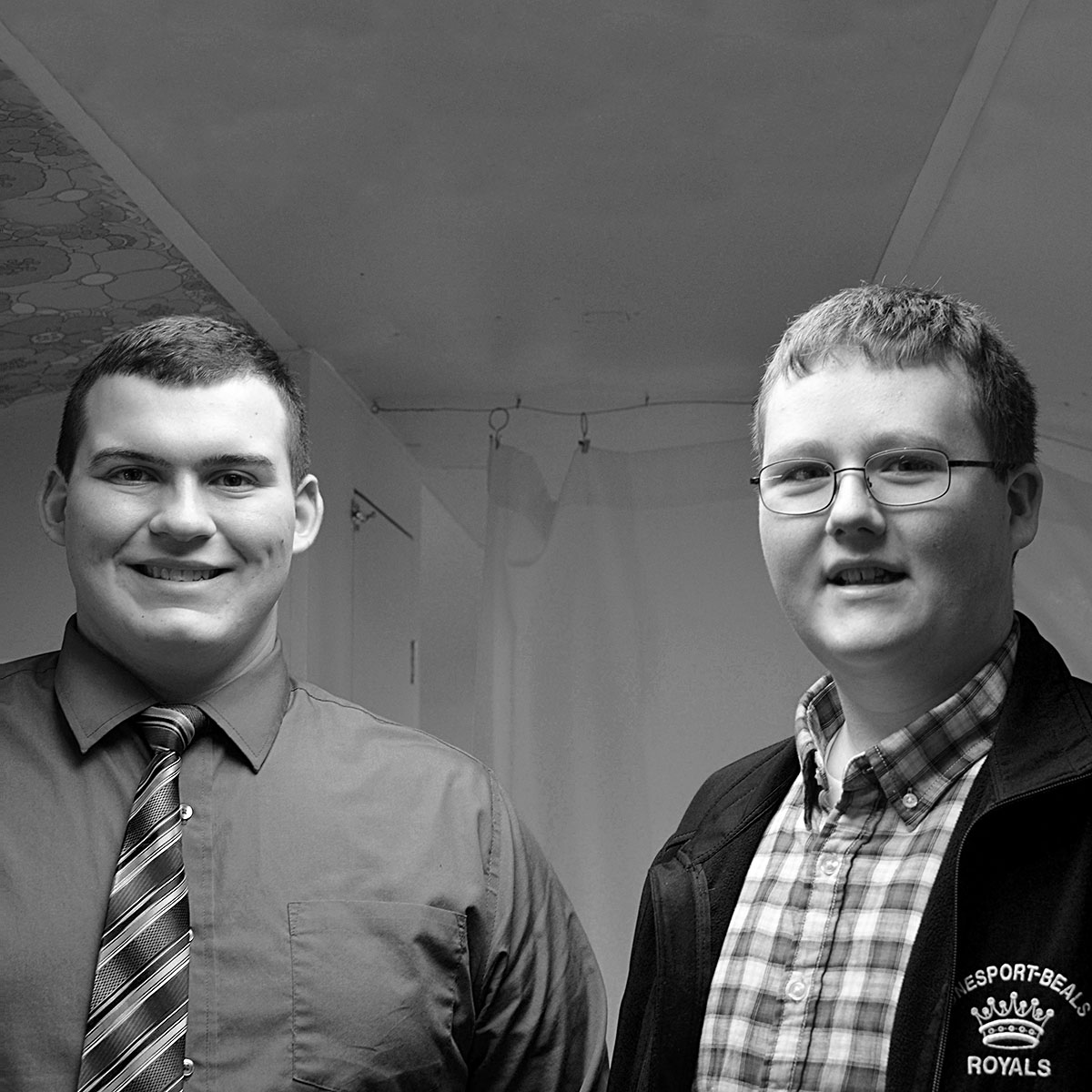
Tyler Childers + Anson Kelley Jonesport, Maine
Tyler Childers and Anson Kelley, lobstermen and high school students enrolled in the Eastern Maine Skippers Program in Jonesport, ME, are old friends who speak about their experiences in the Eastern Maine Skippers Program, their current work trying to improve bait quality and pricing, their current fishing locations, and the locations they plan to fish in the future.
Interviewed by Natalie Springuel and Kaitlyn Clark at the Maine Fishermen's Forum, 2018.
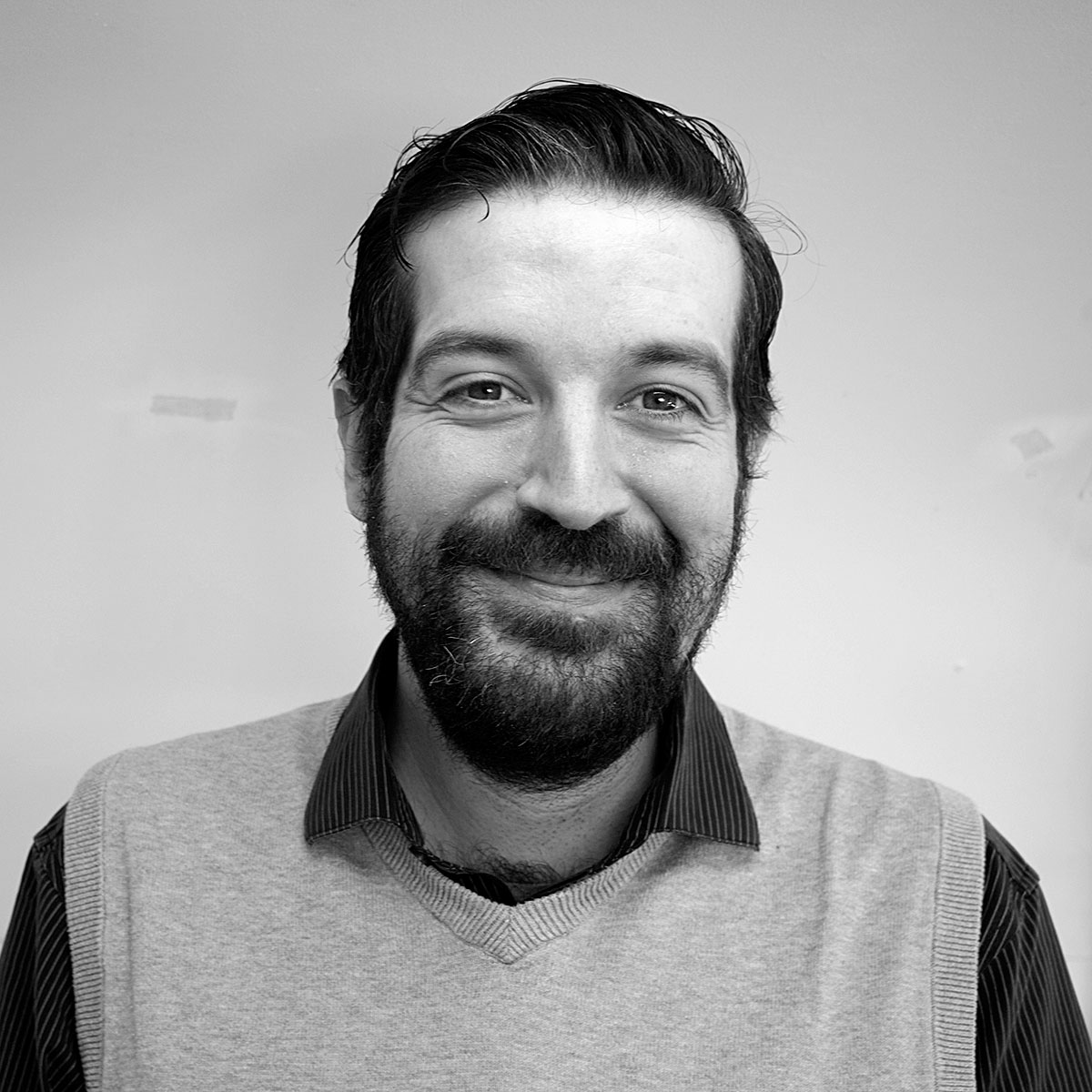
Adam Mistler Washington, DC
Adam Mistler is a representative from the environmental NGO Ocean Conservancy in Washington, DC. He discusses their efforts to include and listen to fishermen and other ocean stakeholders in their environ- mental campaigns and how important it is to fight misconceptions on both sides to advance successful and supported ocean conservation and planning projects.
Interviewed by Galen Koch and Giulia Cardoso at the 2019 Maine Fishermen's Forum.
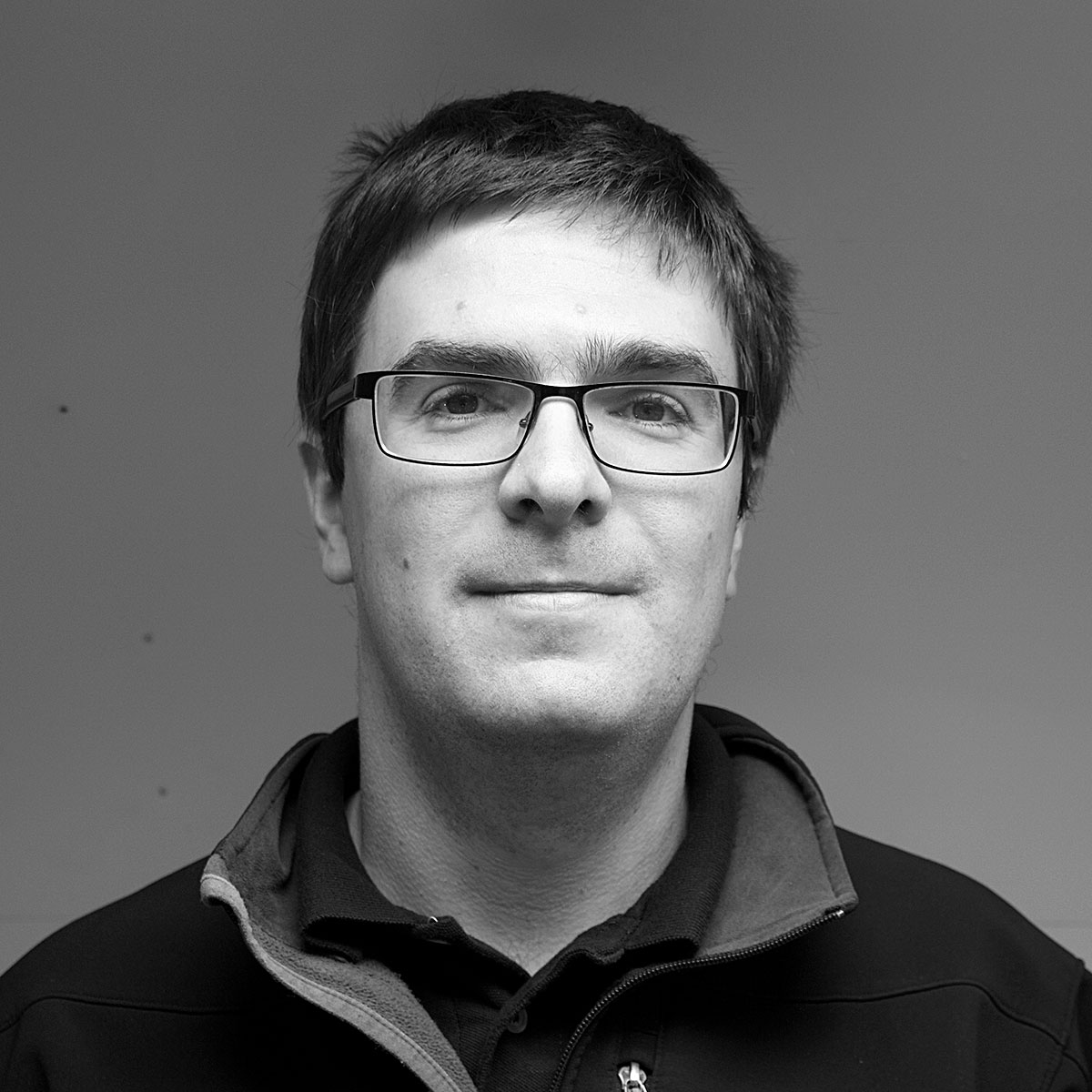
Alex DeKoning Bar Harbor, Maine
Alex DeKoning, a mussel farmer based out of Bar Harbor, ME, is the son of seventh generation mussel farmers from Holland. DeKoning and his family run the only mussel farms in North America that farm mussels on the bottom instead of on ropes. He talks about how his methods differ from the norm, the process of obtaining an aquaculture lease and the positive ecological impacts of bottom cultured mussels.
Interviewed by Matt Frassica at the 2019 Maine Fishermen's Forum.
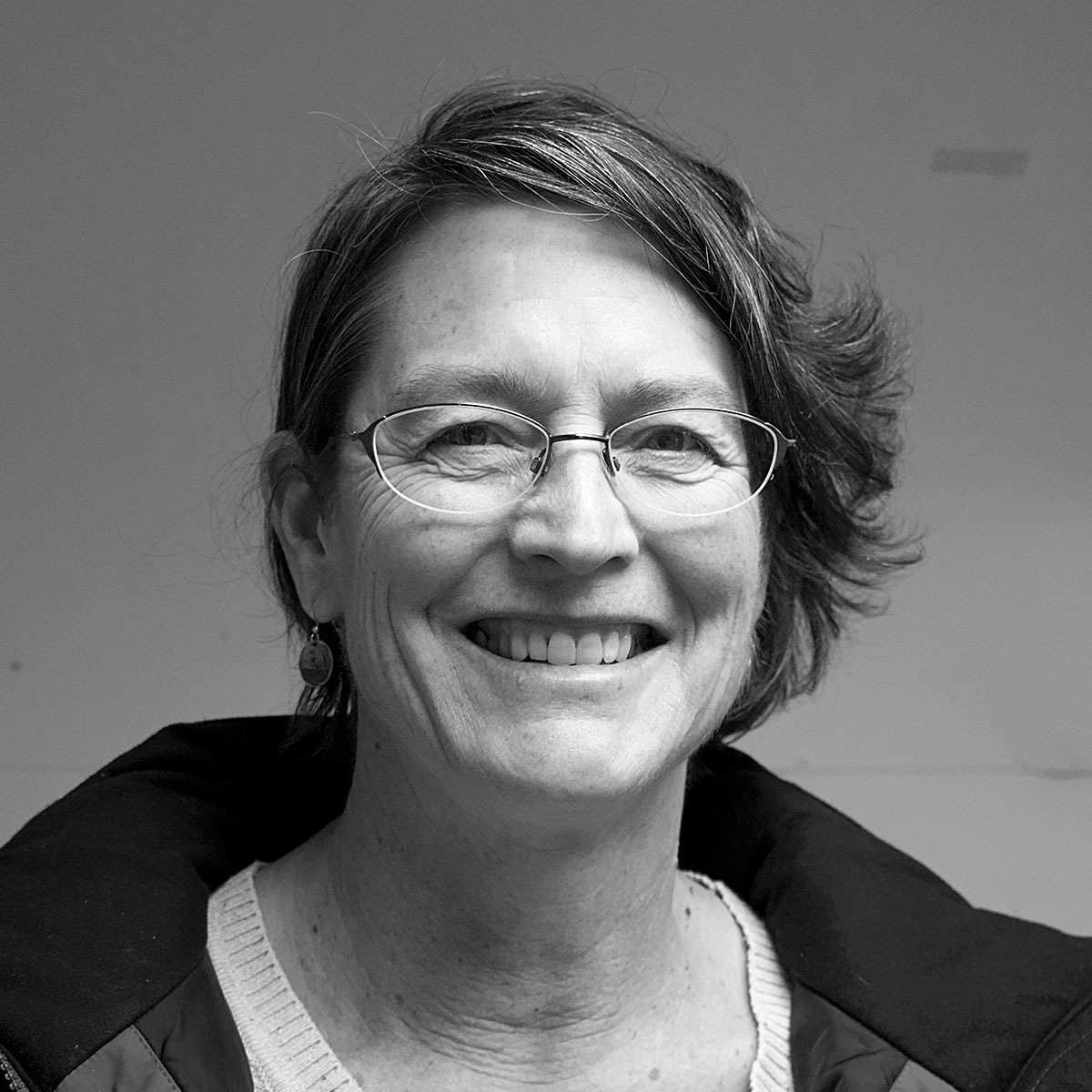
Anne Hayden Brunswick, Maine
Anne Hayden, senior fisheries program manager at Manomet from Brunswick, ME, talks about her experiences researching fisheries in Maine, with a focus on the importance of river herring restoration. She touches on the difficulty of grasping the extent of human impact on the Gulf of Maine ecosystem, but also about her joys in working with fishermen and her hopes for the future of the industry.
Interviewed by Corina Gribble and Natalie Springuel at the 2019 Maine Fishermen's Forum.

Bobby Ingalls + Reggie Lee Bucks Harbor and Westport Island, Maine
Bobby Ingalls and Reggie Lee discuss the dramatic changes theyʼve observed in lobstering and lobstermen since they first started fishing. They also look back at some scary experiences they have had on the boat and the importance of looking out for each other while on the water.
Interviewed by Natalie Springuel and Giulia Cardoso at the 2019 Maine Fishermen's Forum.
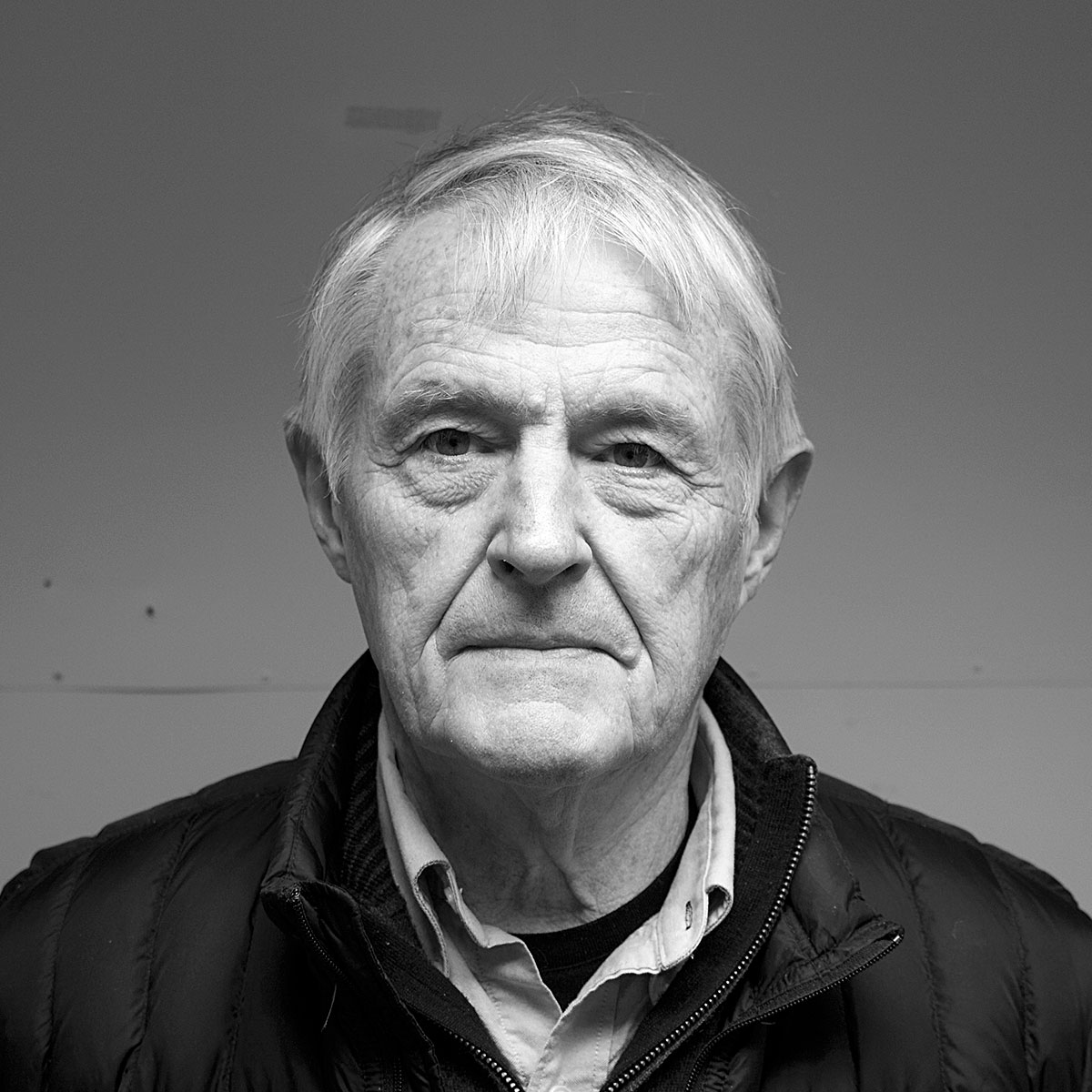
Bruce Bourque Freeport, Maine
Bruce Bourque has taught archaeology and conducted research at Bates College since 1972. Now retired from teaching, he is working on a documentary film on the history of Maine's fisheries. Bourque talks about the insights he gained into the ecological effects of fishing through his archaeological work and how historical information is a great resource to inform fisheries management.
Interviewed by Matt Frassica at the 2019 Maine Fishermen's Forum.
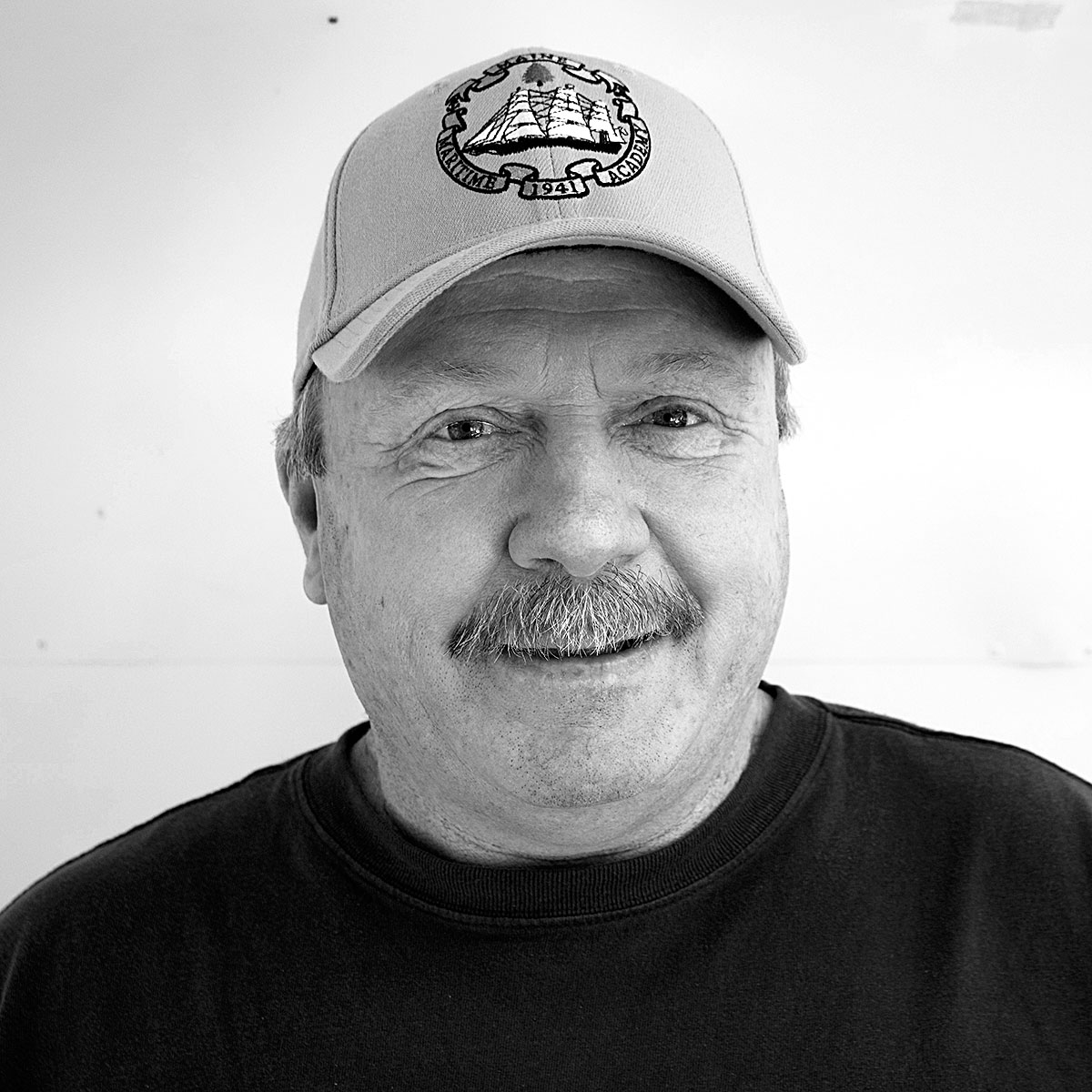
Butch Harris Eastport, Maine
Butch Harris, a fisherman and summertime charter captain. In this story, he talks about spending his youth on many different types of boats, following his father around the coast for his boat-building business and how lobstering has become increasingly important in his hometown.
Interviewed by Matt Frassica and Griffin Pollock at the 2019 Maine Fishermen's Forum.
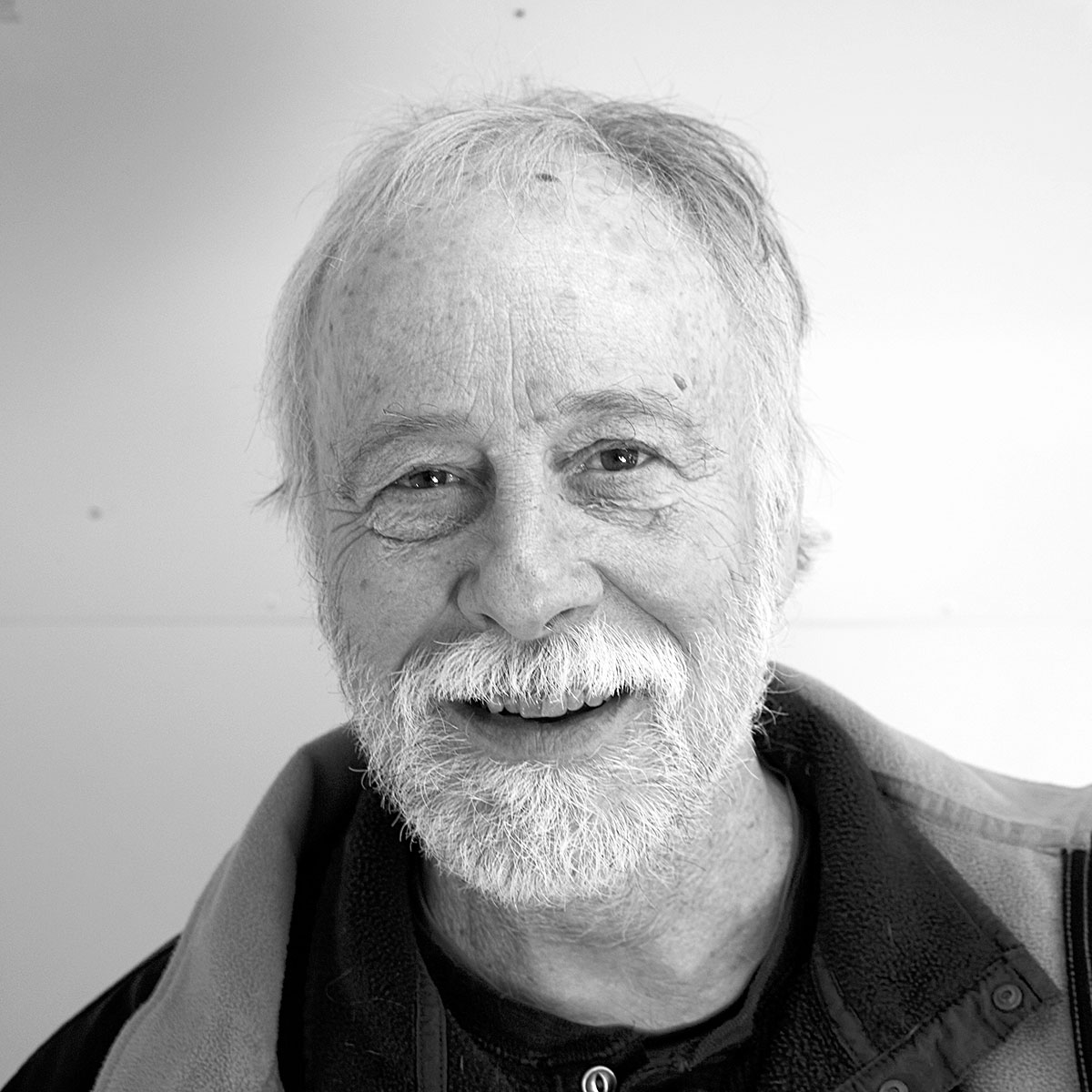
Chris Petersen Bar Harbor, Maine
Chris Petersen, a professor of biology and ecology at College of the Atlantic in Bar Harbor, ME, talks about his research on intertidal resources, specifically softshell clams. He shares the concerns that local clammers have brought up with local scientists and his collaborative work to understand the recent low levels of clam recruitment.
Interviewed by Matt Frassica and Griffin Pollock at the 2019 Maine Fishermen's Forum.
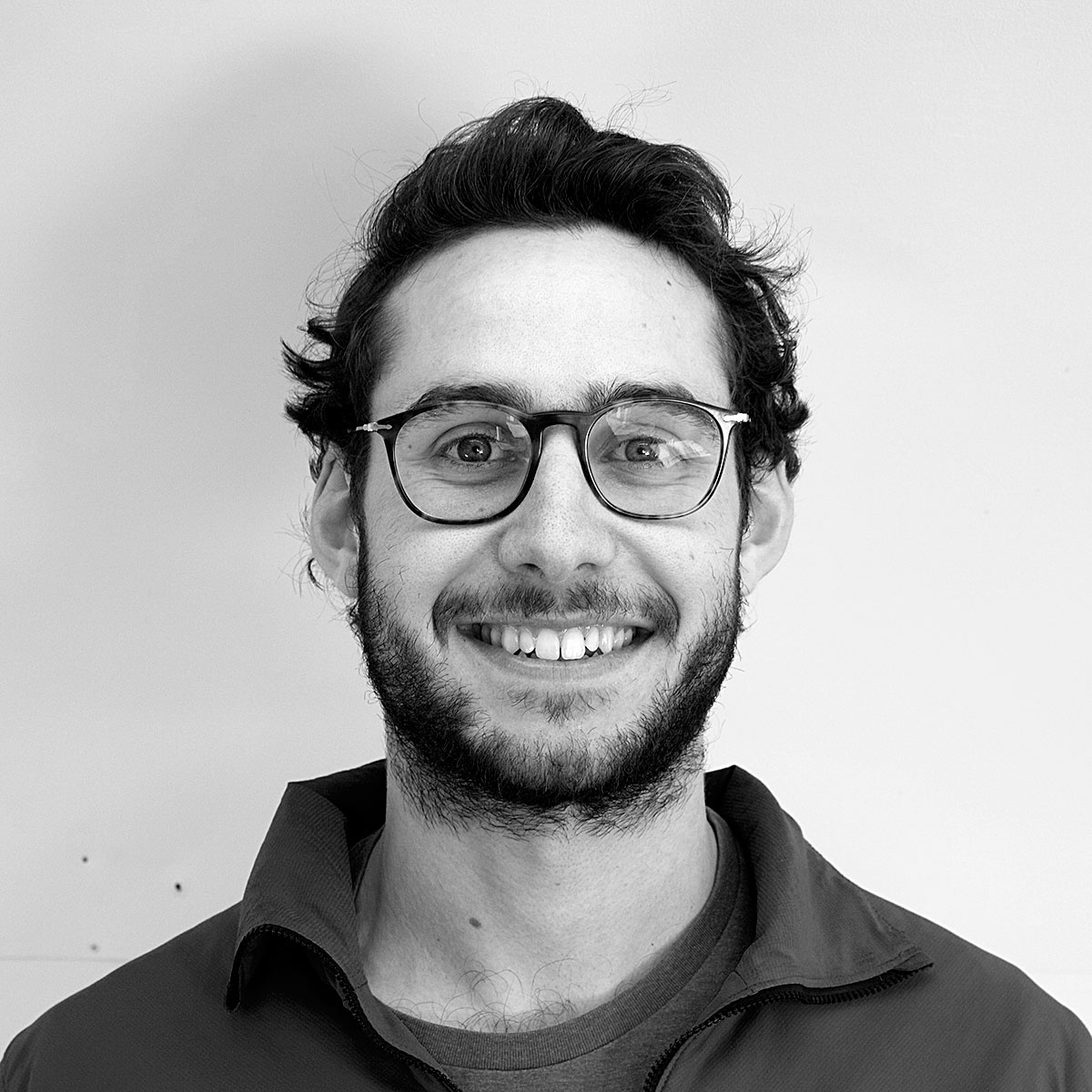
Cormac Hondros-McCarthy Lowell, Massachusetts
Cormac Hondros-McCarthy is part of a team of engineers at LobsterLift LLC developing ropeless lobster traps to reduce the risk of whale entanglement. In this interview, he explains how their idea originated, how the technology works, and his hope of developing a solution that protects the whales without compromising lobstermenʼs livelihood.
Interviewed by Natalie Springuel and Giulia Cardoso at the 2019 Maine Fishermen's Forum.
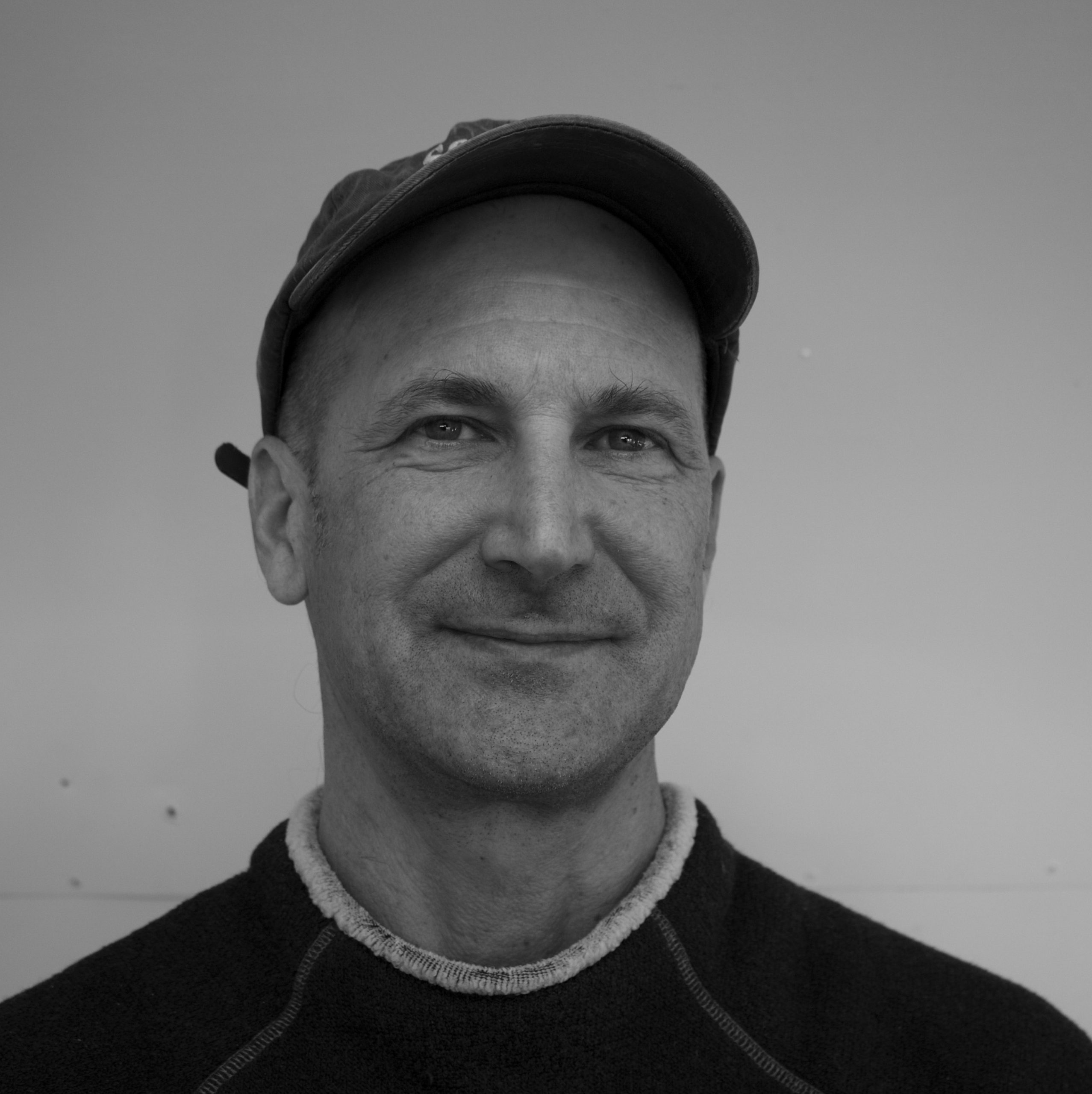
Dana Morse Walpole, Maine
Dana Morse describes his work at his day job, as an extension agent for Maine Sea Grant, and his side job, as an oyster farmer on the New Meadows River. He tells the story of the past six years of Nice Oyster Company and how getting involved in the industry has changed his role at Maine Sea Grant.
Interviewed by Natalie Springuel and Eliza Oldach at the 2019 Maine Fishermen's Forum.
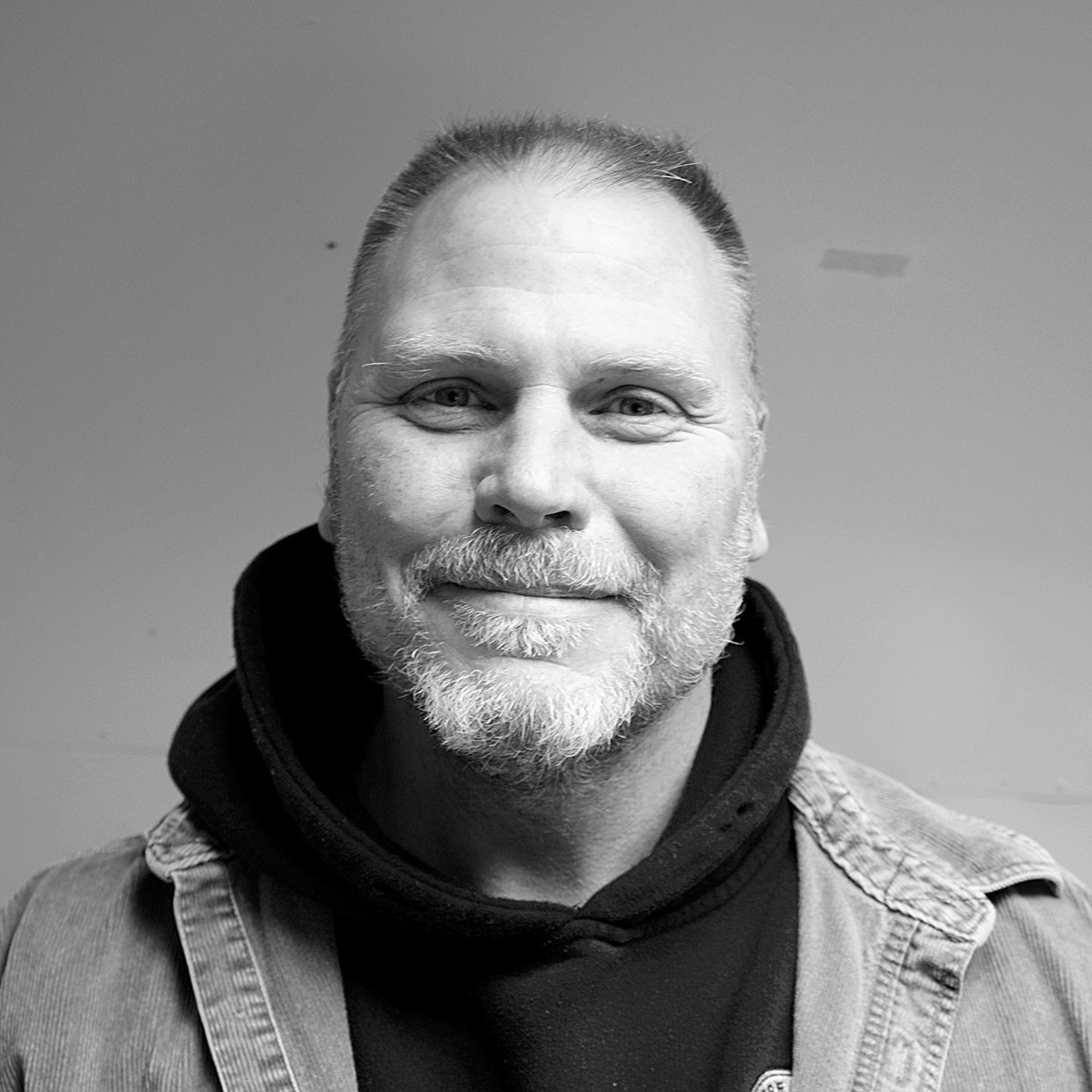
Daniel Devereaux Brunswick, Maine
Daniel Devereaux is harbor master, clam warden, and co-founder of Mere Point Oyster Company on Maquoit Bay. In this interview, he talks about the changes he has observed in the local mudflats and intertidal areas and the restorative potential that aquaculture offers in his bay. He also touches upon the conflicting relationships between land use planning, gentrification and aquaculture.
Interviewed by Galen Koch and Griffin Pollock at the 2019 Maine FIshermen's Forum.
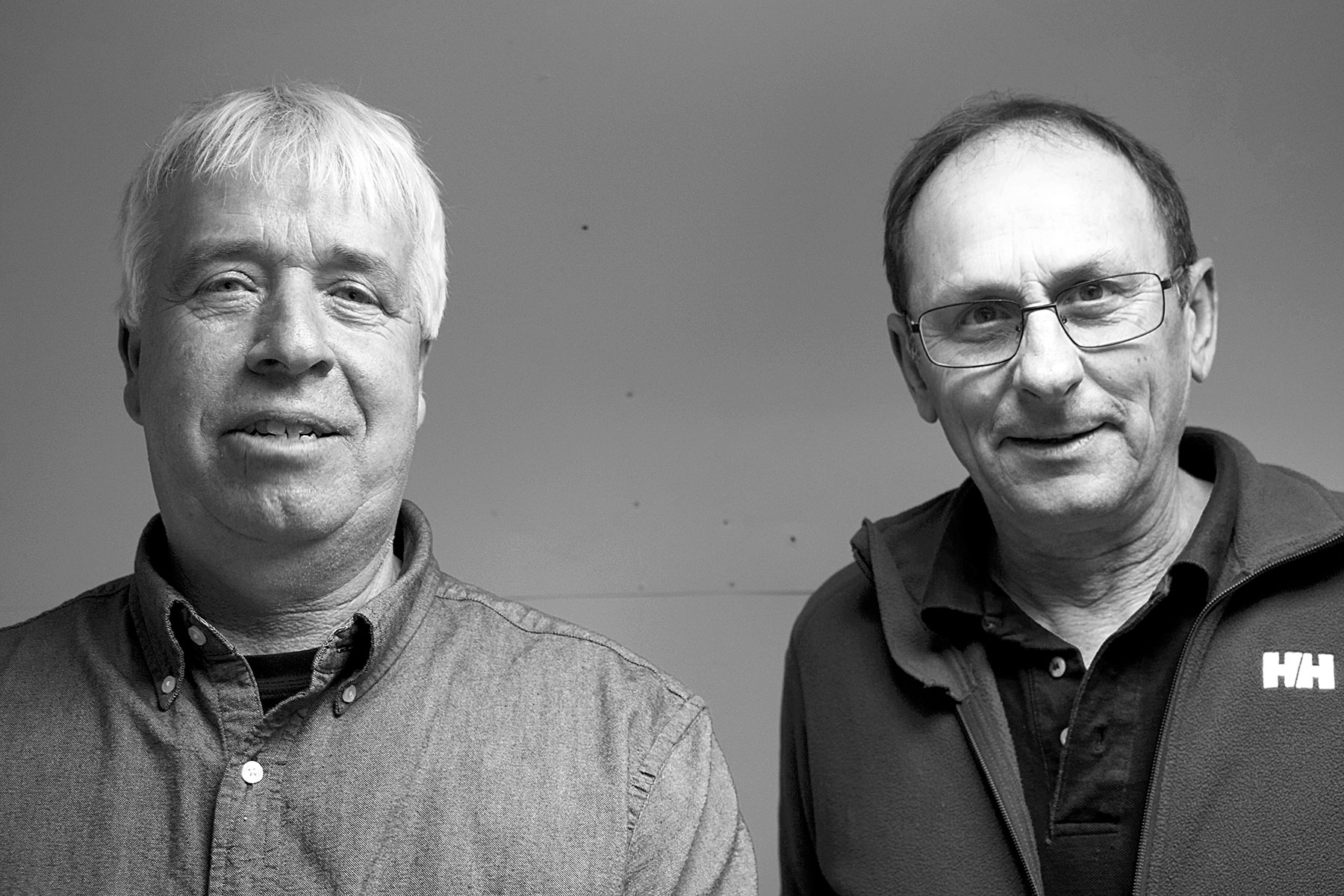
Dave Cousens + Edwin McKie South Thomaston, Maine and Souris, PEI
Dave Cousens and Edwin McKie speak about how their work to increase communication between Canadian and Maine lobstermen has benefitted both groups by obtaining fair prices and learning techniques from each other. They talk about a number of collaborations between the two countries, from the inception of the Lobster Institute in Orono to educational trips for young fishermen.
Interviewed by Natalie Springuel and Corina Gribble at the 2019 Maine Fishermen's Forum.
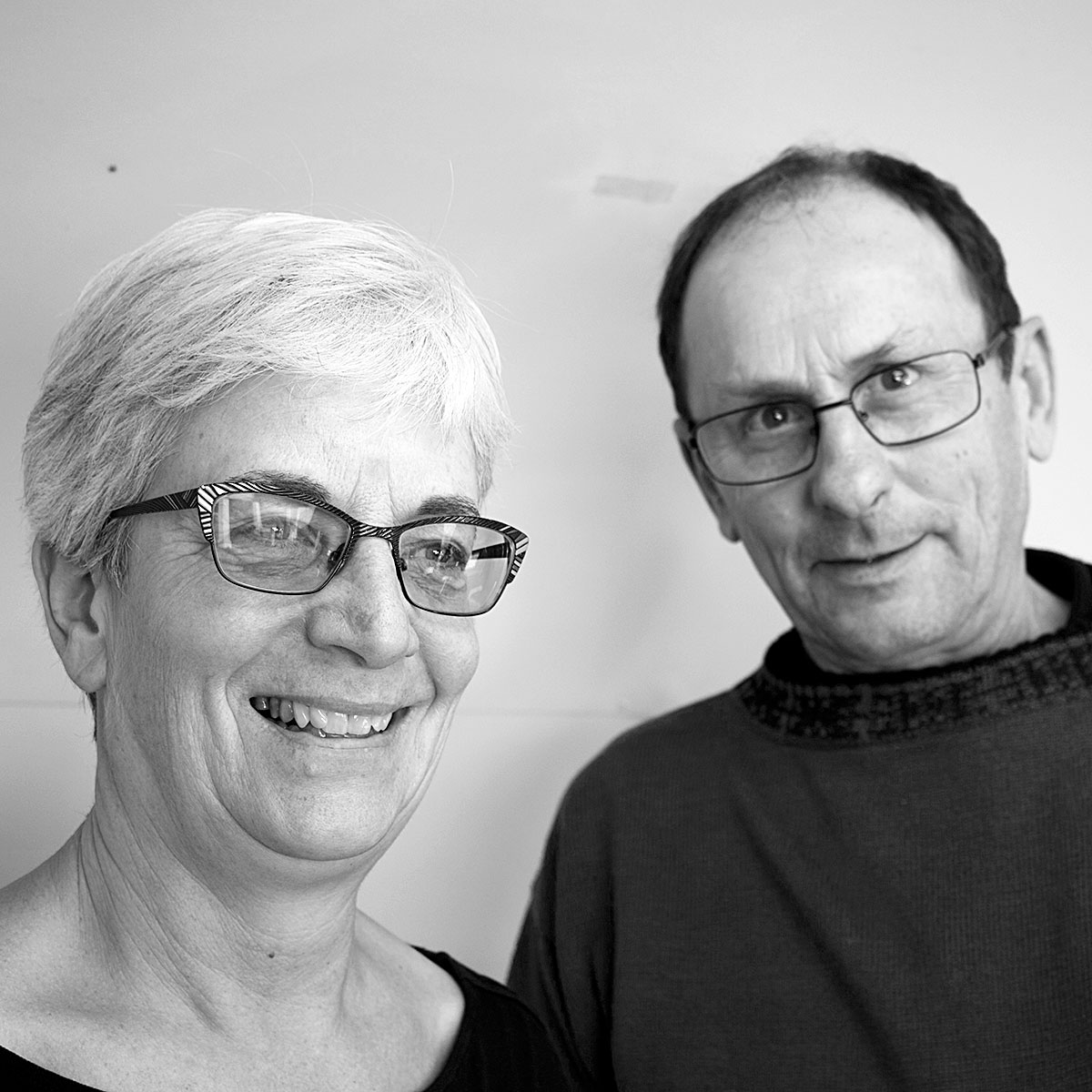
Freda + Edwin McKie Souris, PEI
Edwin and Freda McKie talk about what it means to go lobstering on Prince Edward Island (PEI), Canada, touching upon the gear they use, the regulations in place, and the different social dynamics on different parts of PEI. They also reminisce about young Maine lobstermen and students visiting their fishing community on PEI and the importance of equipping the younger generations of fishermen with real-life skills.
Interviewed by Galen Koch and Giulia Cardoso at the 2019 Maine Fishermen's Forum.
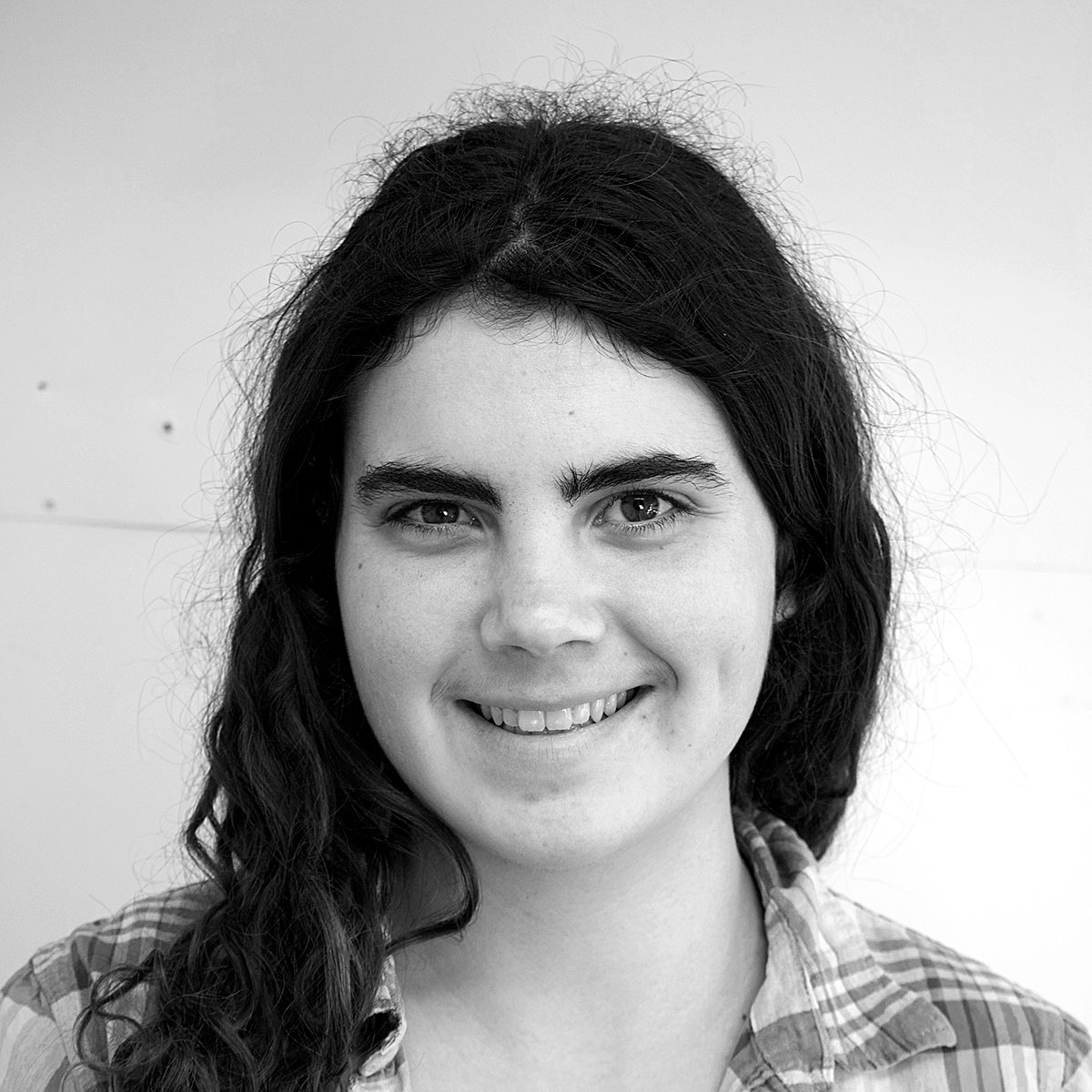
Hallie Arno Lincolnville, Maine
Hallie Arno, a student at College of the Atlantic (COA) in Bar Harbor, ME, speaks about how her concerns for environmental change has spurred an interest in aquaculture, which has driven her to take marine focused courses at COA and brought her to the Fishermenʼs Forum. Arno focuses on her own experiences conducting research on the coast of Maine and living in small coastal communities.
Interviewed by Galen Koch at the 2019 Maine Fishermen's Forum.
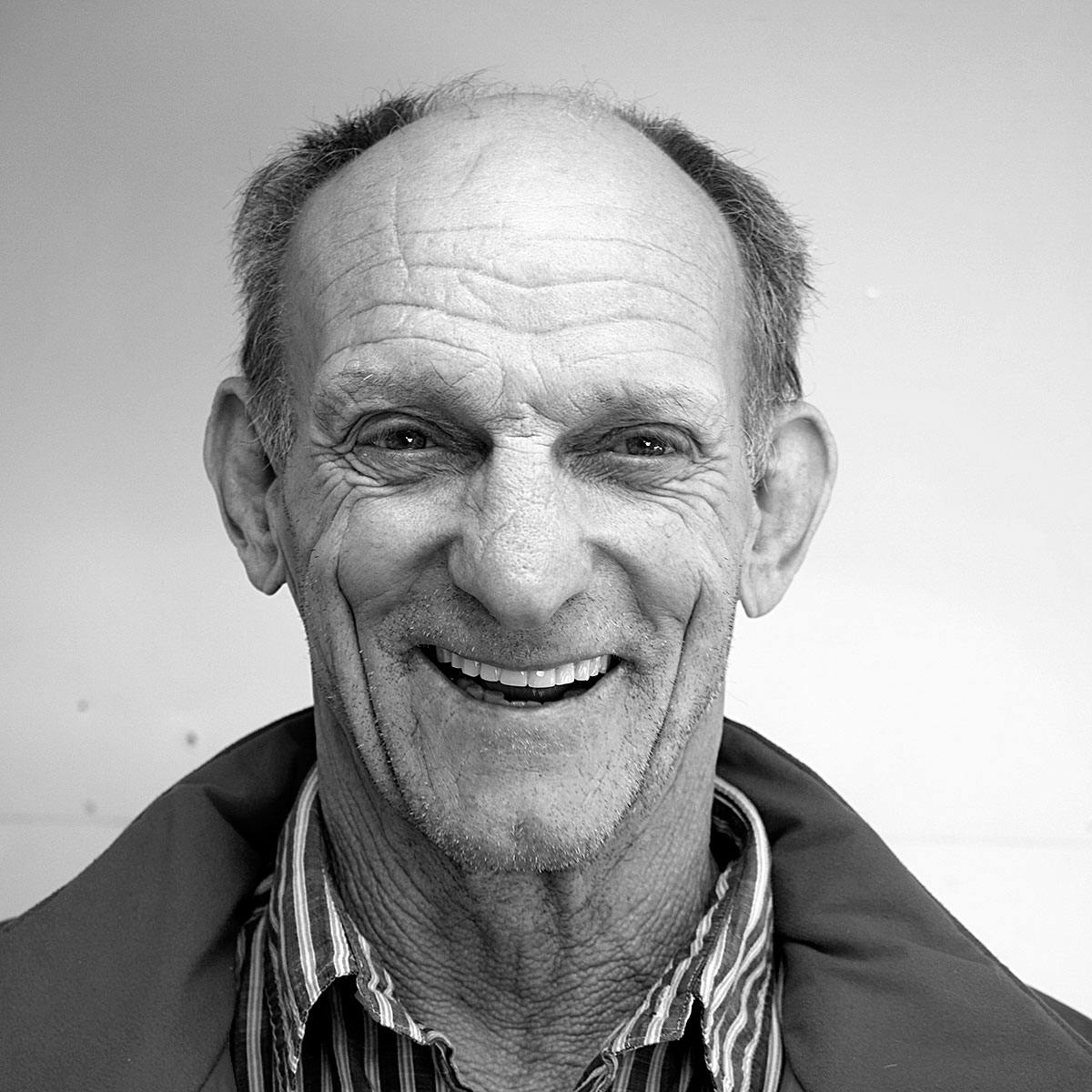
Herb Carte, Jr. Deer Isle, Maine
Herbert (Herb) Carter Jr., a commercial shellfish harvester from Deer Isle, ME, describes his observations during the 64 years he has lived and worked on the local mudflats. He shares insights from his current work to reintroduce mussel beds in South Deer Isle and his hope to collaborate with some of the local research institutions.
Interviewed by Galen Koch at the 2019 Maine Fishermen's Forum.
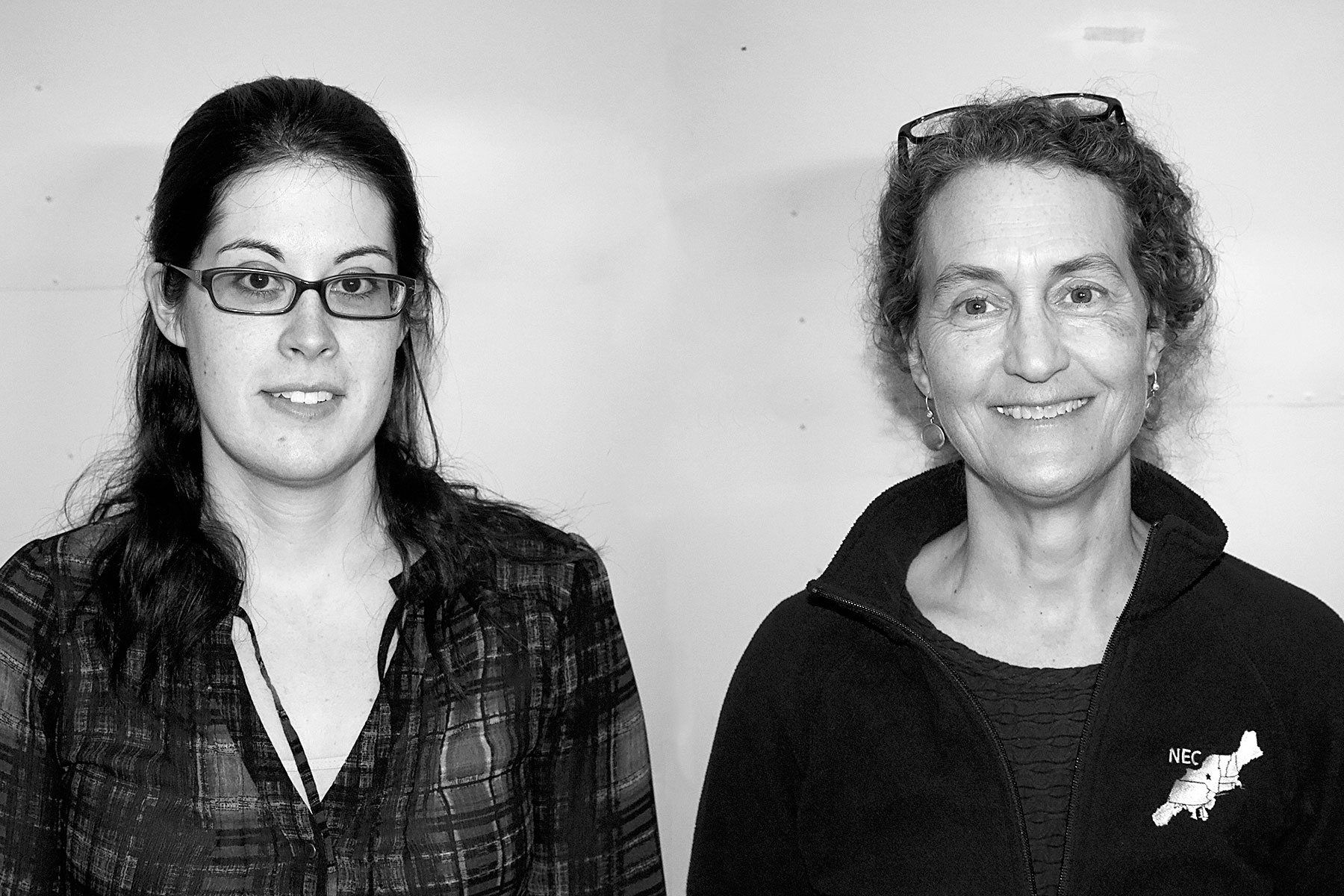
Jessica Erchard + Rebecca Weil Cooperstown, NY
Jessica Echard and Rebecca Weil work for the Northeast Center for Occupational Health and Safety as a research assistant and research coordinator. Their main project has been working with fishermen to increase their use of lifejackets while fishing. They focus on the concerns fishermen shared with them about lifejacket use and design changes made life jackets more useful for commercial fishermen.
Interviewed by Matt Frassica at the 2019 Maine Fishermen's Forum.
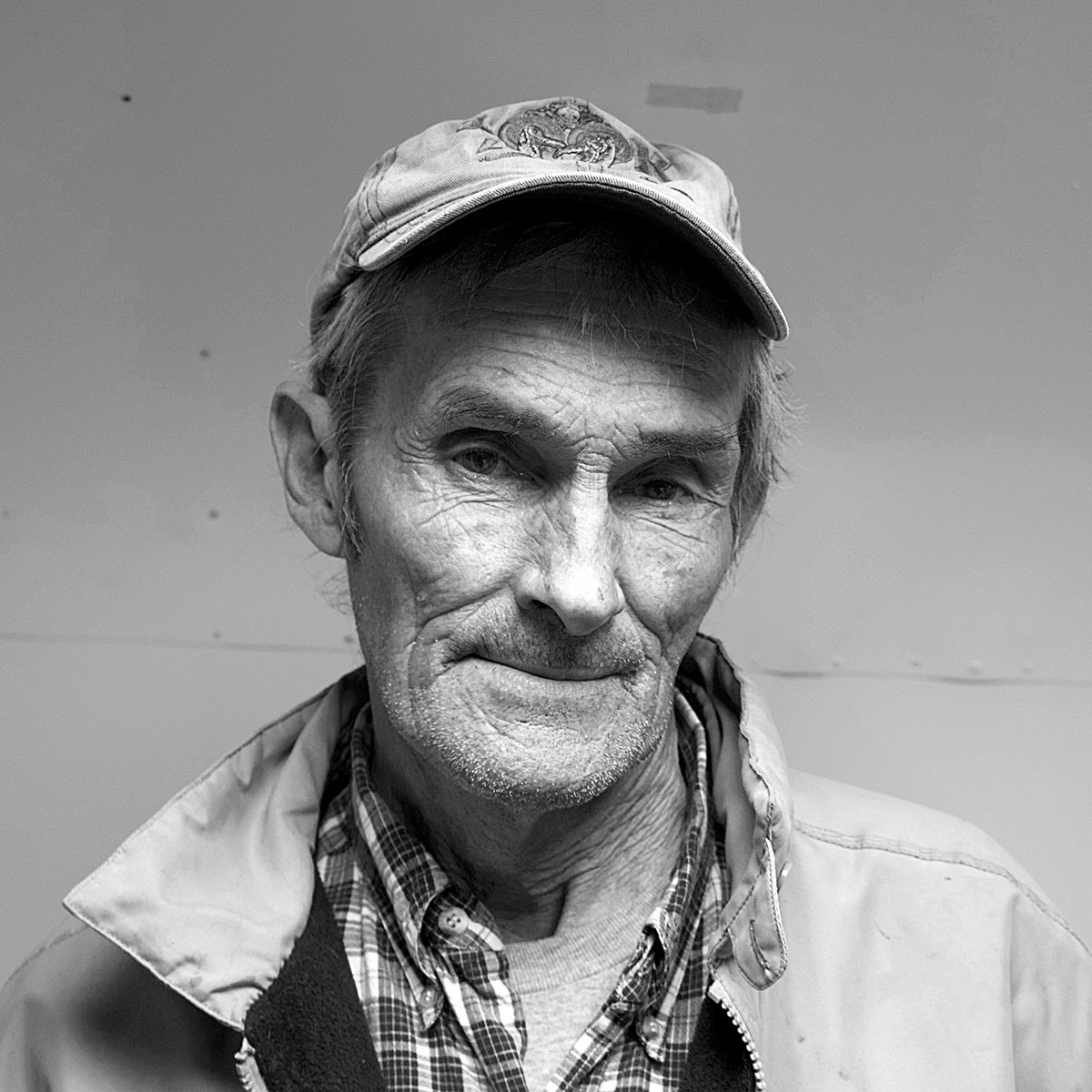
John Cox Jonesboro, Maine
John Cox, a clam manager in Jonesboro, ME, talks about how the Downeast Technical Institute was born out of a community effort to start a clam hatchery and then moves on to reflect on the impact of technology on fishing efficiency.
Interviewed by Galen Koch at the 2019 Maine Fishermen's Forum.
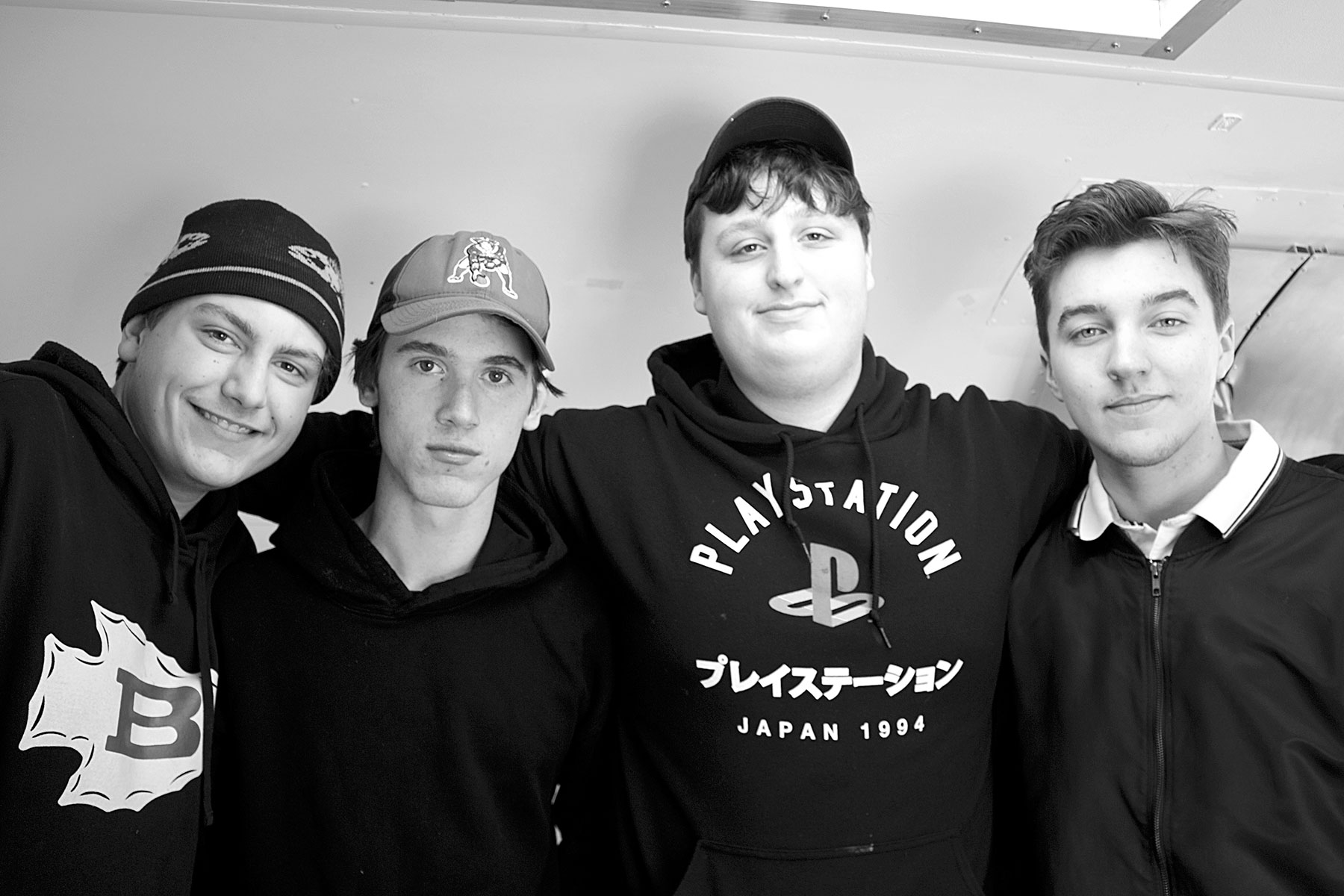
John Mitchell + Joseph Evangelista + Jamie Campbell + Steven Kenney
John Mitchell, Joey Evangelista, Jamie Campbell, and Steven Kenney are high school students from Mount Desert Island, ME, and commercial fishermen. In this interview, they talk about their excitement for groundfishing, their take on the upcoming whale regulations and bait crisis in the lobster industry.
Interviewed by Galen Koch and Giulia Cardoso at the 2019 Maine Fishermen's Forum.
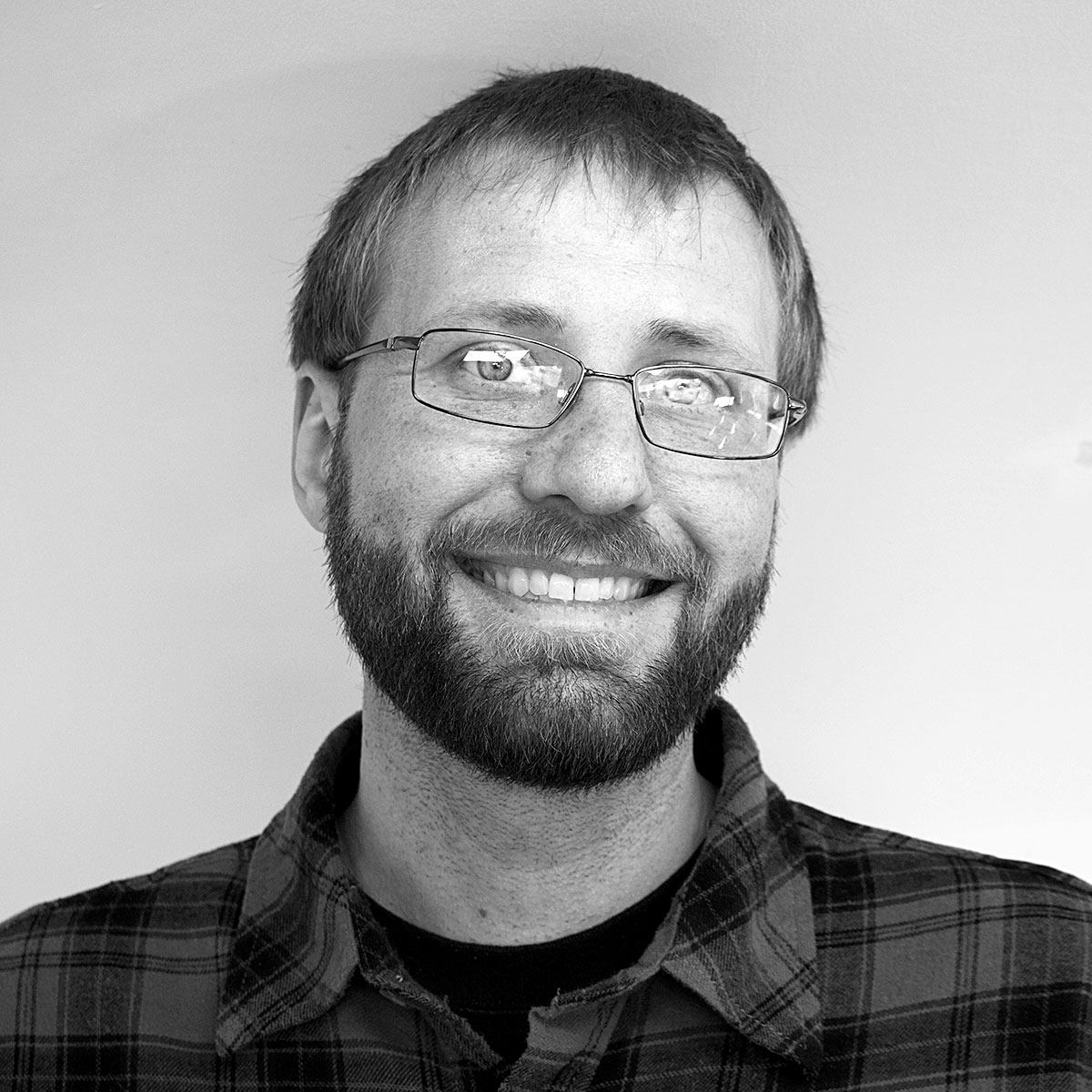
Kyle Pepperman Jonesboro, Maine
Kyle Pepperman, a marine biologist at the Downeast Institute (DEI), speaks about DEIʼs innovative work to support blue mussel aquaculture. Pepperman explains the process of getting blue mussels to spawn in the research hatchery and the history of DEIʼs involvement with this species. He also explains how his research work benefits mussel aqua- culture businesses.
Interviewed by Natalie Springuel and Eliza Oldach at the 2019 Maine Fishermen's Forum.
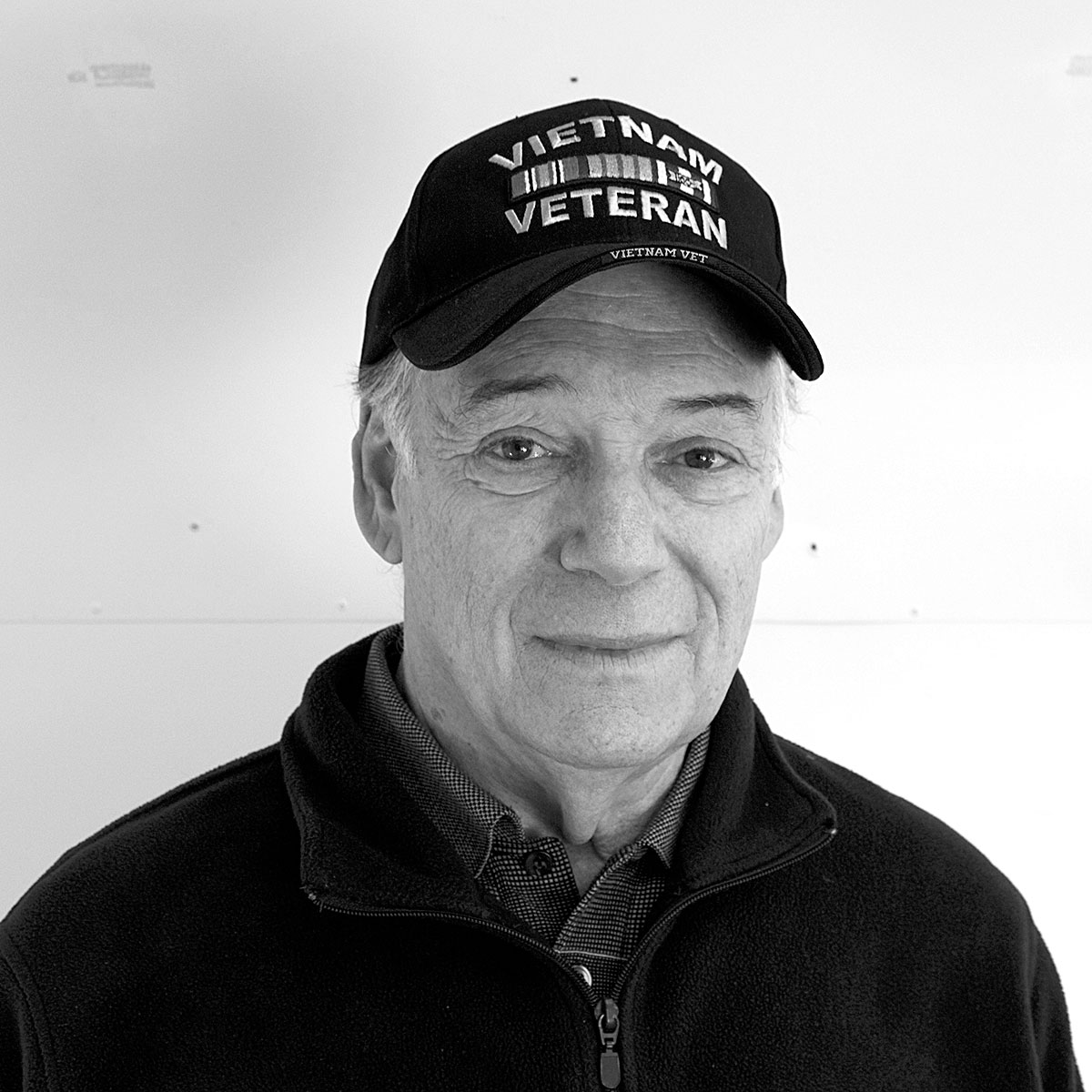
Marc Hoffman New York City, NY
Marc Hoffman talks about his work on the Atlantic States Fisheries Commission Advisory Panel for sea bass, carp and fluke. Hoffman focuses on how sea bass is connected to other species, such as lobsters and clams, which explains his support for a management style that addresses all fisheries rather than individual species.
Interviewed by Natalie Springuel and Corina Gribble at the 2019 Maine Fishermen's Forum.
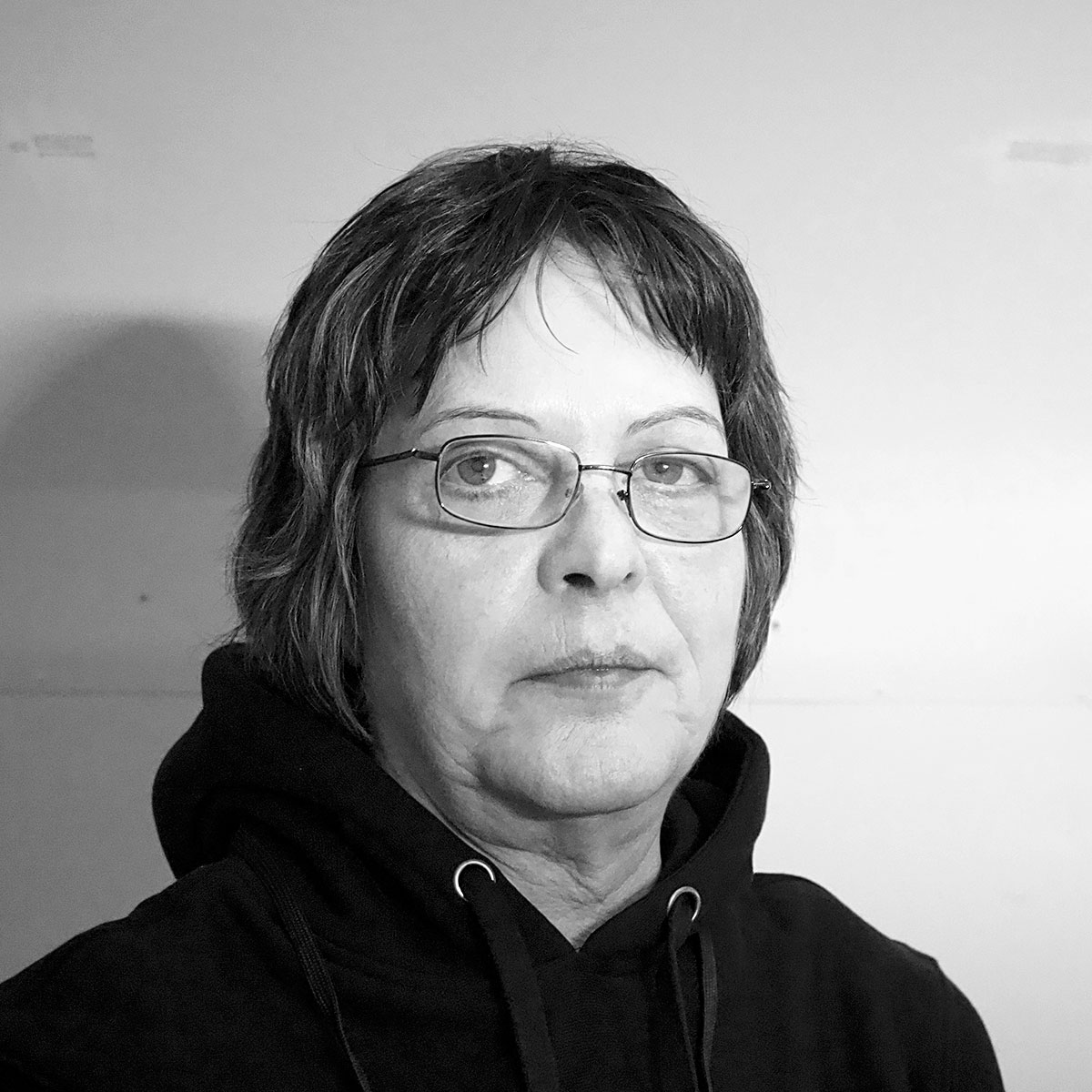
Mary Beth Tooley
Mary Beth Tooley, an employee for OʼHara Corporations, talks about the looming issue of bait shortage and how OʼHara is brainstorming solutions and preparing for changes. She talks about the companyʼs concern for their employees and crew members, the pressure they feel to find alternatives as one of the largest bait companies in the State, and how management is keeping a close eye on herring recruitment to adjust quotas.
Interviewed by Galen Koch at the 2019 Maine Fishermen's Forum.
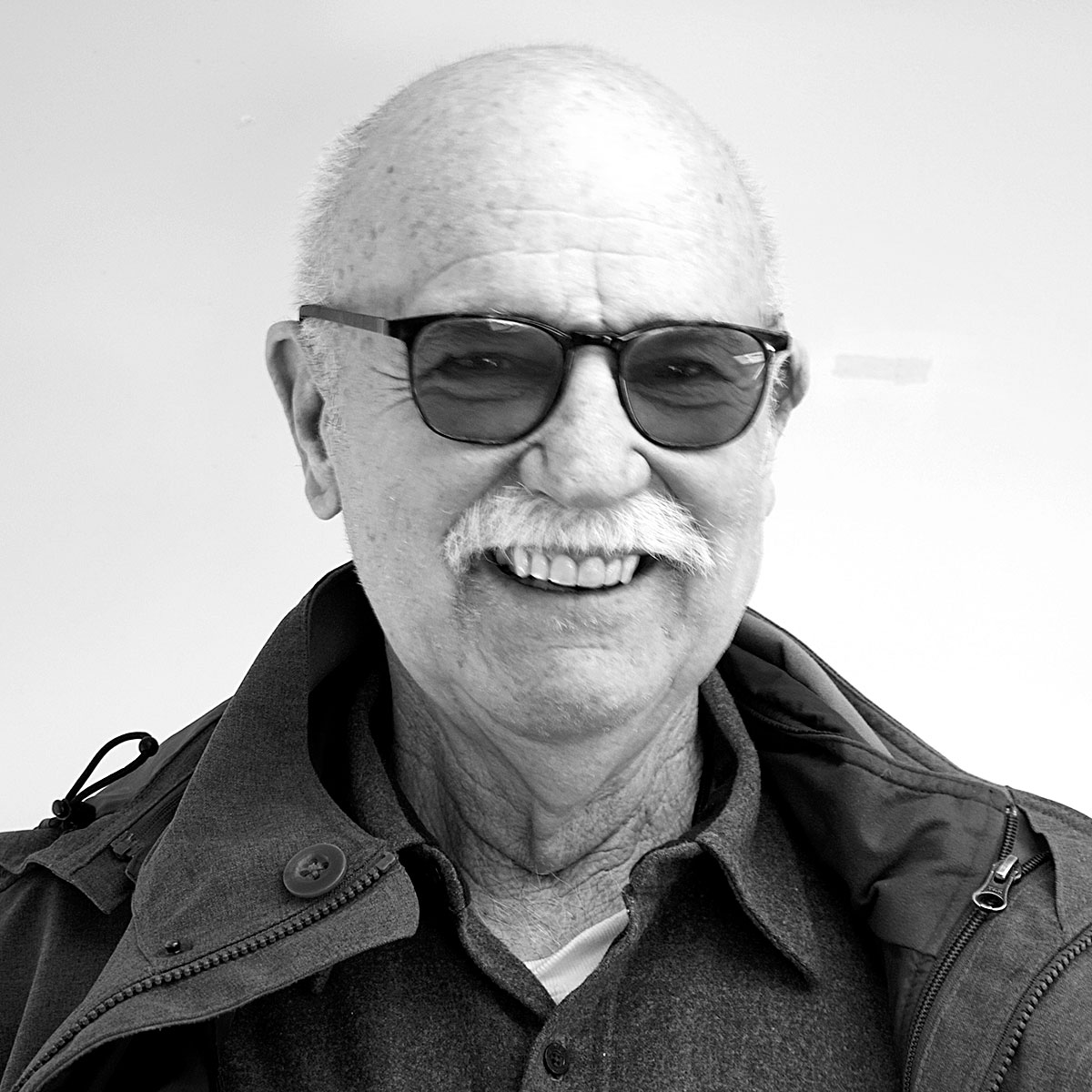
Mike Flanagan
With over 40 years of experience as a Merchant Marine Captain, Mike Flanagan wants to support young Mainers in pursuing a similar career path and building the skills necessary to work out at sea. In this interview, he explains how he is doing that by working with the Maine Ocean School and pushing for a discussion about drug use in the fishing community.
Interviewed by Natalie Springuel and Giulia Cardoso at the 2019 Maine Fishermen's Forum.
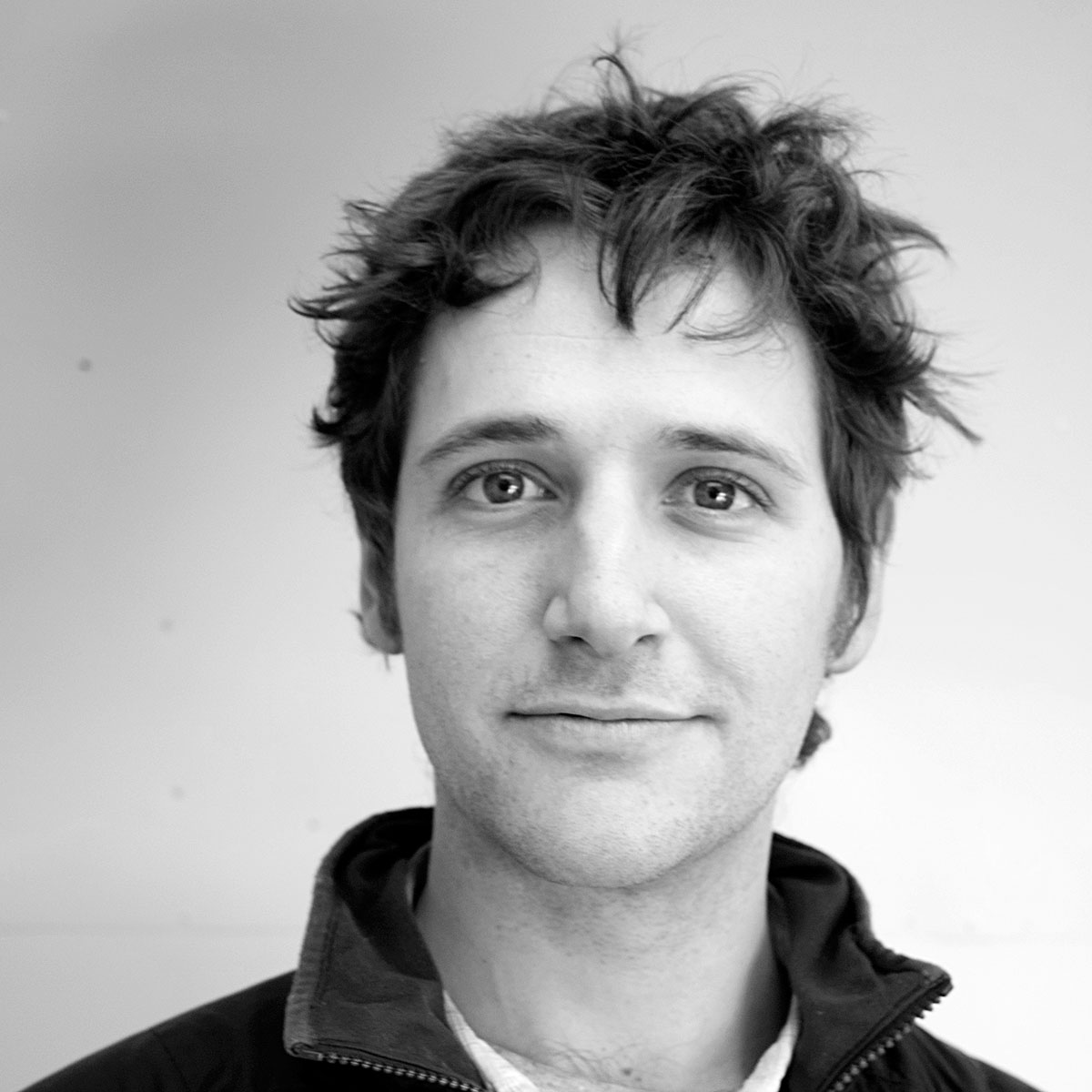
Parker Gassett Rockland, Maine
Parker Gassett, a University of Maine graduate student, talks about a values-based approach to science and citizen science, and describes his graduate work on getting water quality tools to community members along the coast of Maine. He explains why he thinks coastal communitiesʼ values and character will play a crucial role as they adapt to a changing environment.
Interviewed by Natalie Springuel and Giulia Cardoso at the 2019 Maine Fishermen's Forum.
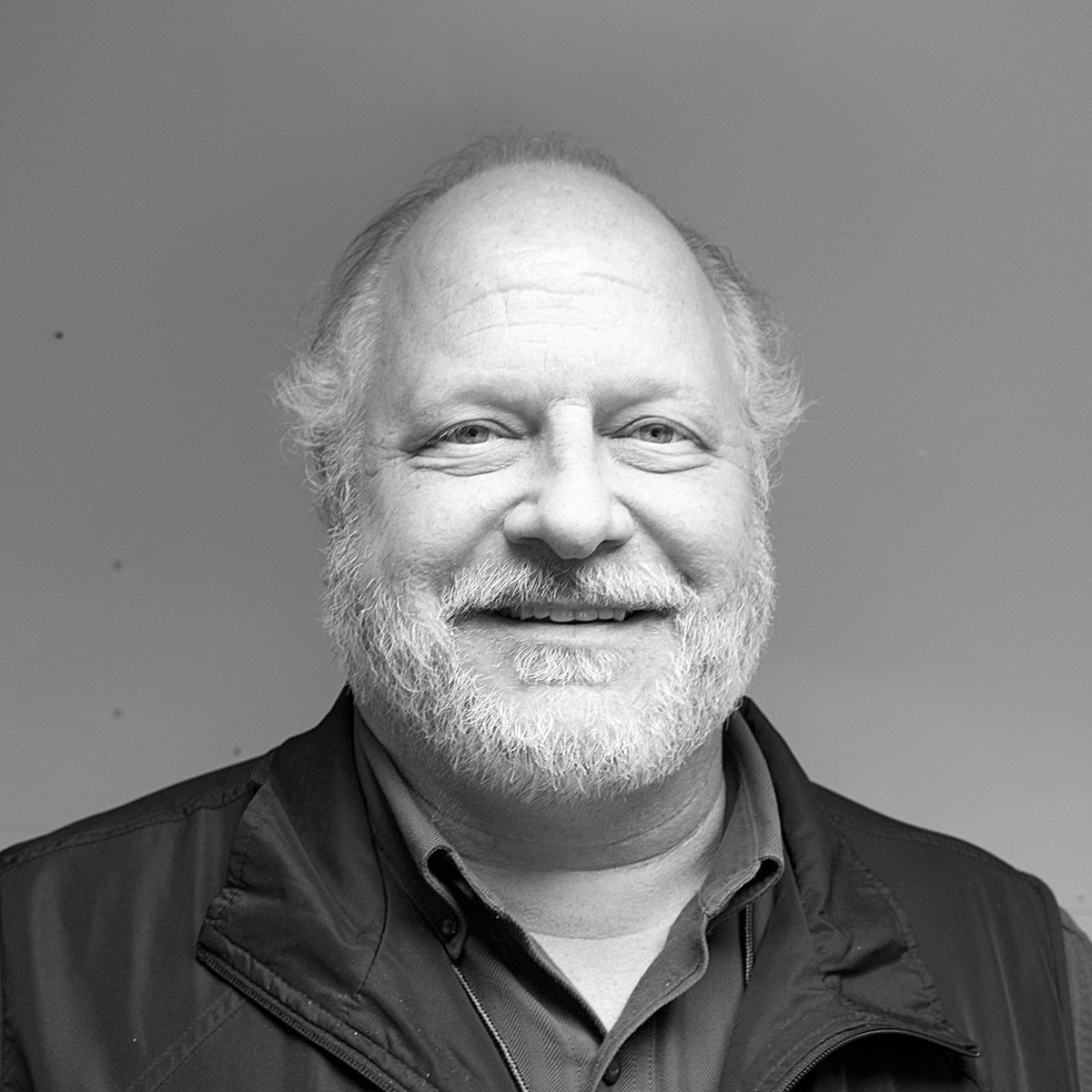
Paul Anderson Winterport, Maine
Paul Anderson, a scientist and executive director for the Maine Center for Coastal Fisheries, talks about the encouraging trend of collaboration between scientists and fishermen in Maine to develop ecosystem-based fisheries management, the importance of learning from fishermenʼs knowledge and observations and the necessity to integrate aquaculture into the larger Gulf of Maine ecosystem.
Interviewed by Galen Koch and Griffin Pollock at the 2019 Maine Fishermen's Forum.
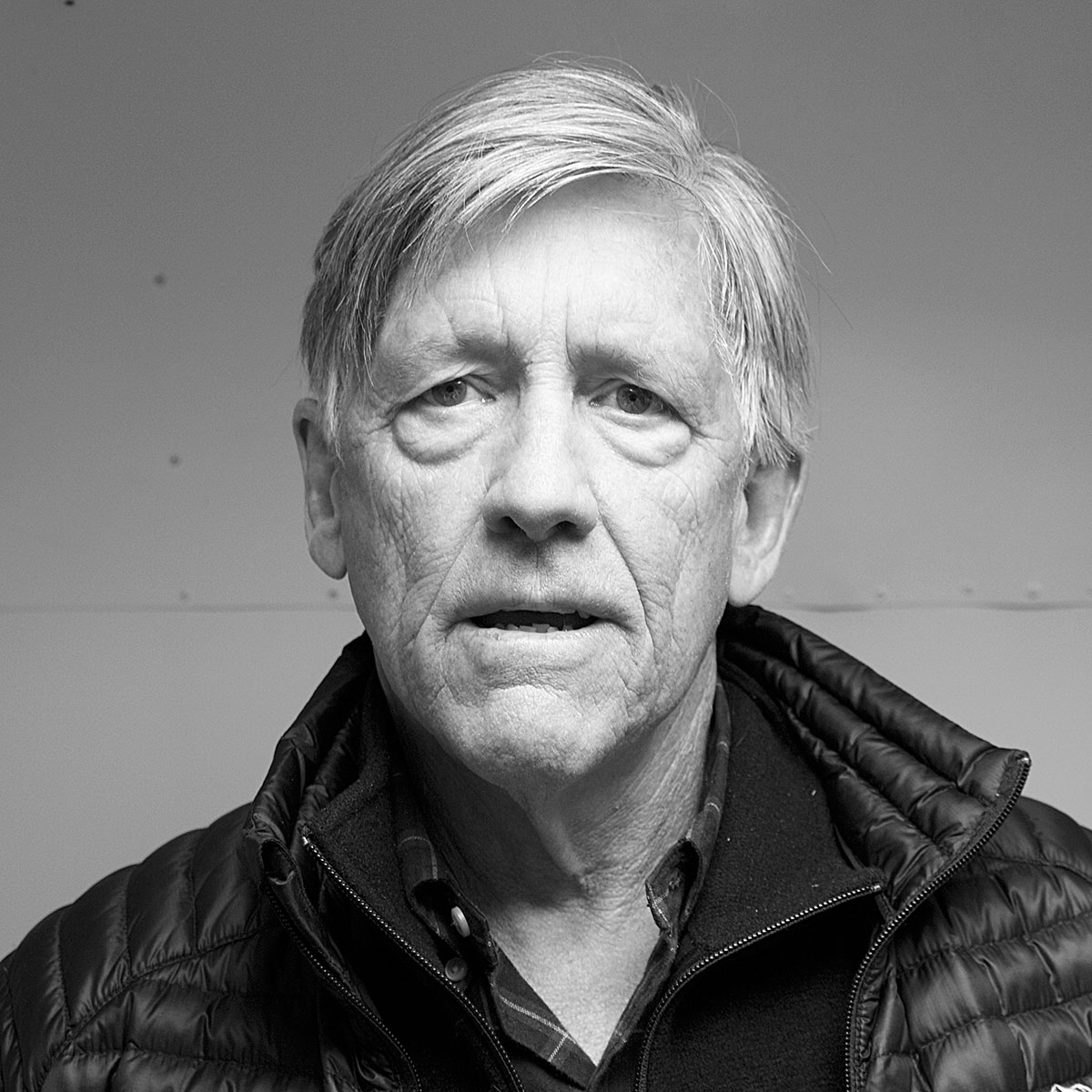
Phillip Conkling
Philip Conkling, co-founder and former president of the Island Institute, describes how Maine coastal communities have become increasingly reliant on the lobster fishery, and what threats this poses to their survival. He recollects one of the first successful collaboration between the Island Institute and local lobstermen, which grew to become the current Sea Sampling Program.
Interviewed by Matt Frassica and Giulia Cardoso at the 2019 Maine Fishermen's Forum.
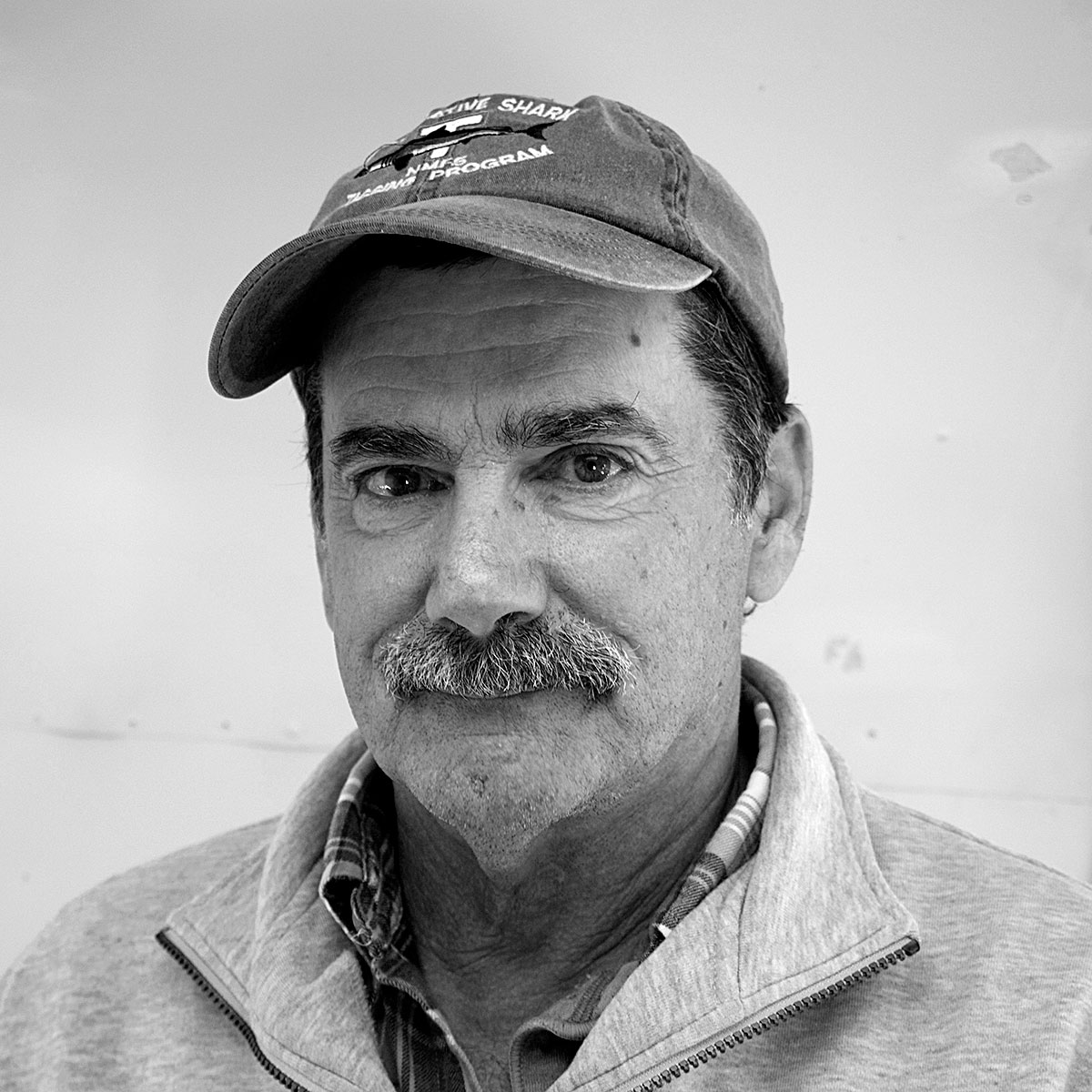
Rodman Sykes Point Judith, RI
Rodman Sykes, a commercial fisherman from Point Judith, RI, shares his concern for the lower levels of interest and involvement the younger generations seem to have in commercial fishing. He recounts a few reasons that could explain the shift in interest, and then moves on to explain how he got involved in the Fishermenʼs Forum.
Interviewed by Galen Koch and Corina Gribble at the 2019 Maine Fishermen's Forum.
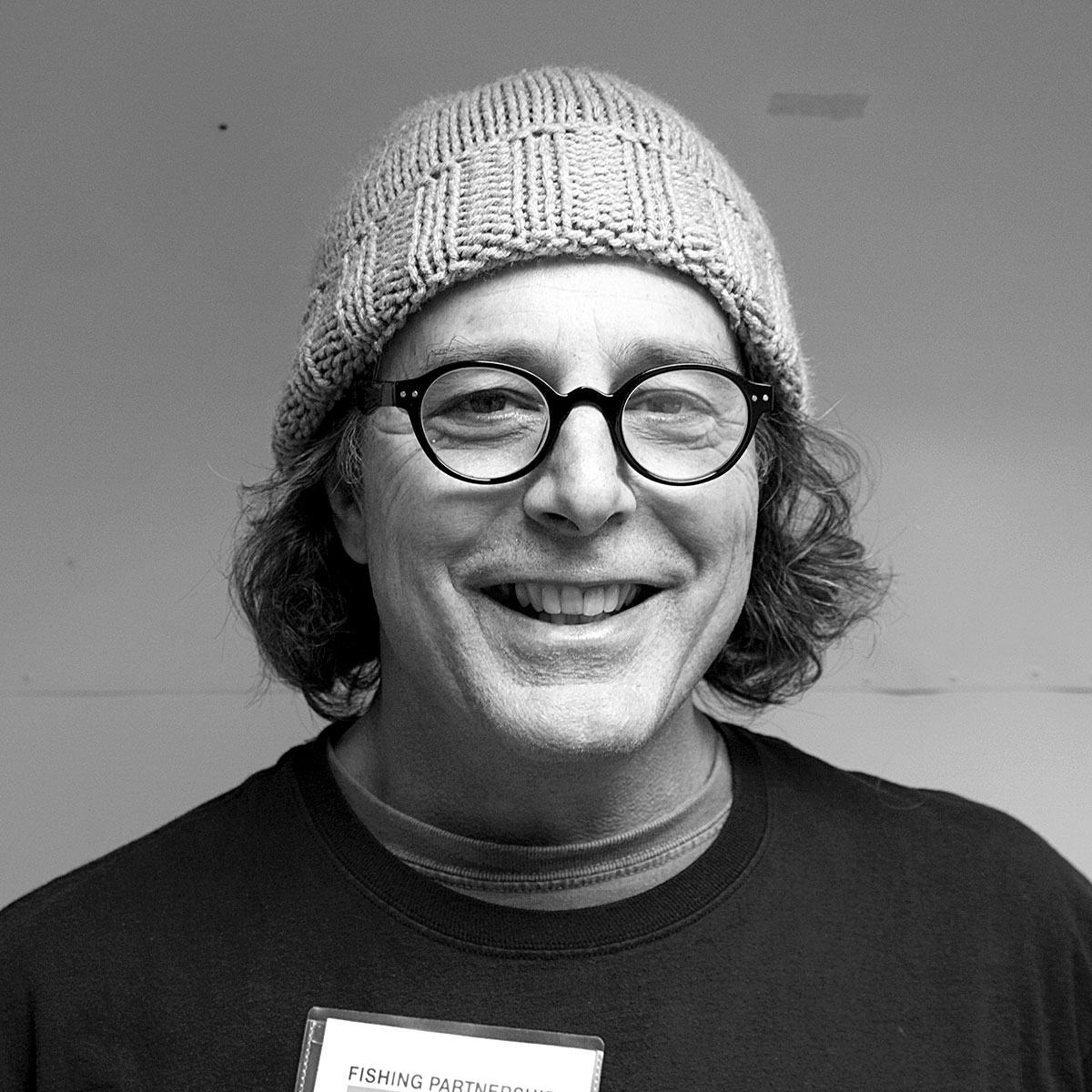
Russell Kingman Chatham, MA
Russell Kingman, a weir fisherman and fisheries advocate, discusses how he got started in weir fishing after meeting his wife Shannon and the changes in the species he has been seeing in his nets due to climate change. He also talks about the consequences of waterfront gentrification and his emotional connection with his community and his coastline.
Interviewed by Matt Frassica at the 2019 Maine Fishermen's Forum.
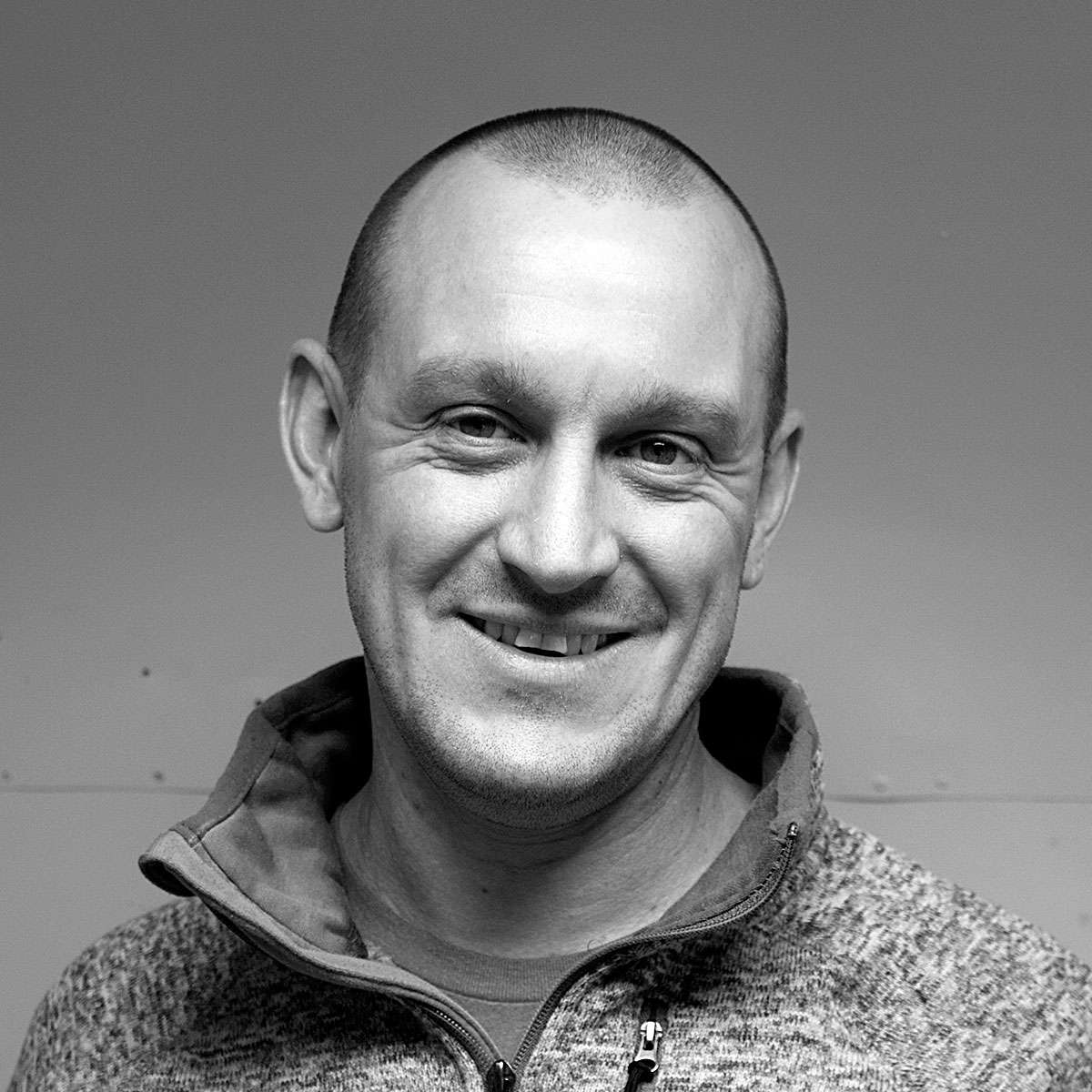
Sam Belknap Damariscotta, Maine
Sam Belknap, a Community Development Officer at the Island Institute, talks about his interests in the anthropology of climate change and how encouraging it has been to work alongside coastal communities and lobster fishermen preparing for climate change.
Interviewed by Matt Frassica at the 2019 Maine Fishermen's Forum.
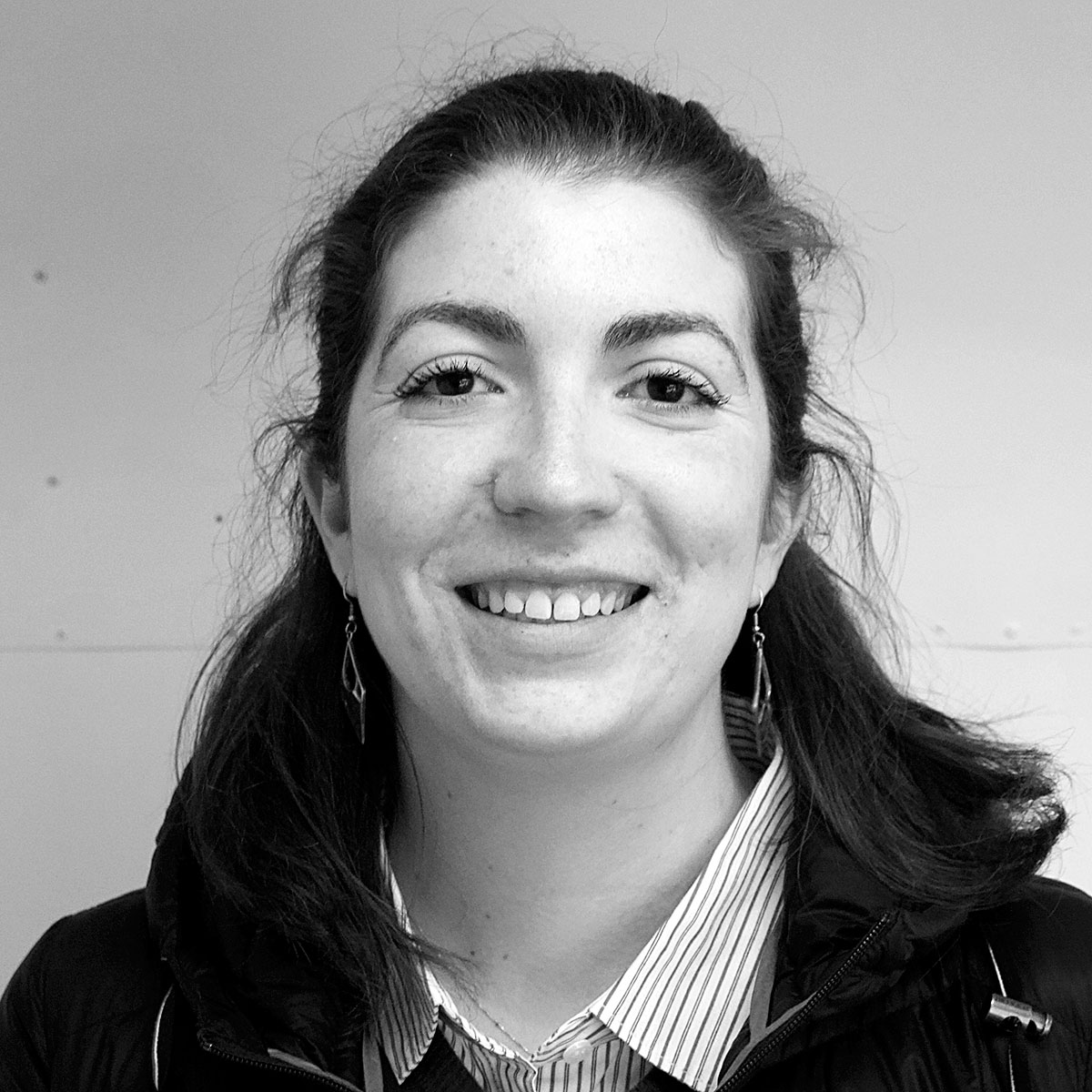
Sarah Madronal
Sarah Madronal, a fisheries biologist from working with the Downeast Salmon Federation and other environmental groups, talks about her love for Downeast Maine and the beauty of the communities she works in. Madronal shares her joy in working on education projects that engage local residents and help them connect more deeply with their own backyard.
Interviewed by Matt Frassica at the 2019 Maine Fishermen's Forum.
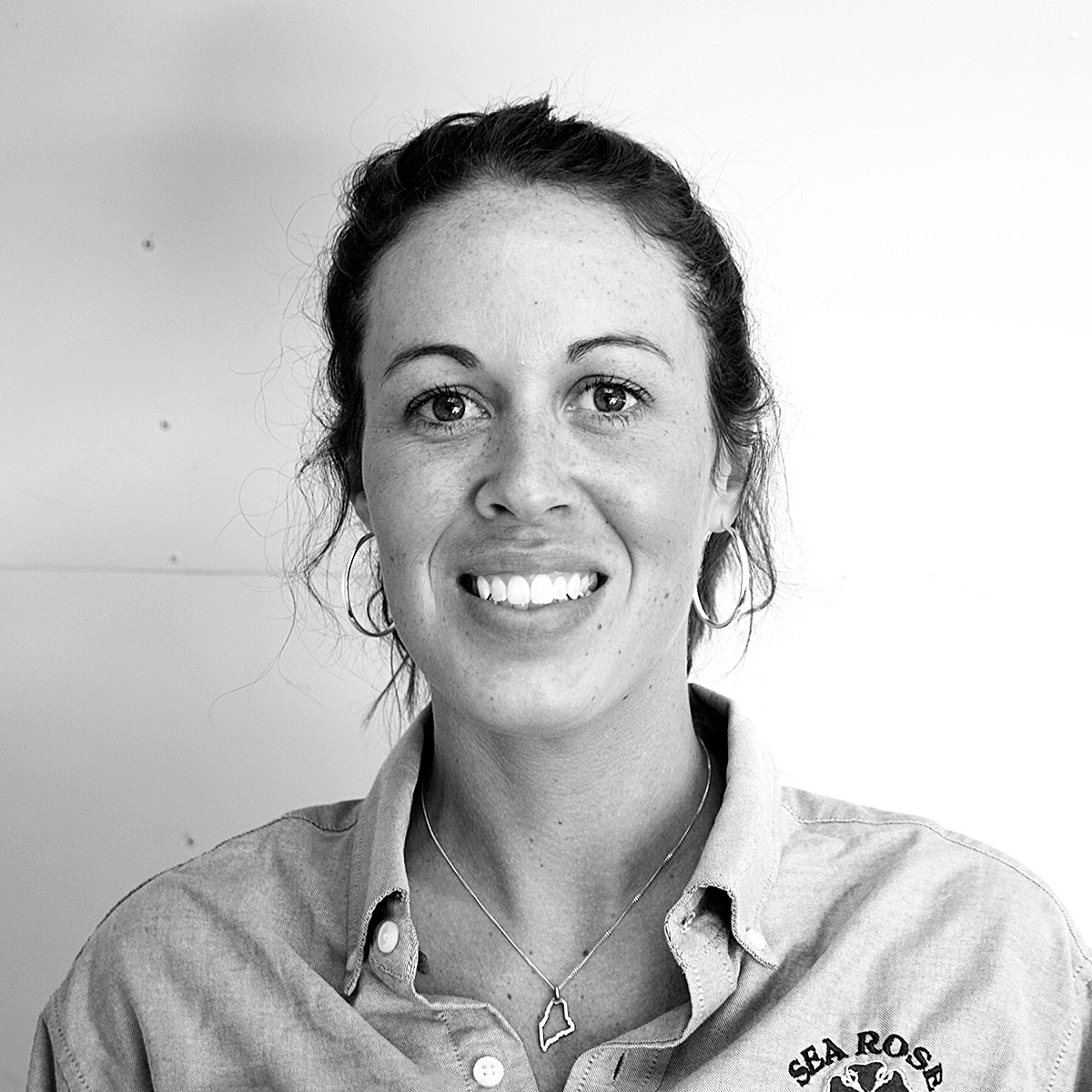
Sonya Corbett Cutler, Maine
Sonya Corbett, a trap-maker with Sea Rose Trap Company, speaks about her past as a sternman, being a woman lobstering, her transition to trap-making and how the looming whale regulations will affect the industry beyond fishermen alone. Throughout the interview, Corbett shares her love for the fishery and the lobstering community.
Interviewed by Natalie Springuel and Eliza Oldach at the 2019 Maine Fishermen's Forum.
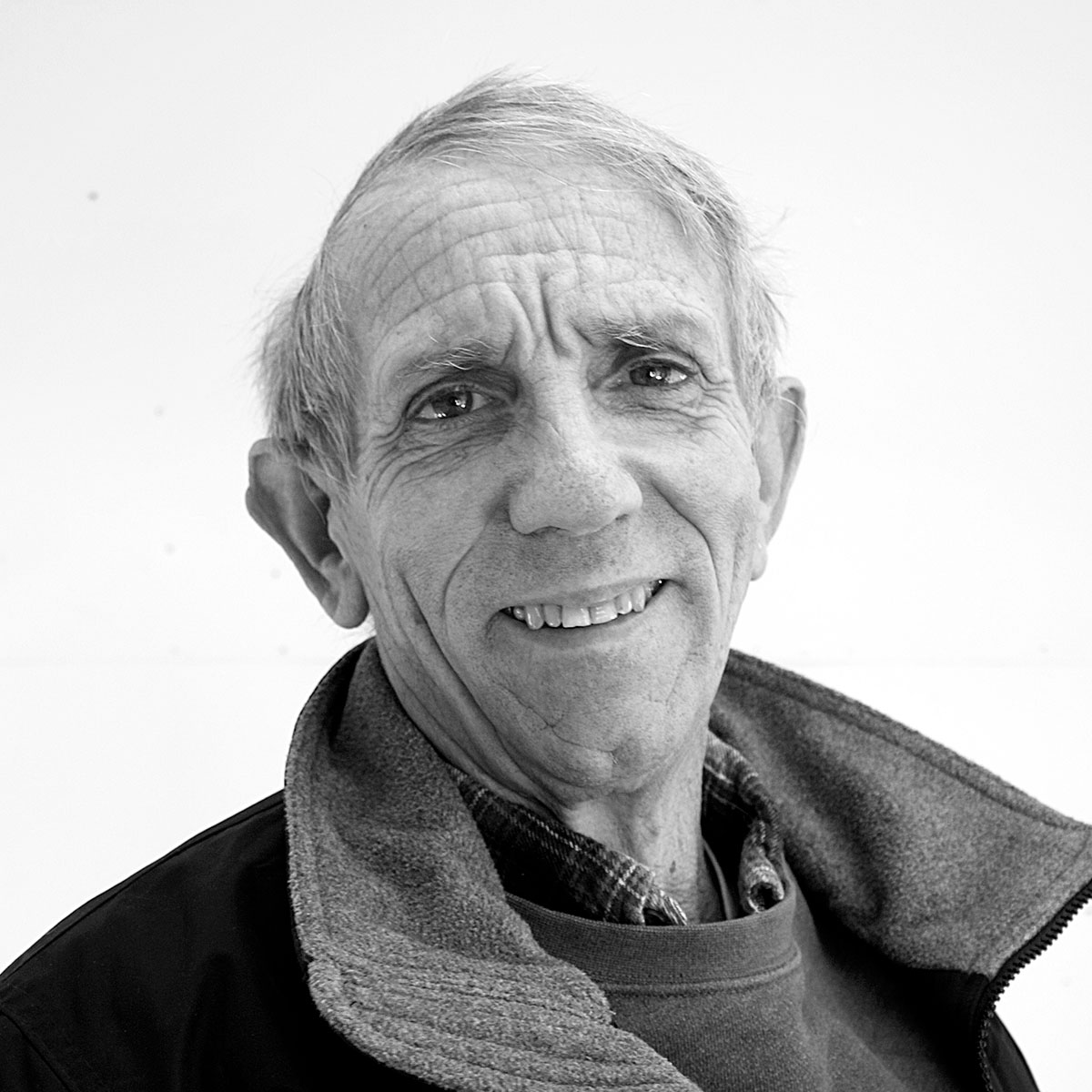
Steve Burns Bar Harbor, Maine
Steve Burns, a lobsterman, shares his memories from a life on the water - from the time spent on the boat with his crew, to building his own gear with his wife and learning to respect the older fisher- men as a young guy starting out.
Interviewed by Giulia Cardoso and Natalie Springuel at the 2019 Maine Fishermen's Forum.
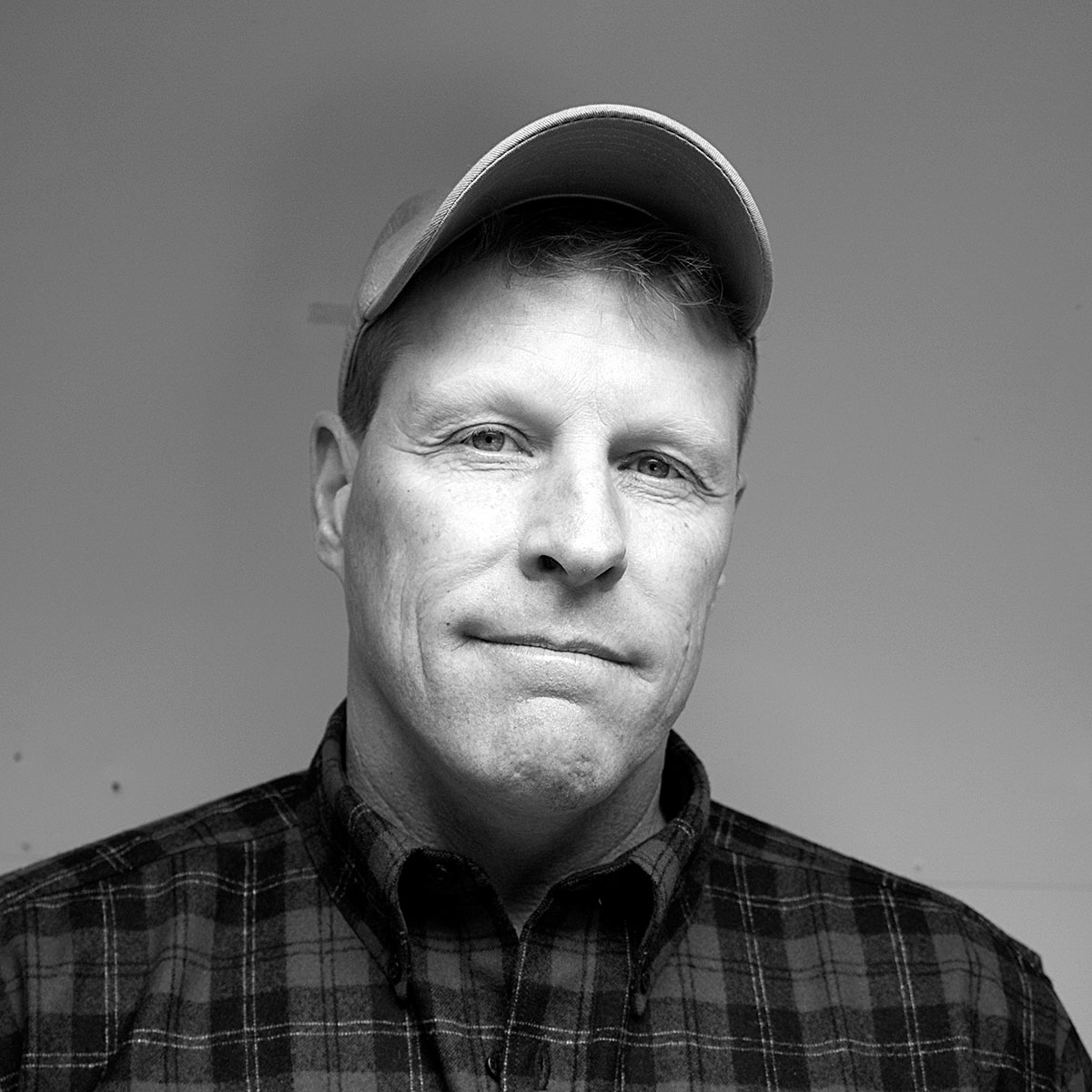
Tim Sheehan Pembroke, Maine
Tim Sheehan a former teacher, co-founded Gulf of Maine, Inc., a shell- fish wholesaler. He talks about the innovative techniques he and his wife have used to recruit diggers and grow the company and focuses on the difficulties faced by Native American diggers in Downeast Maine.
Interviewed by Galen Koch at the 2019 Maine Fishermen's Forum.
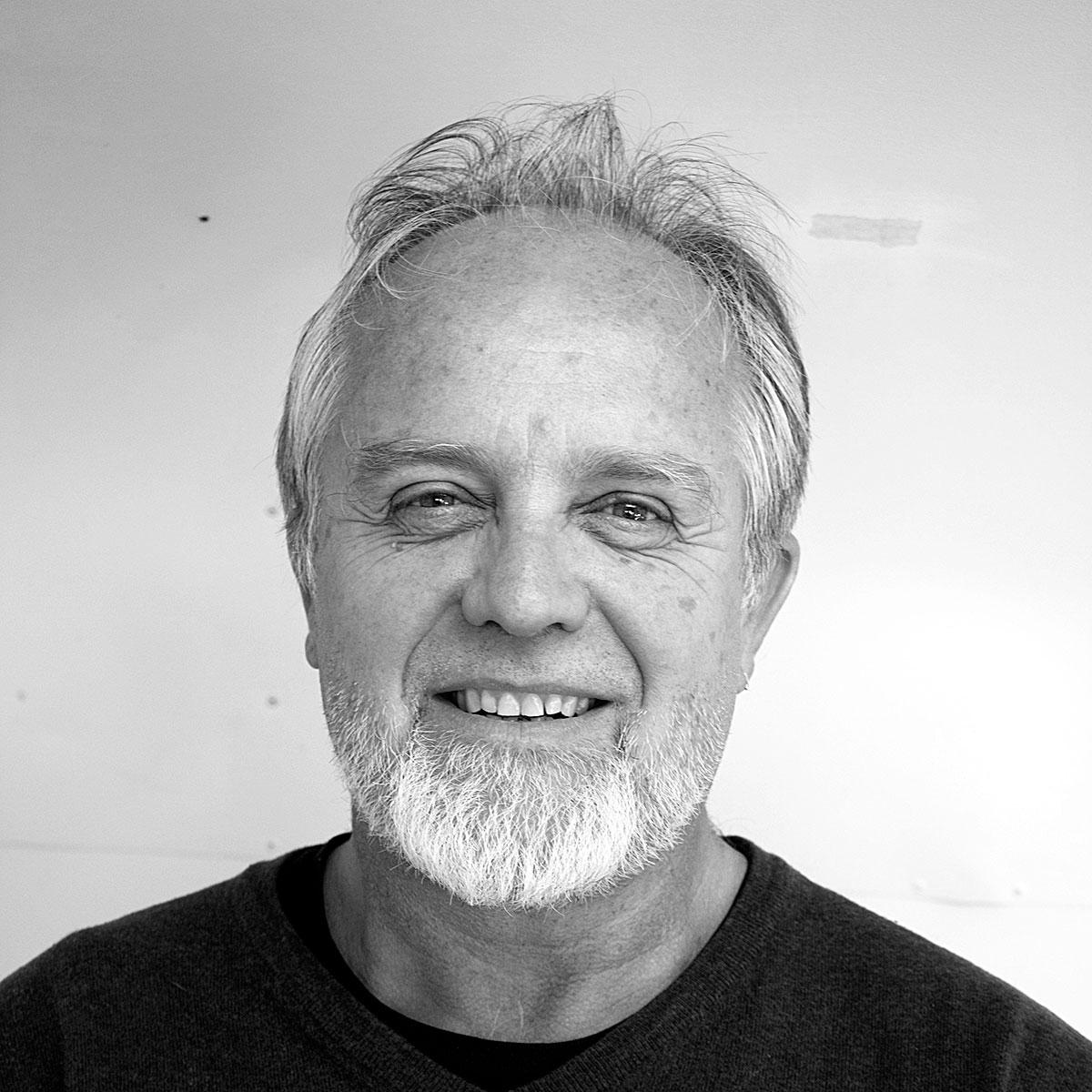
Toby Stephenson Ellsworth, Maine
Toby Stephenson, a boat captain for College of the Atlantic, talks about his current role supporting the research students conduct at the Collegeʼs field stations on Great Duck Island and Mount Desert Rock, which include botany, seagull research, whale research and drone surveys.
Interviewed by Galen Koch at the 2019 Maine Fishermen's Forum.
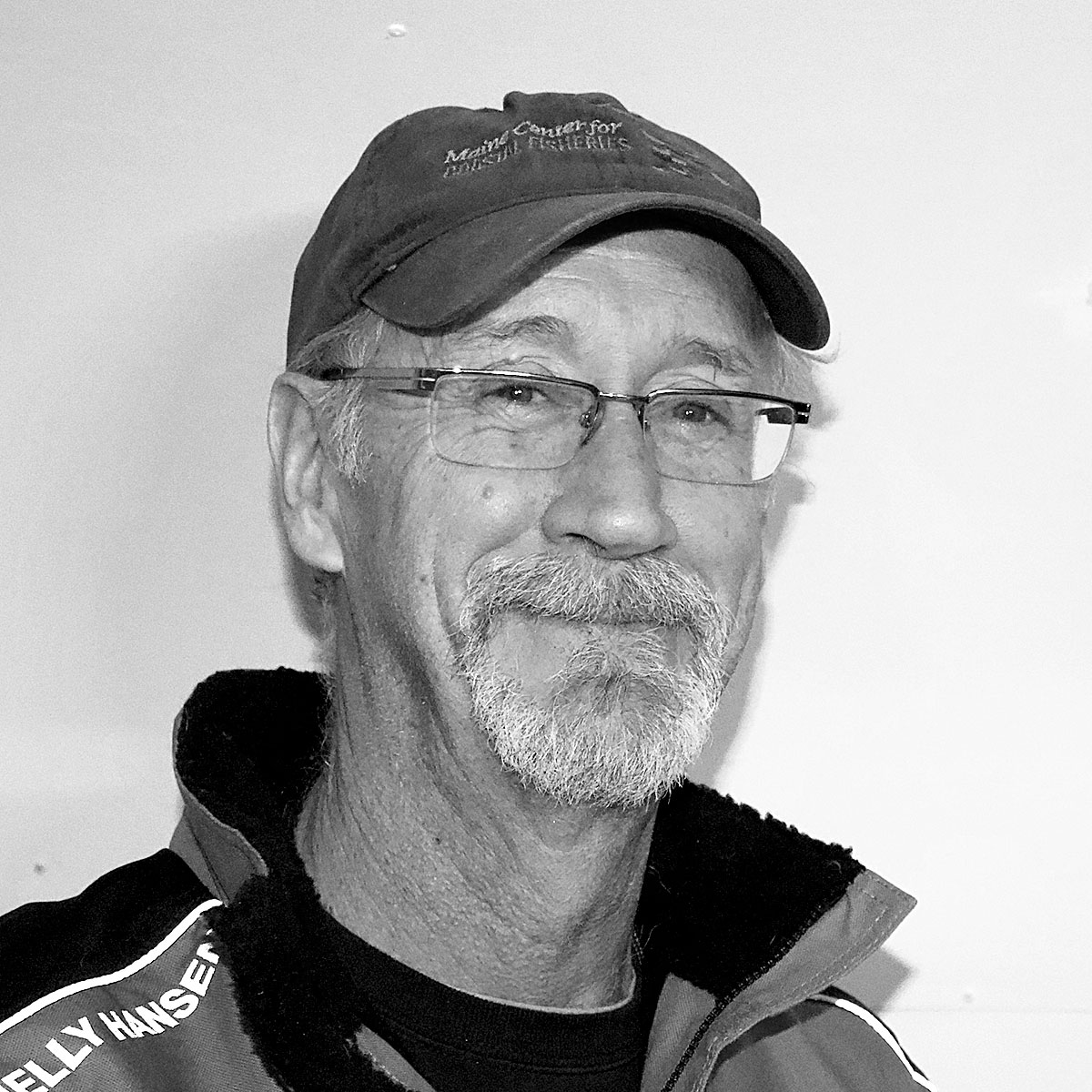
Tom Duym
Tom Duym talks about his journey from growing up in the family boat- yard to taking over the Marine Trades program at the Deer Isle - Stonington High School. He recounts a field trip to Iceland he organized in the early 2000s and reflects on the significance of such an experience for high school students.
Interviewed by Galen Koch and Giulia Cardoso at the 2019 Maine Fishermen's Forum.
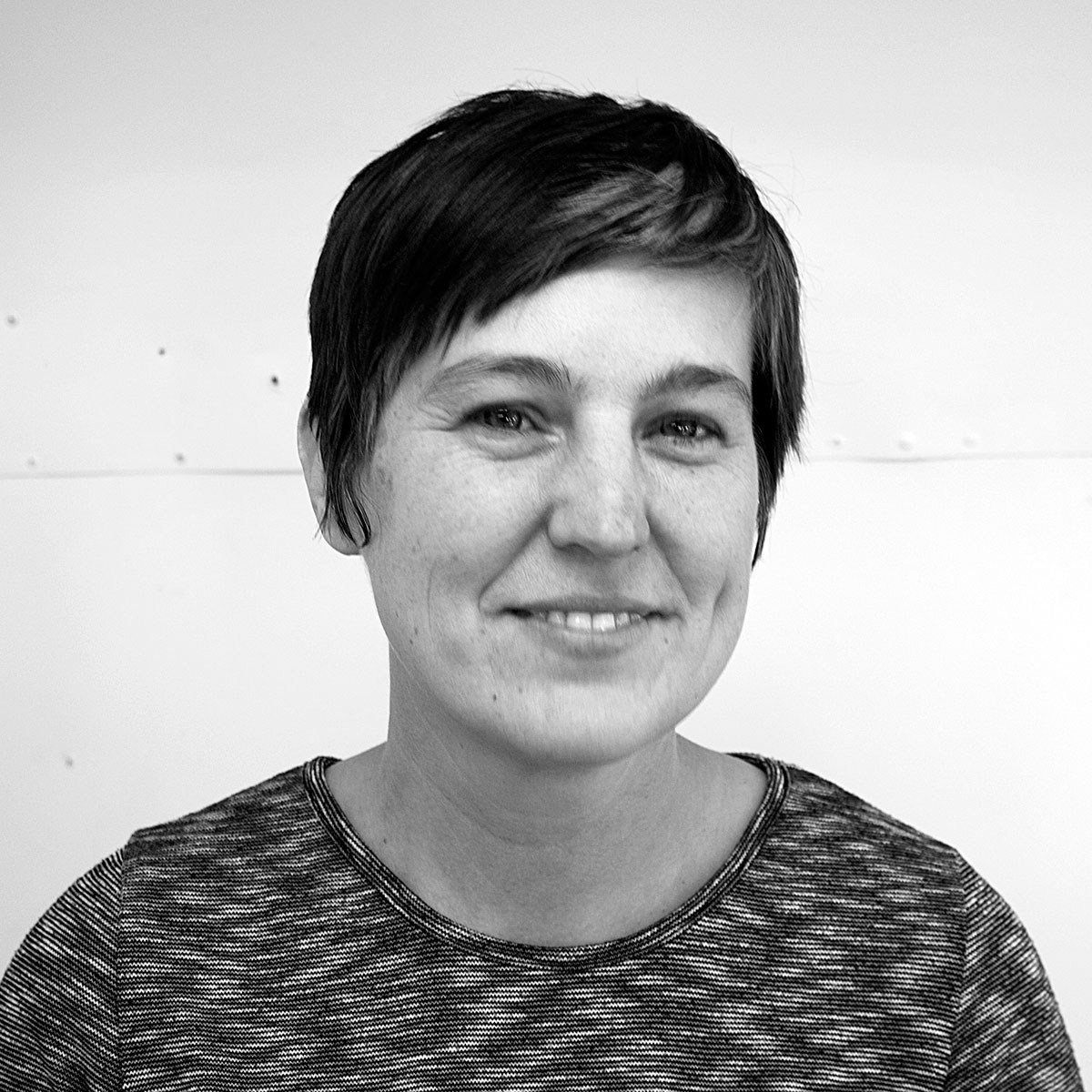
Valerie Peacock Bar Harbor, Maine
Valerie Peacock, an education consultant and former head of the Eastern Maine Skippers Program, speaks about how she came to love the ocean and fishing communities, her background working in the fishing communities of Bar Harbor, and her hopes for the future of the Maine coast.
Interviewed by Natalie Springuel and Eliza Oldach at the 2019 Maine Fishermen's Forum.

